LOEB50
How we honored and celebrated the first half century of fellowship
Reunion Weekend Photo Gallery
Nearly 200 Loebs, affiliates and friends of the Fellowship gathered in Cambridge in early October to celebrate our 50th anniversary.
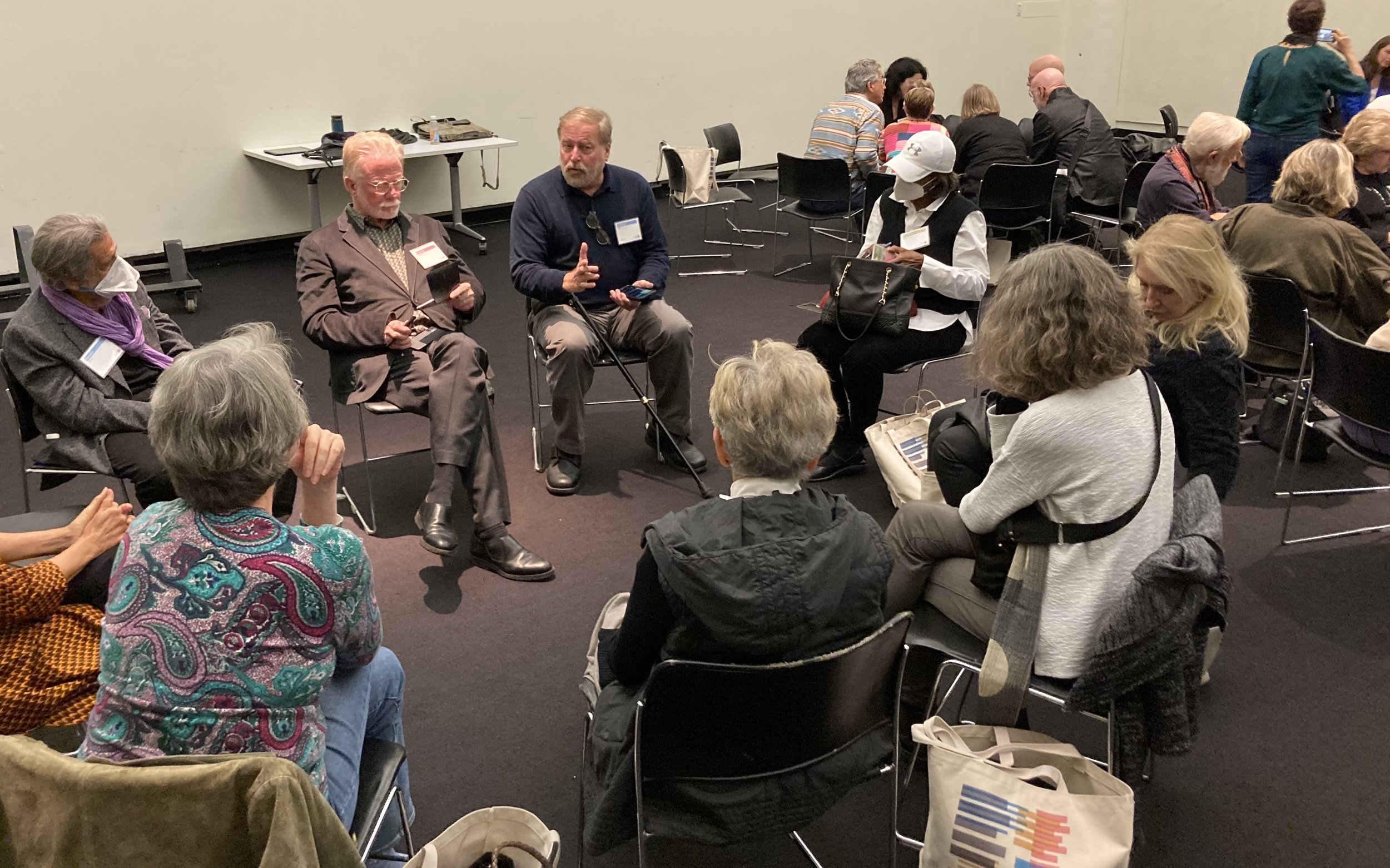
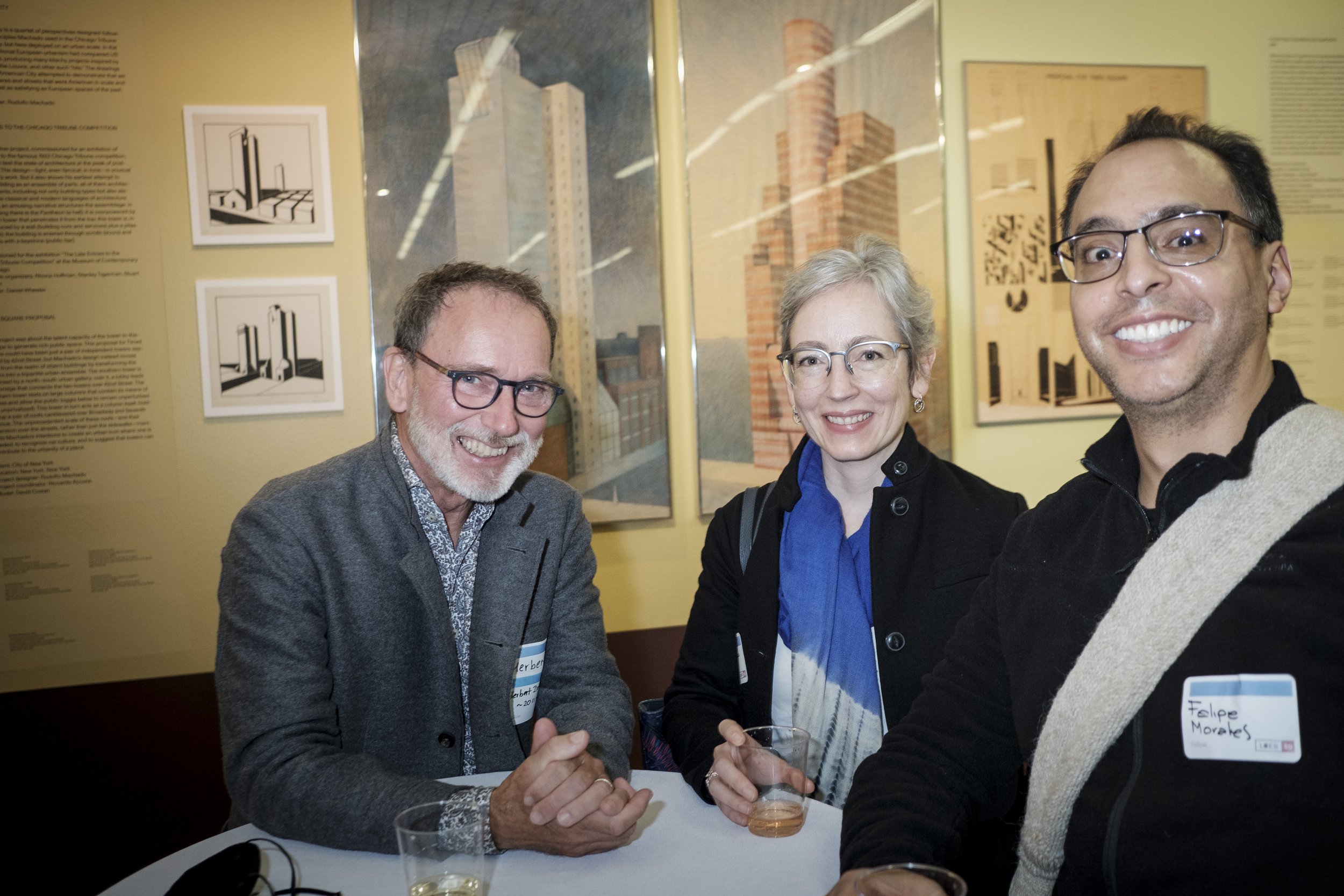



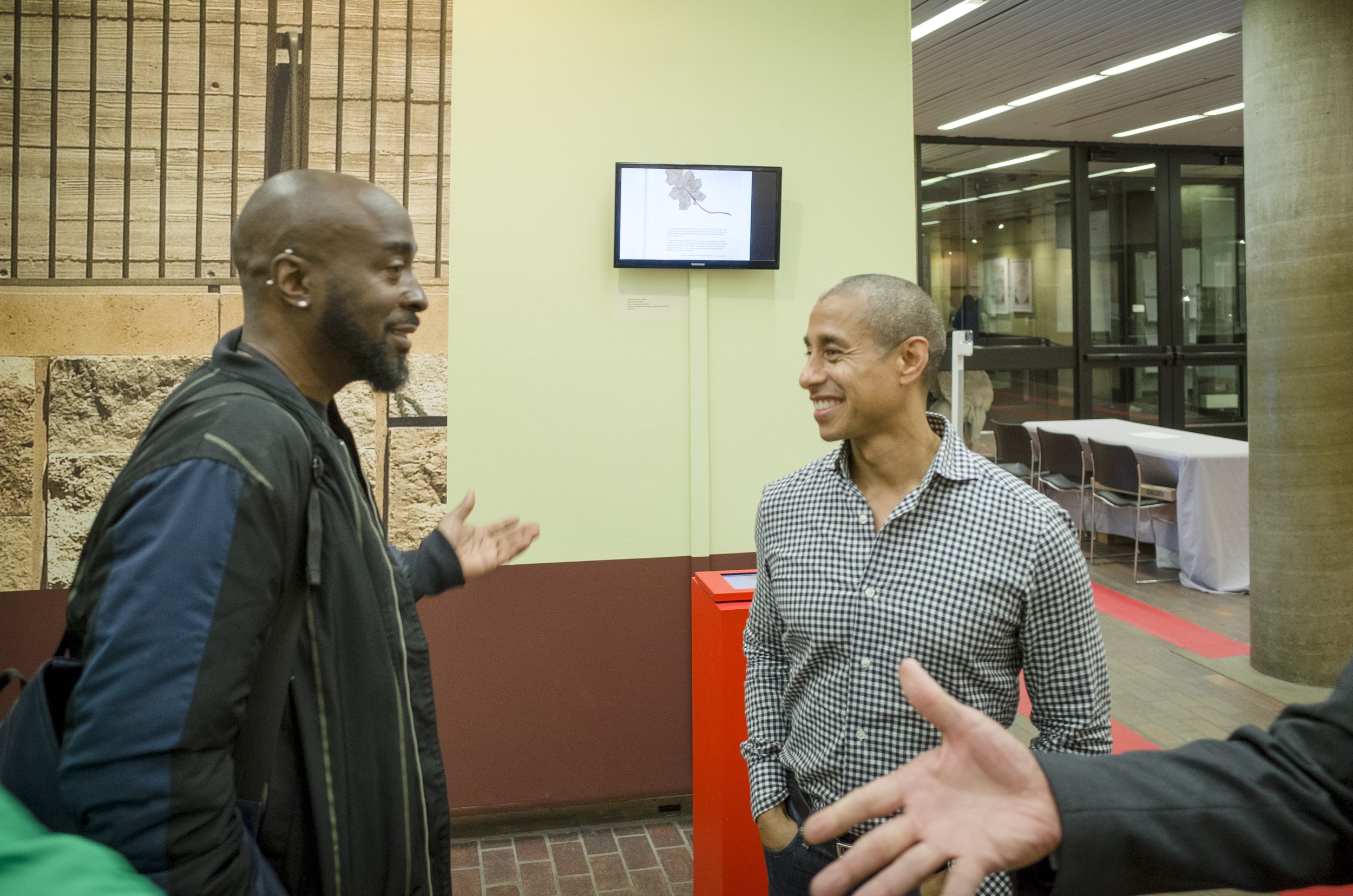

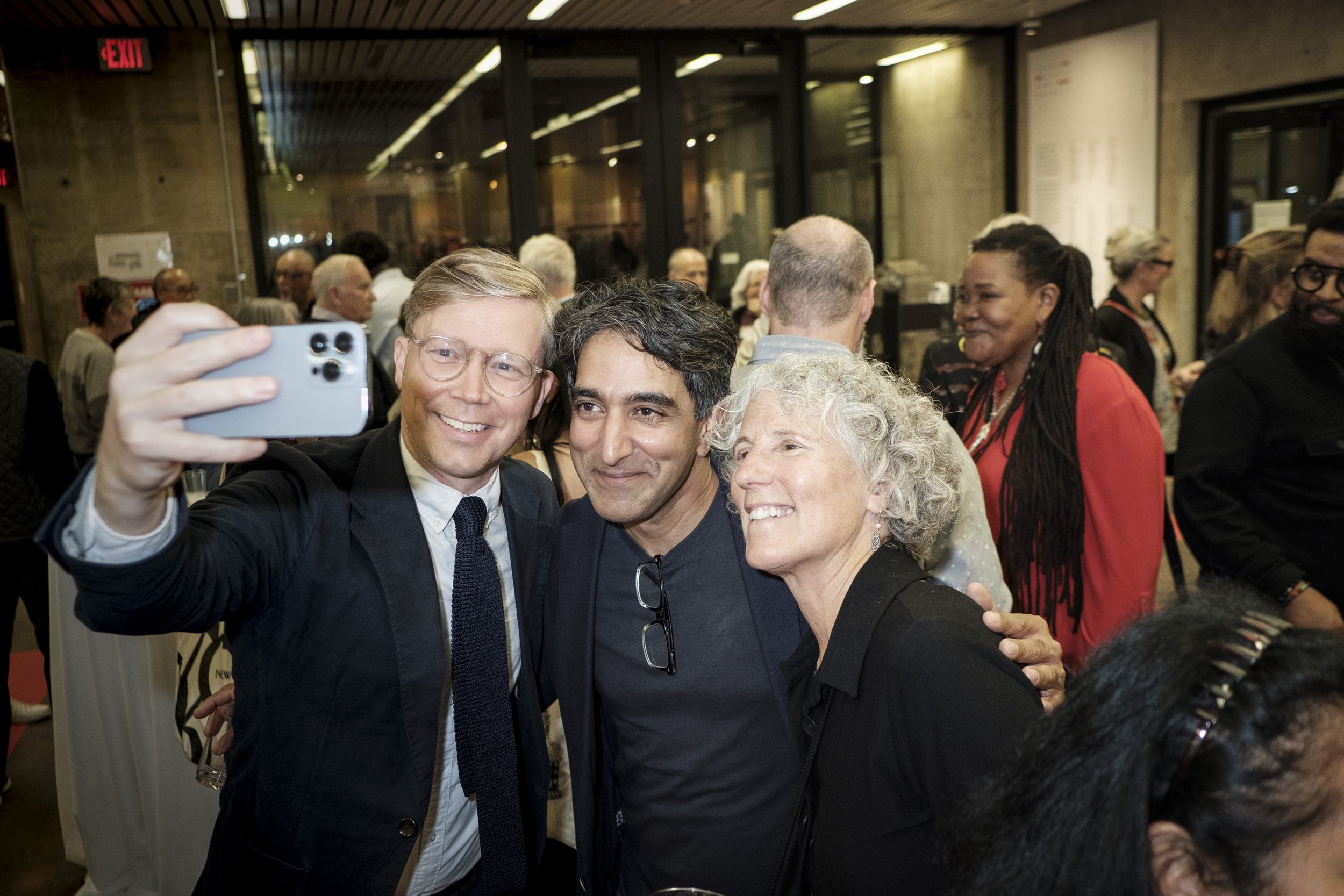
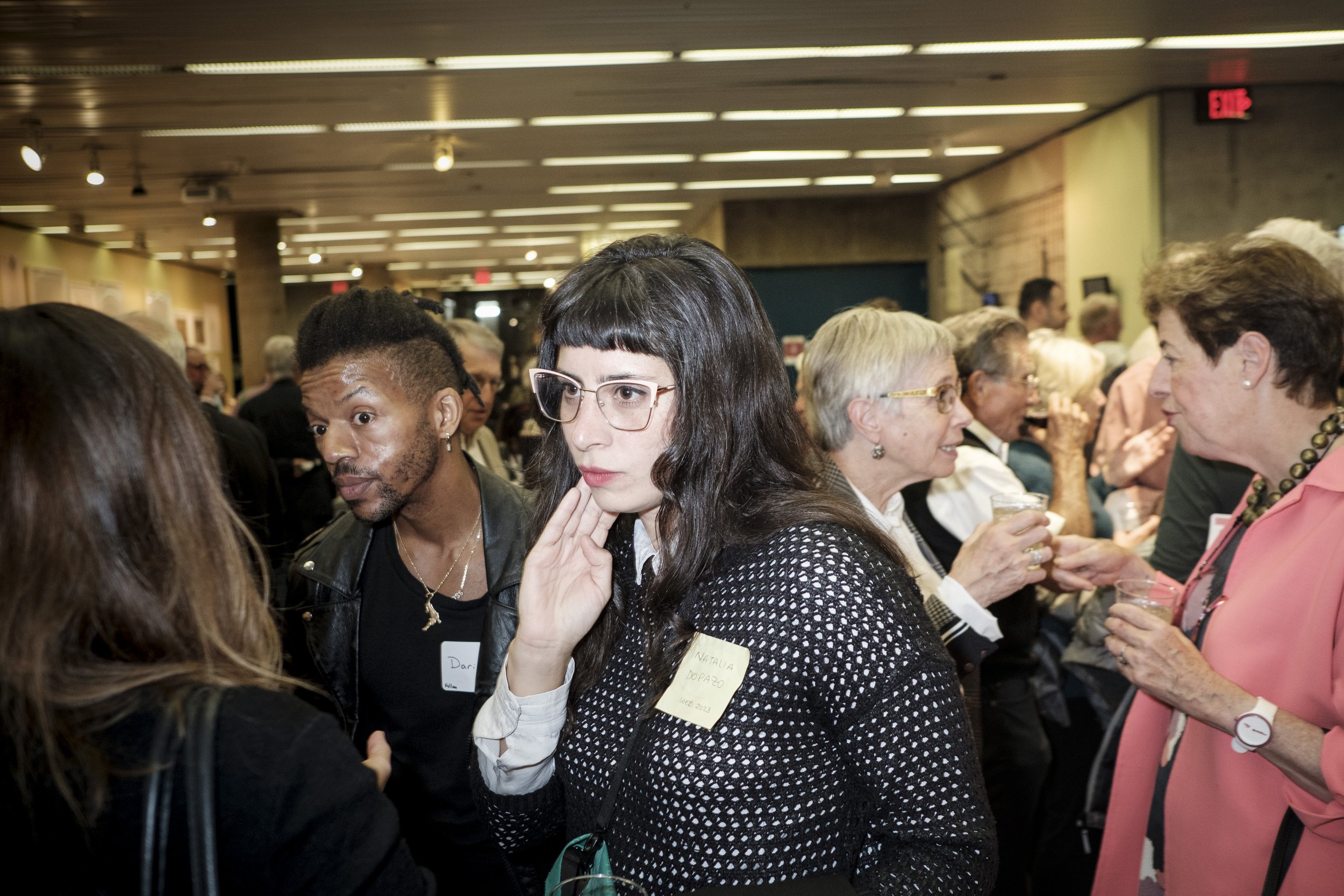
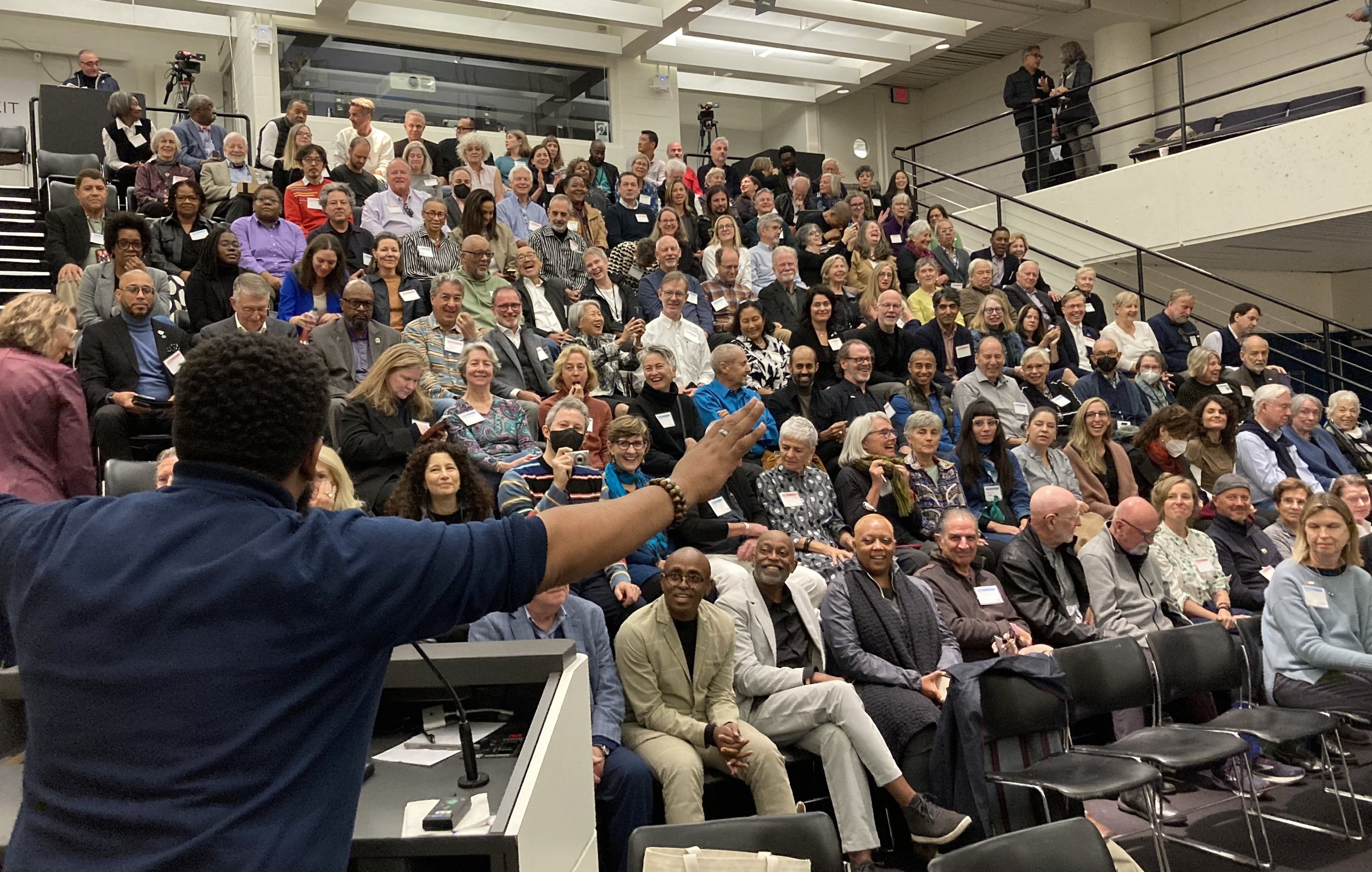

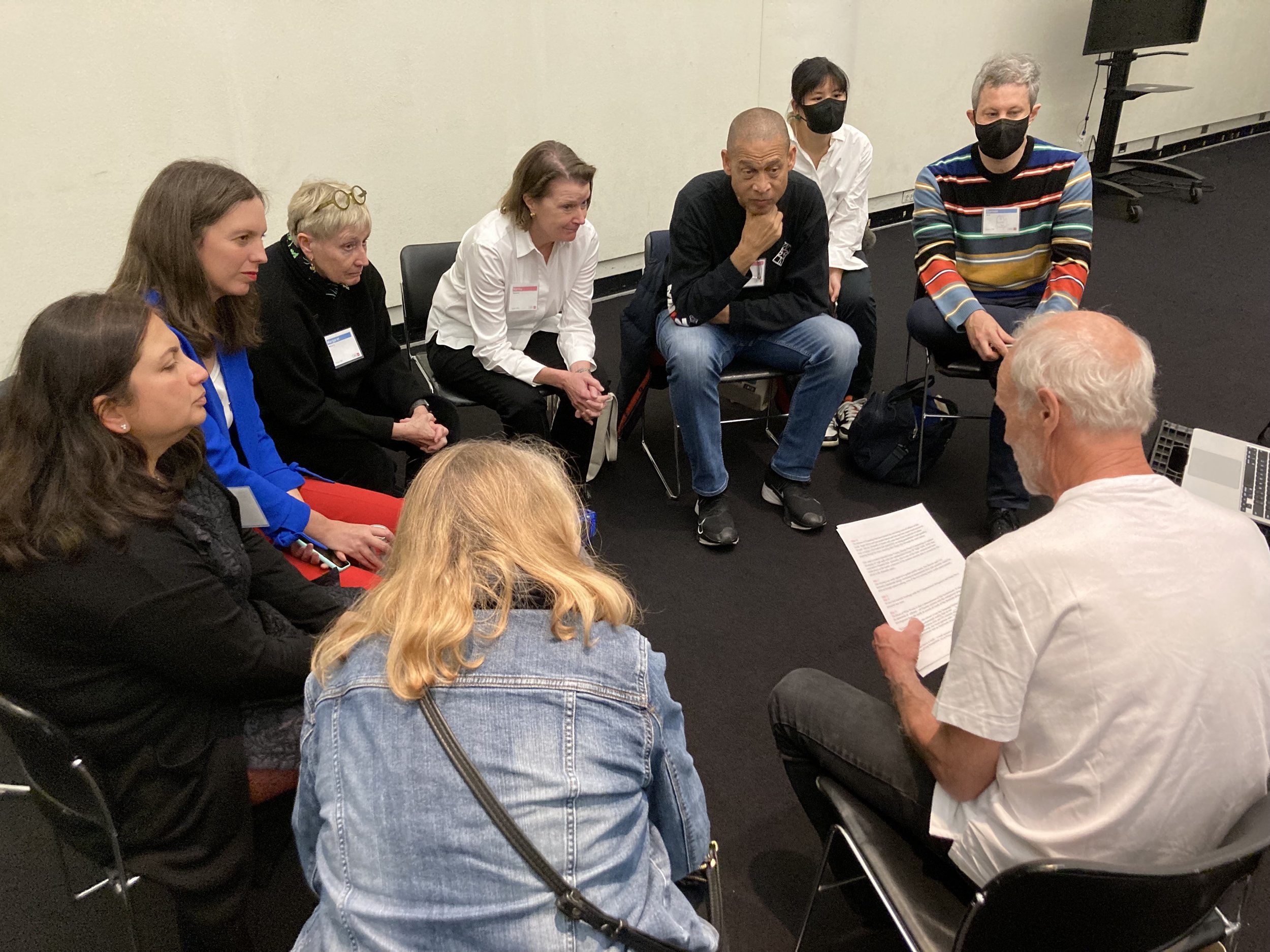
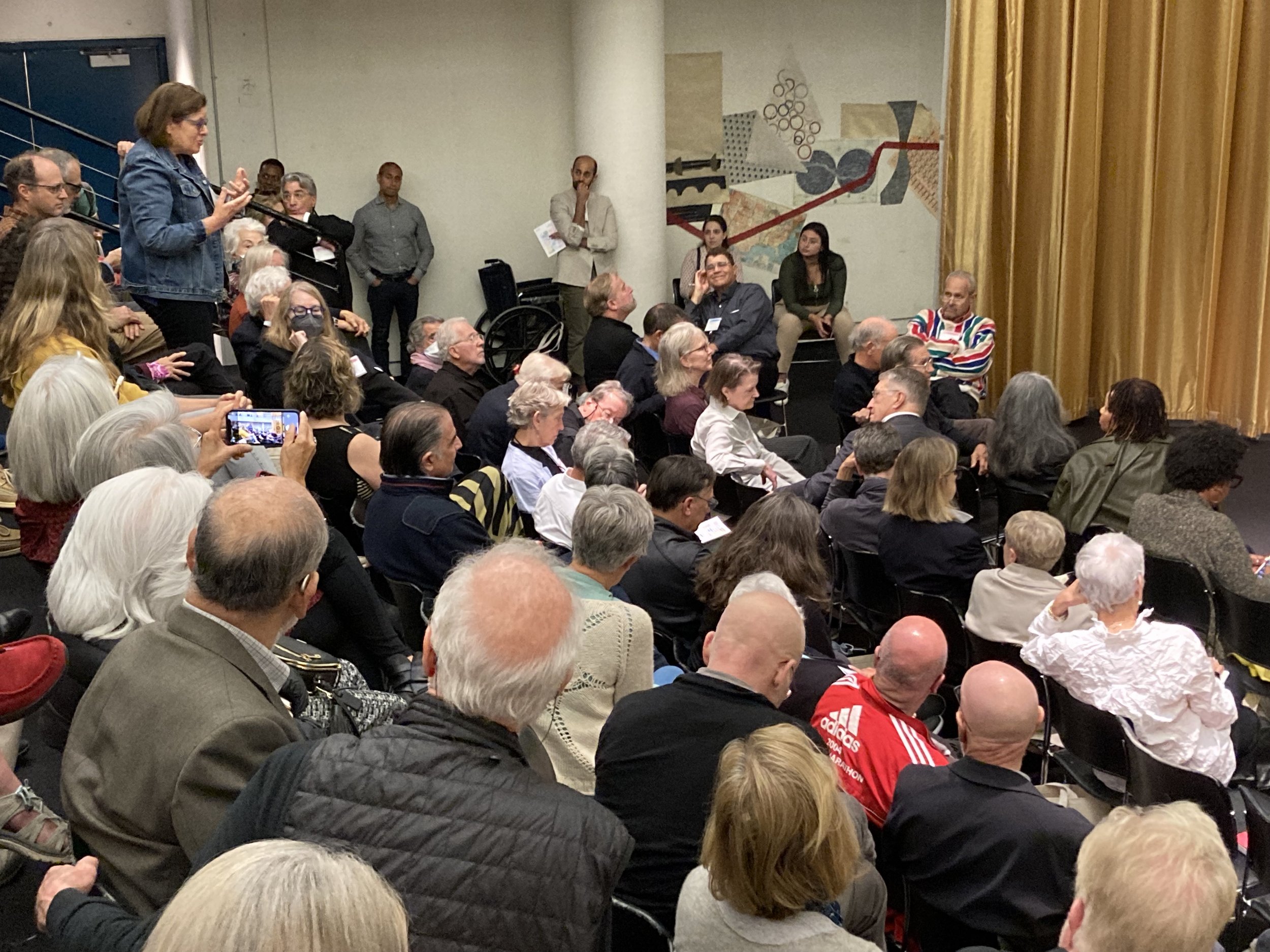

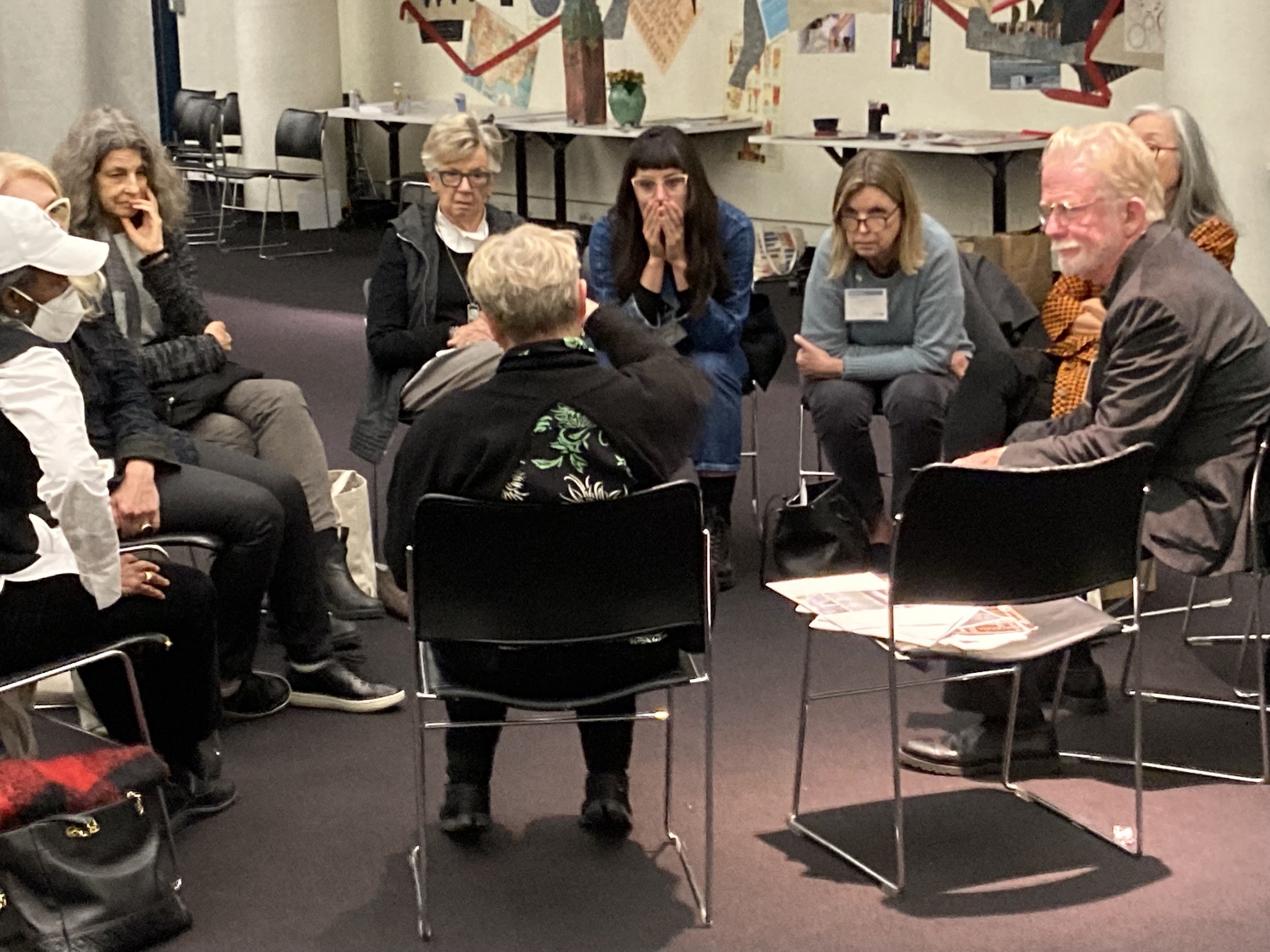
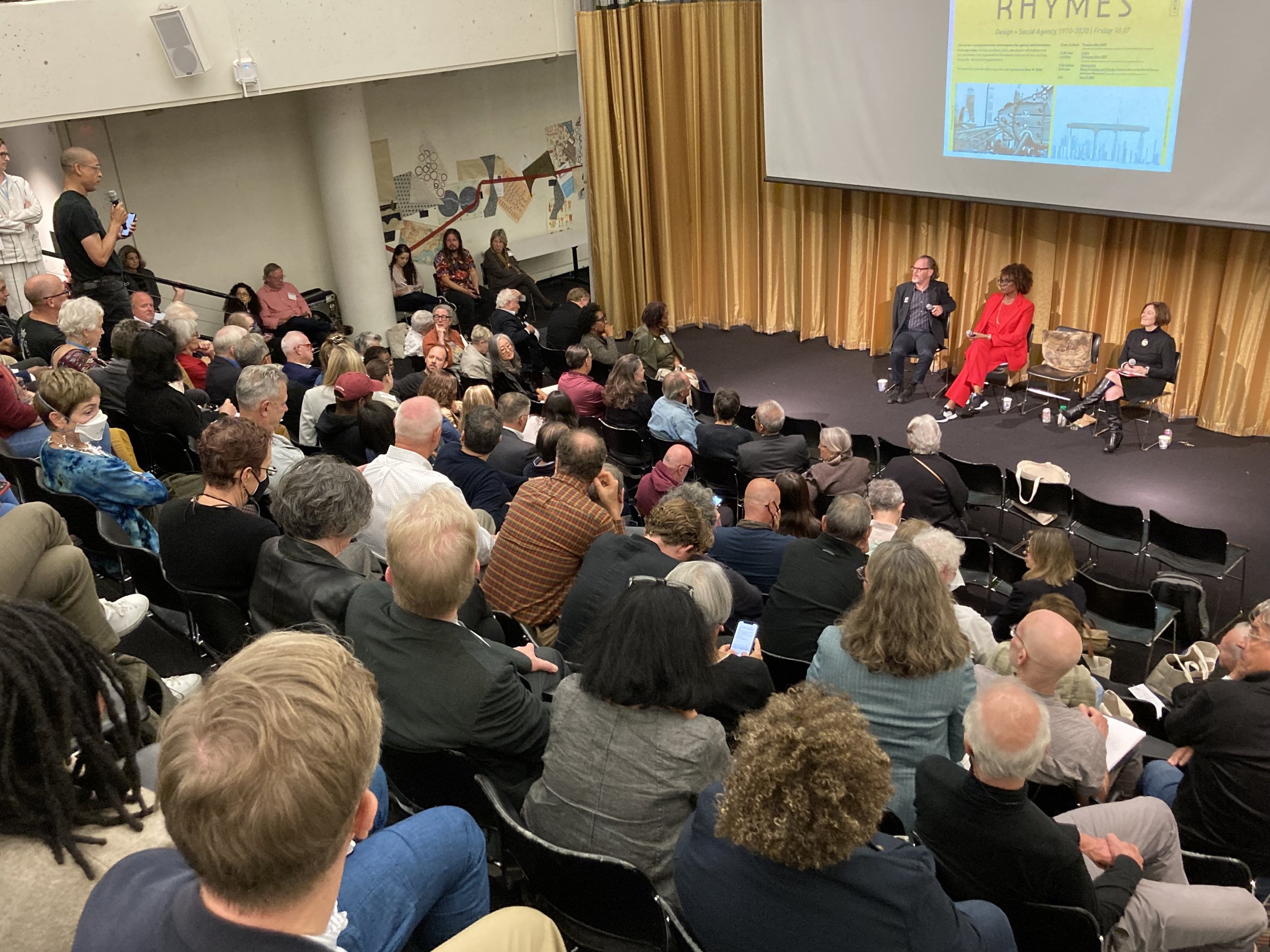
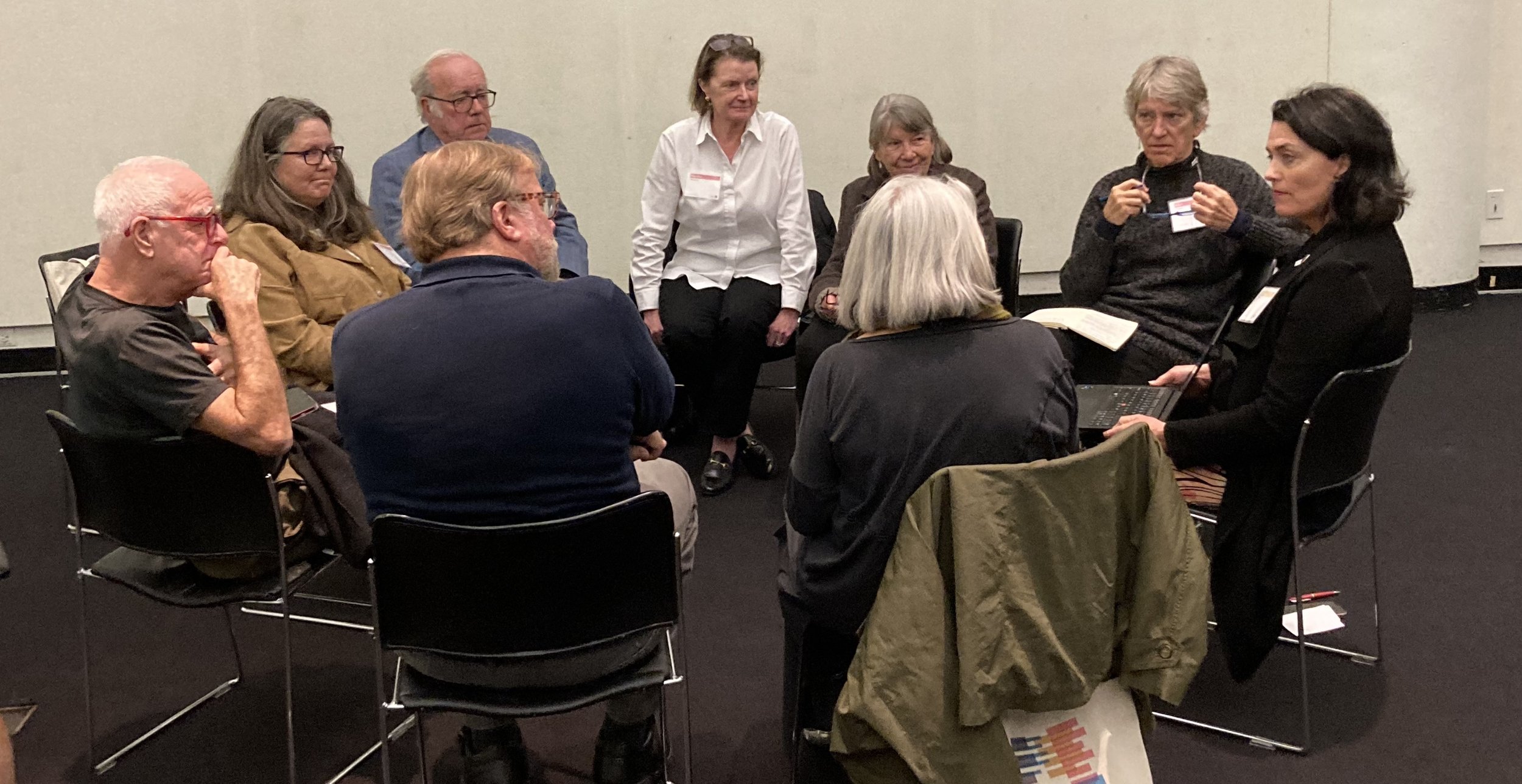
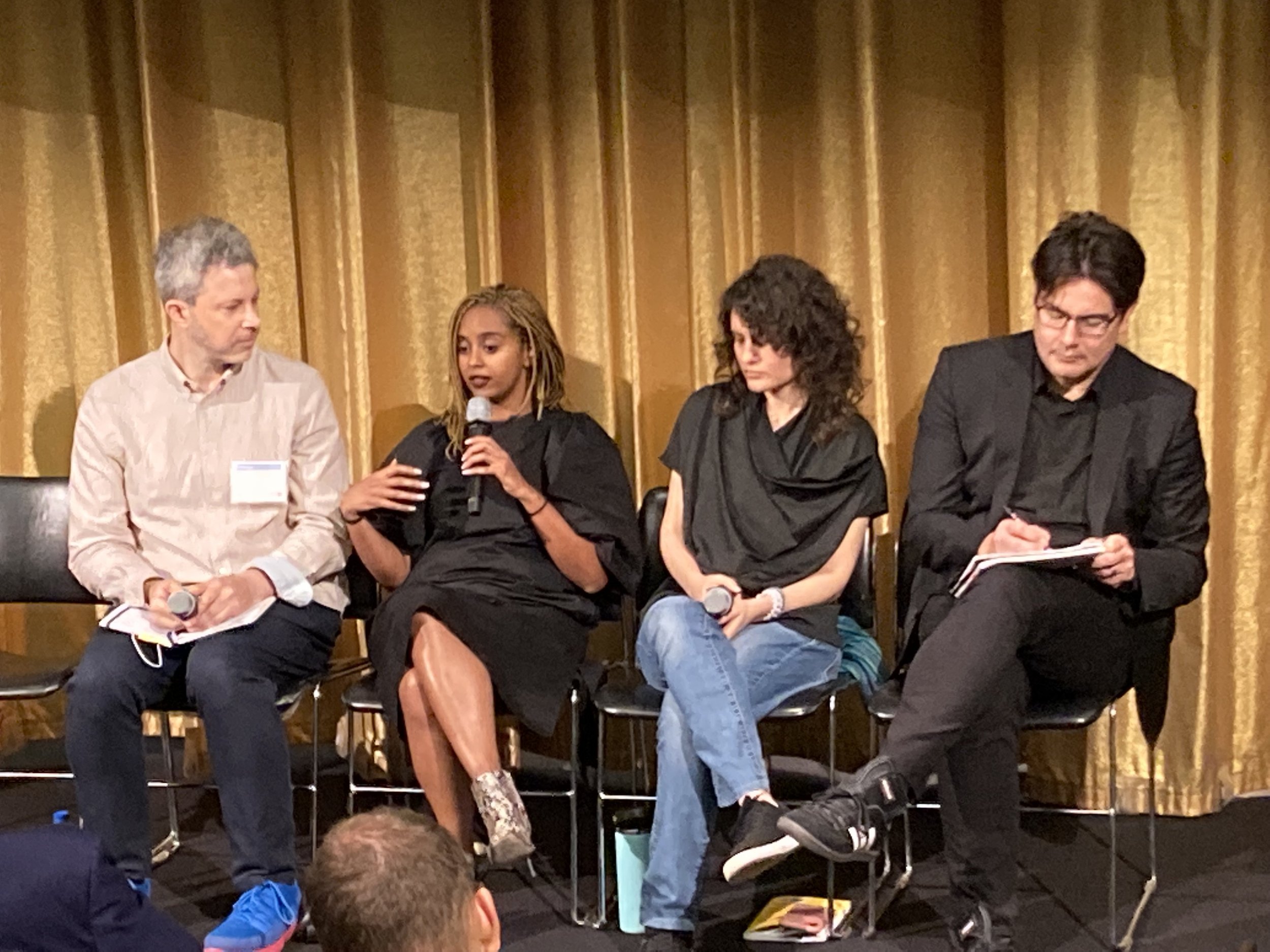

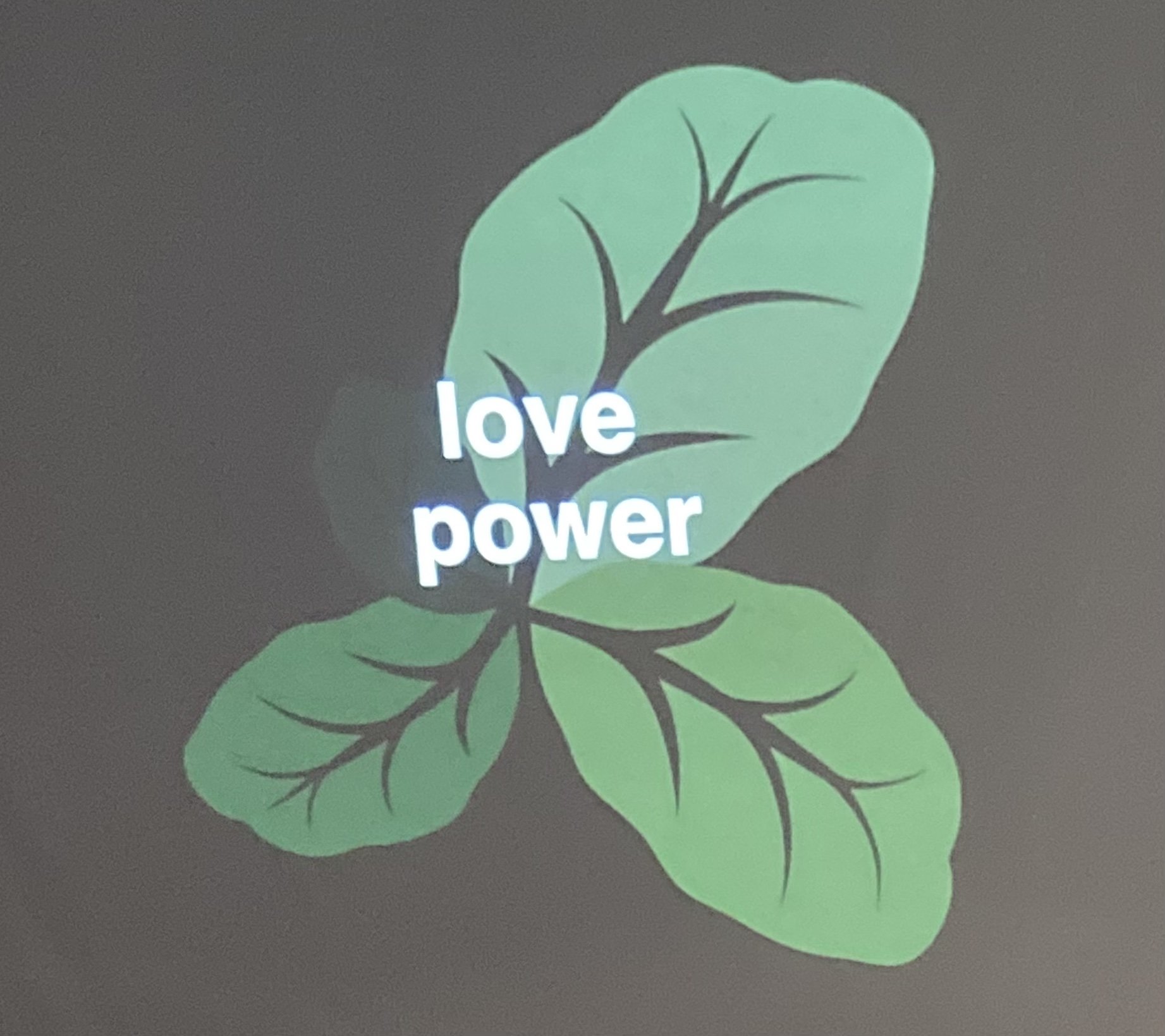
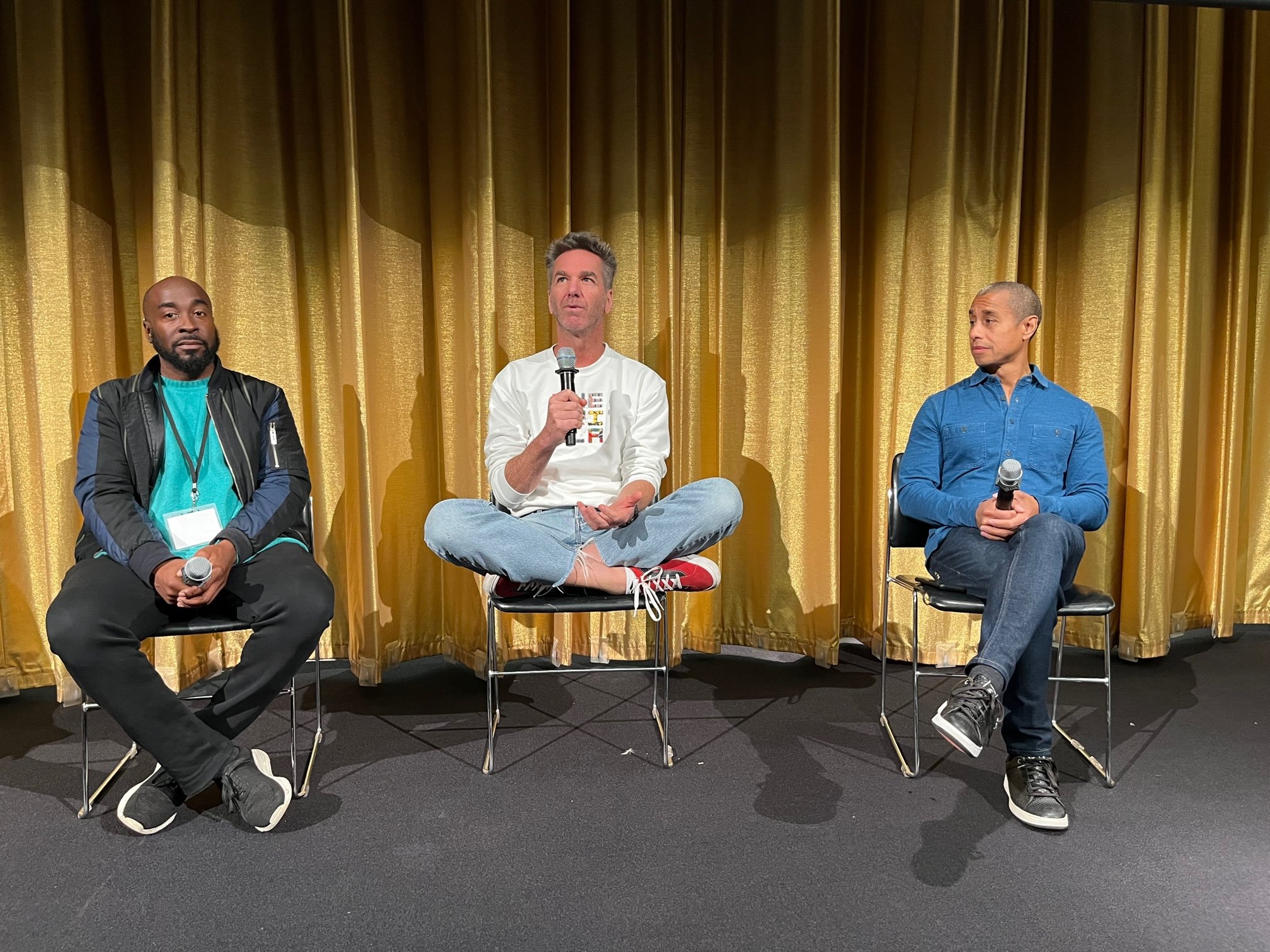
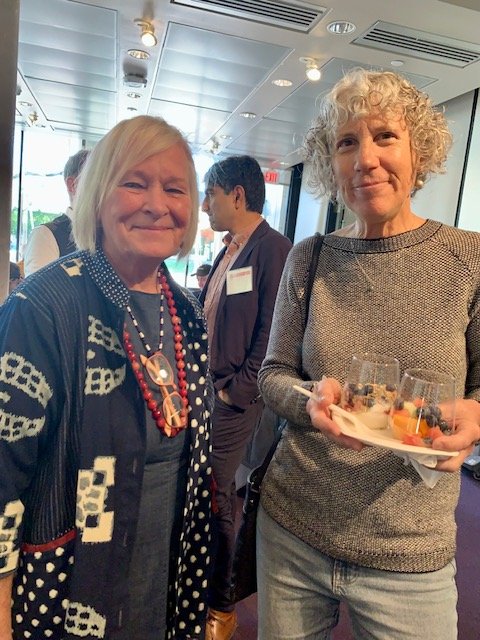
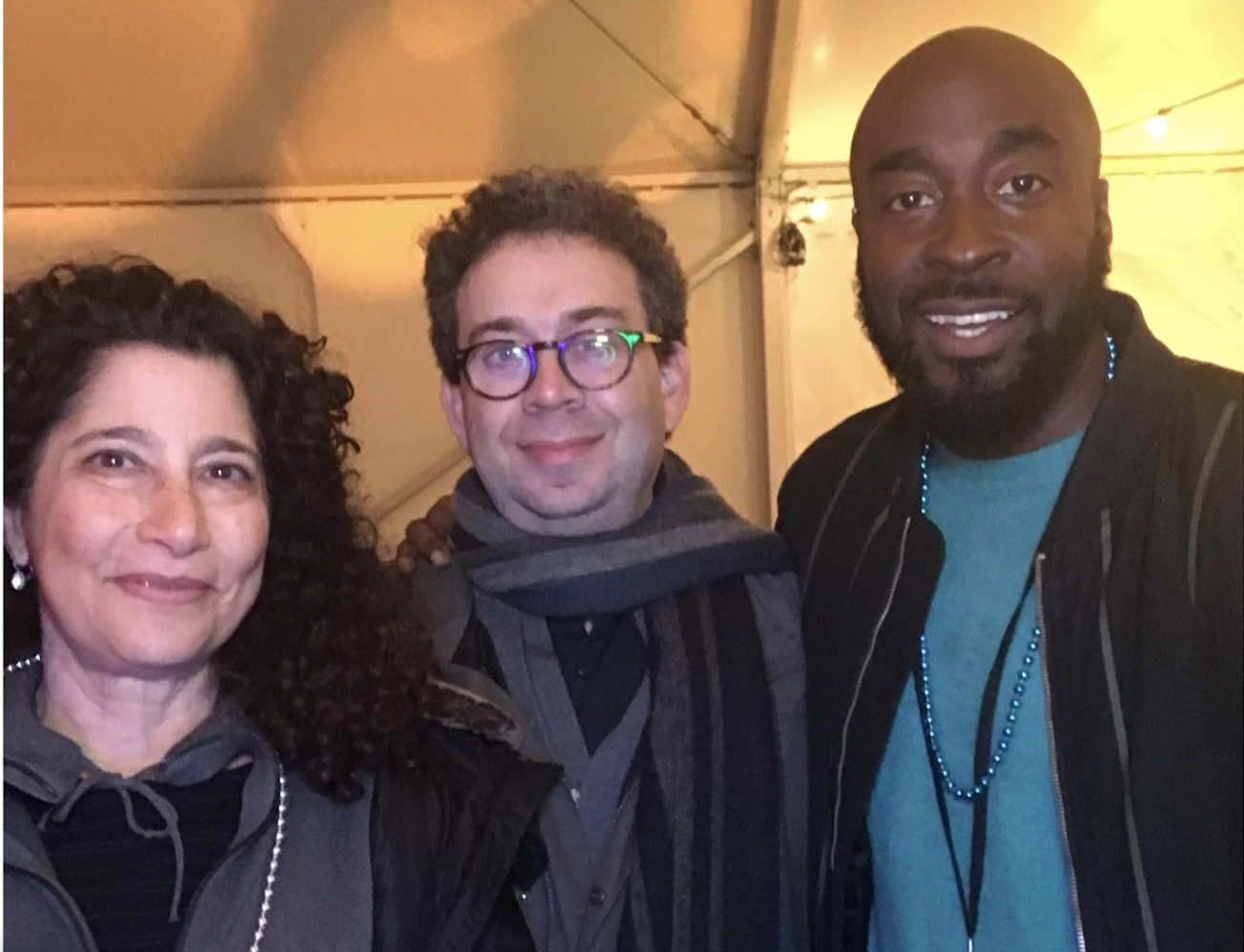

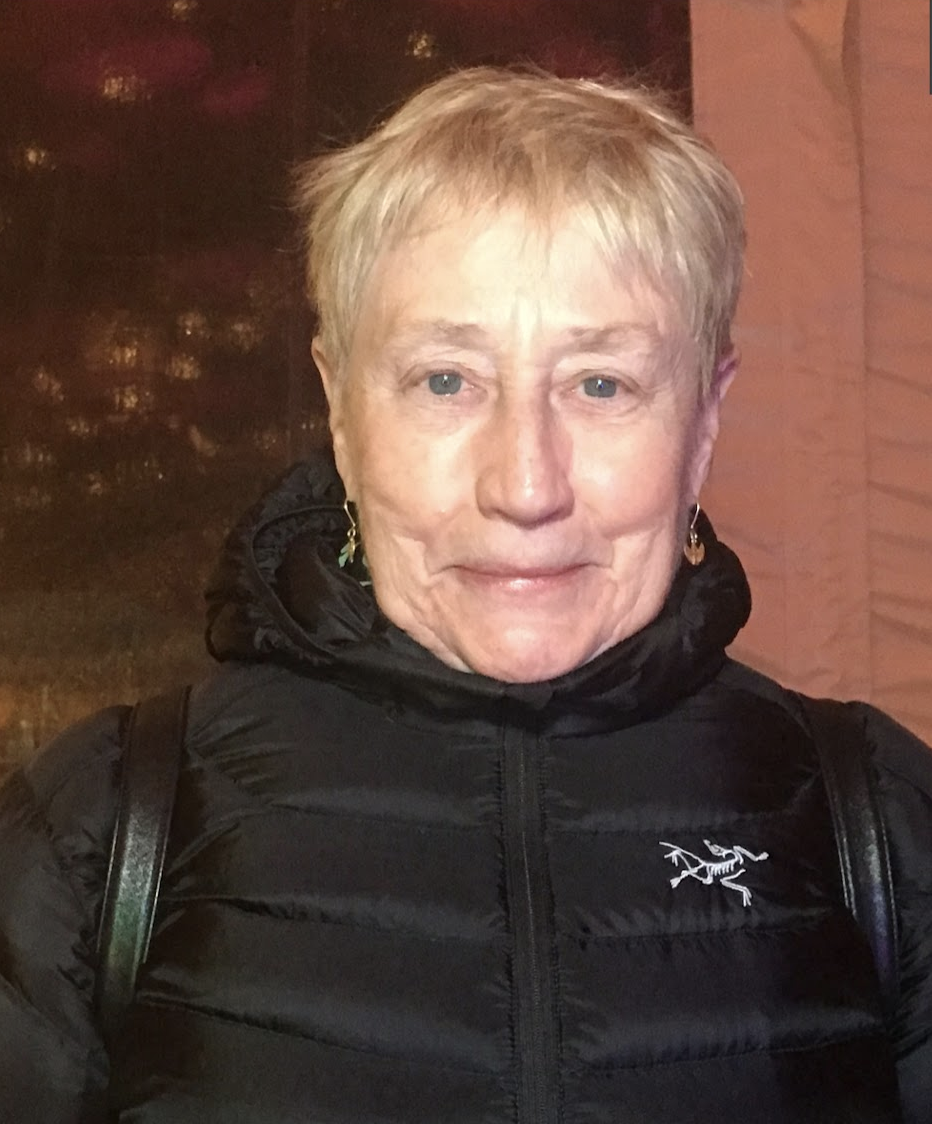
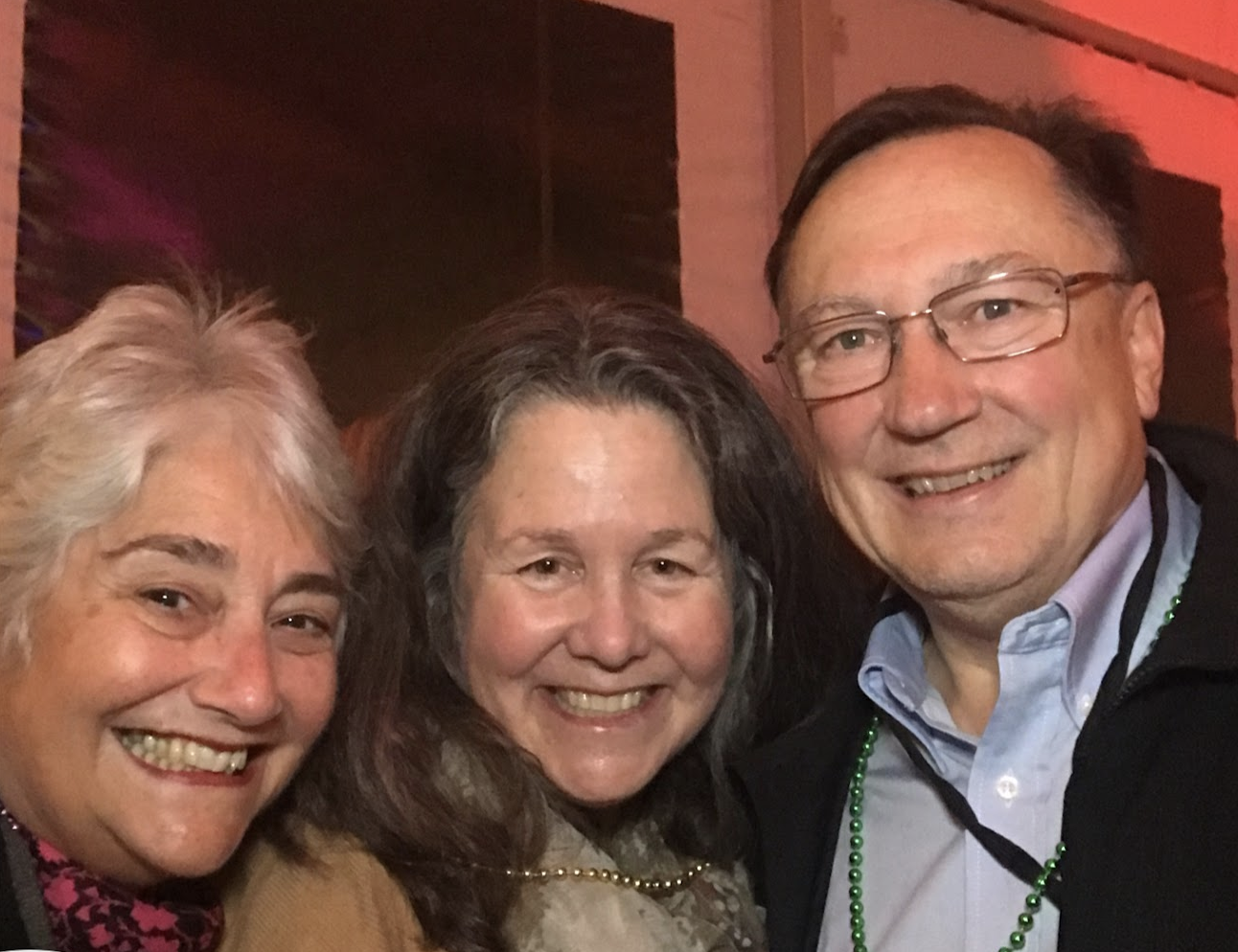
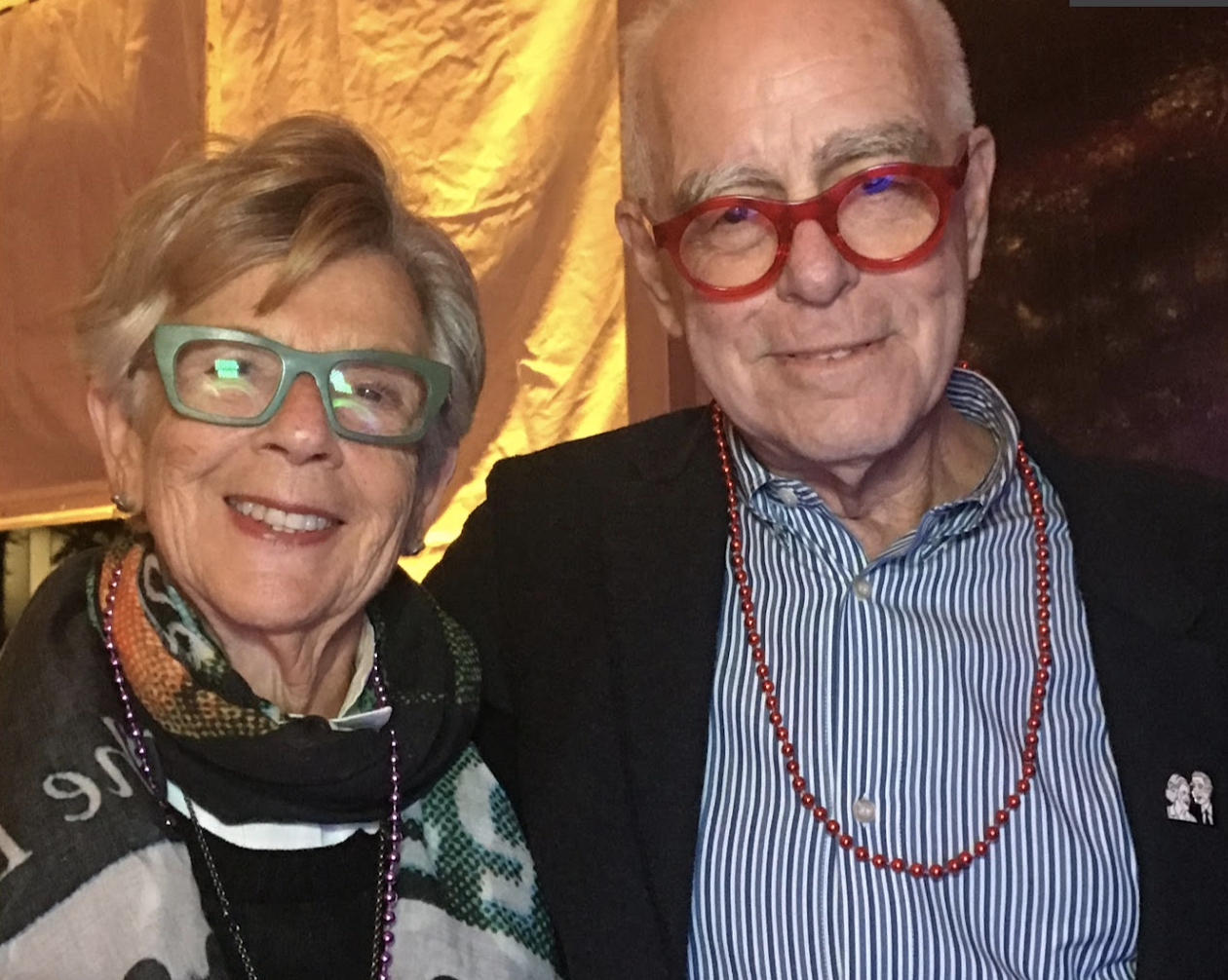
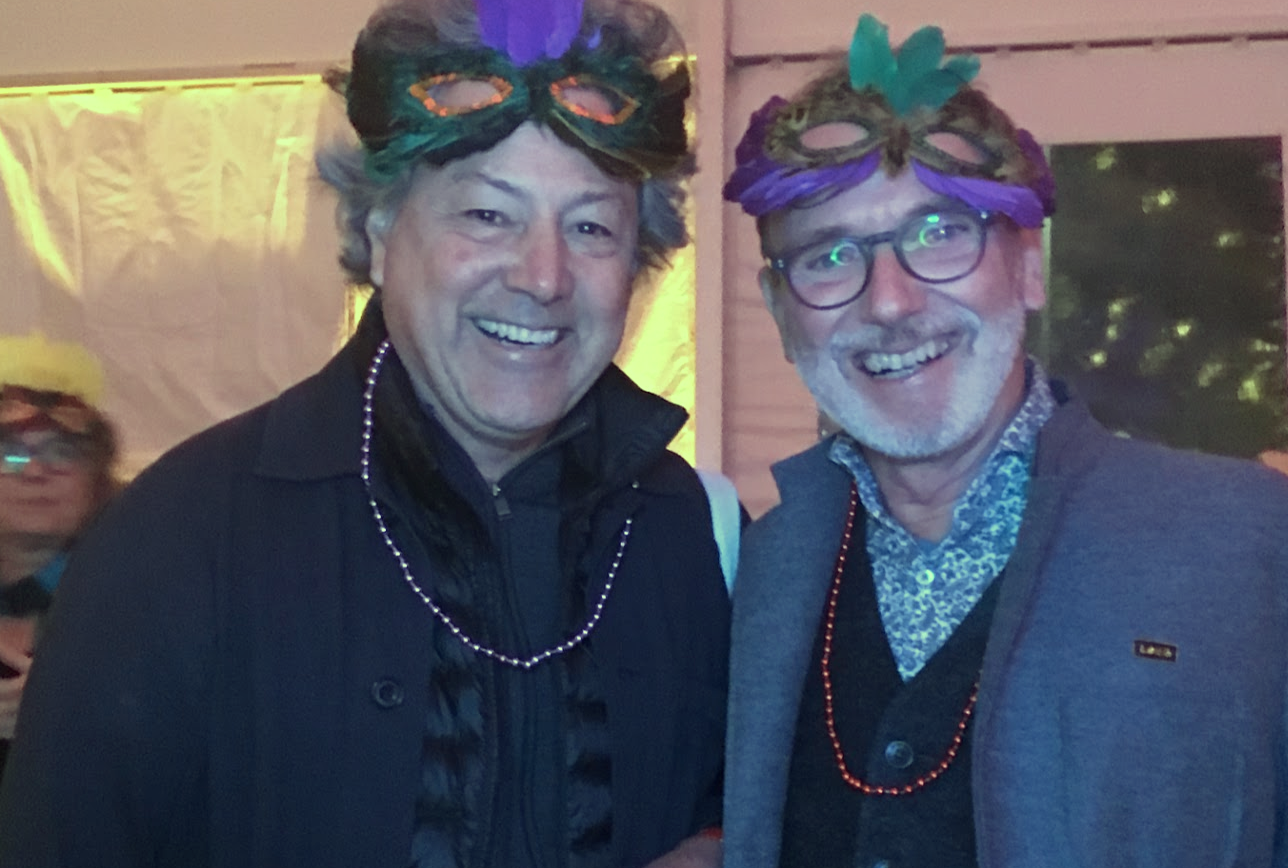
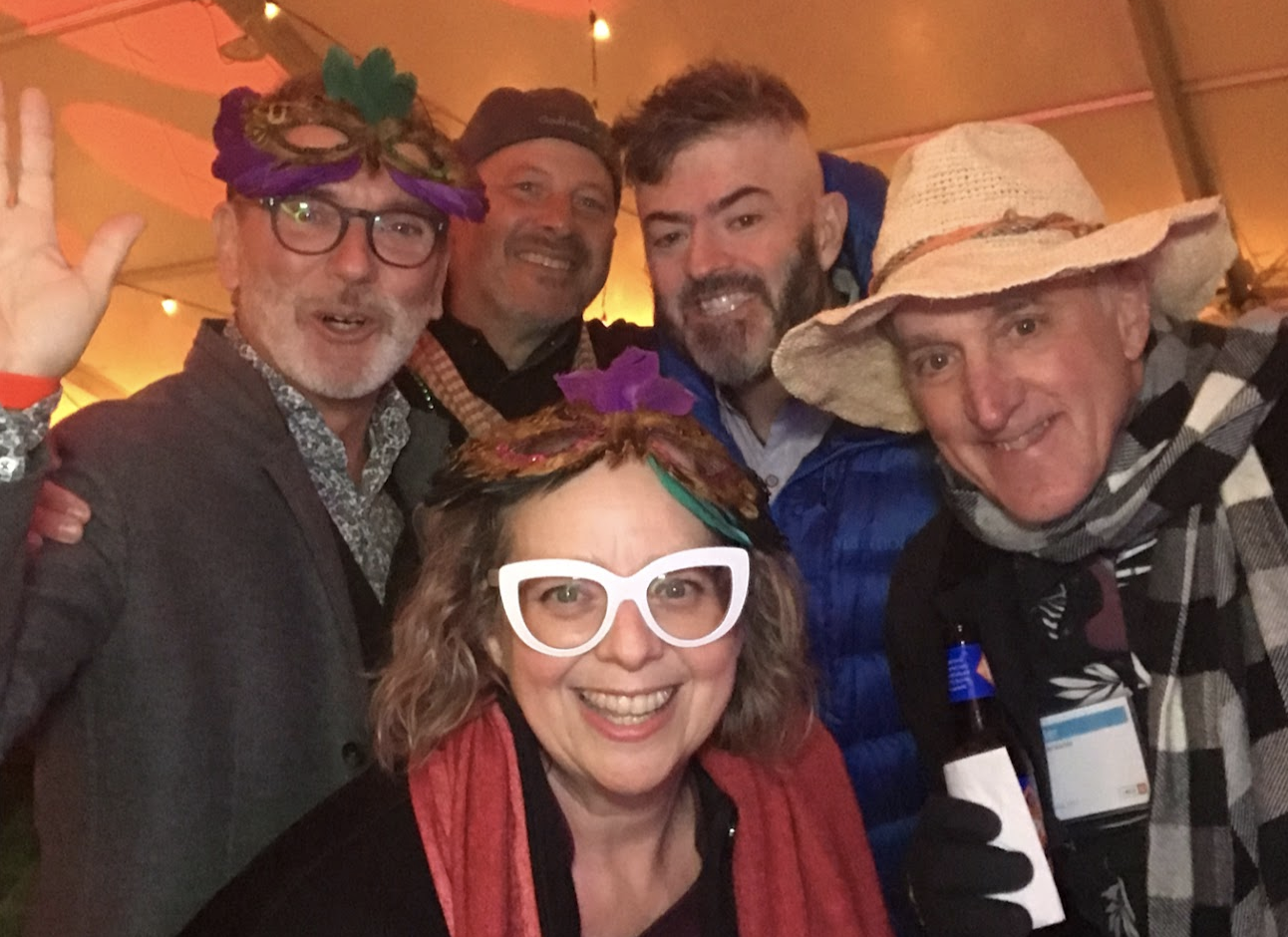
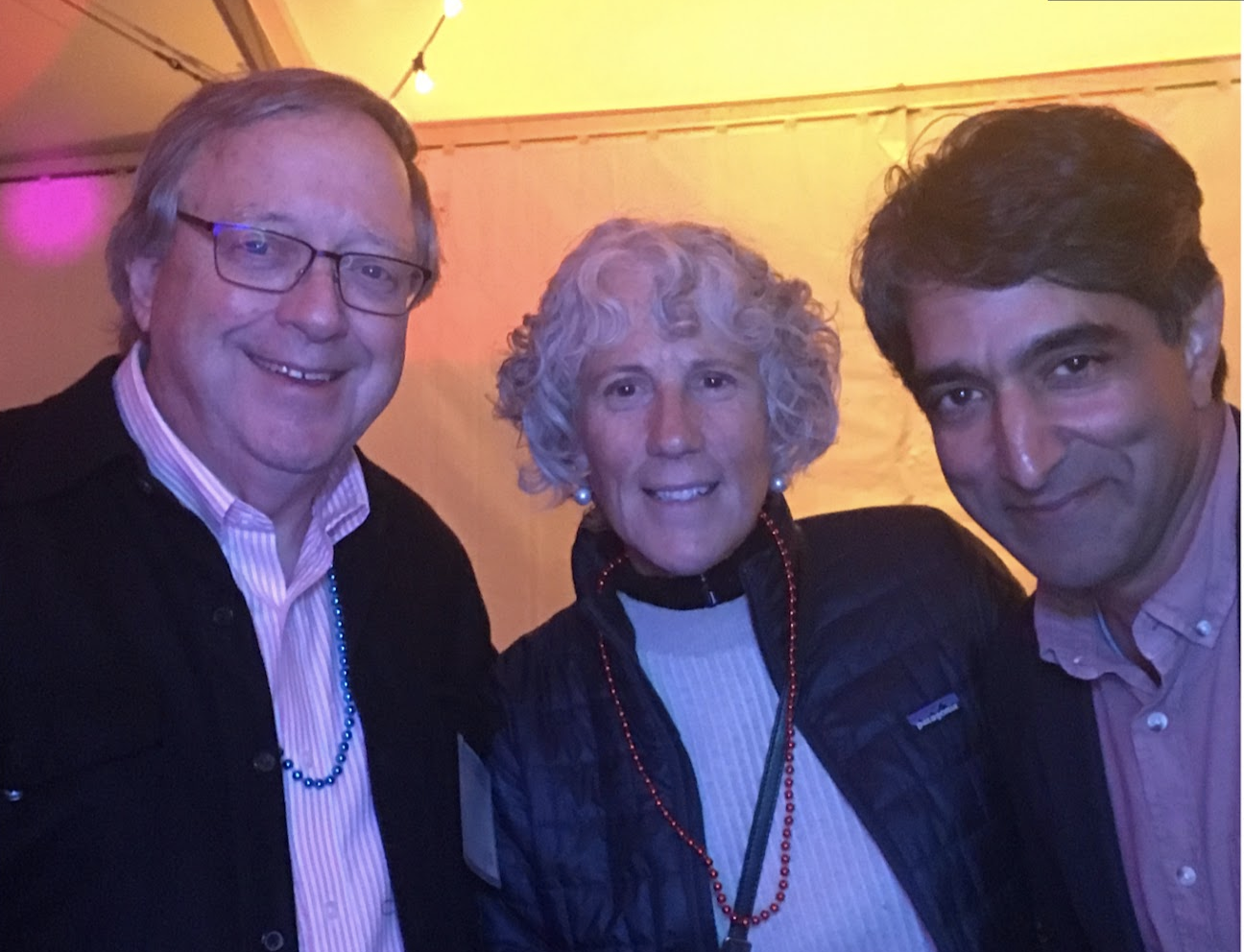


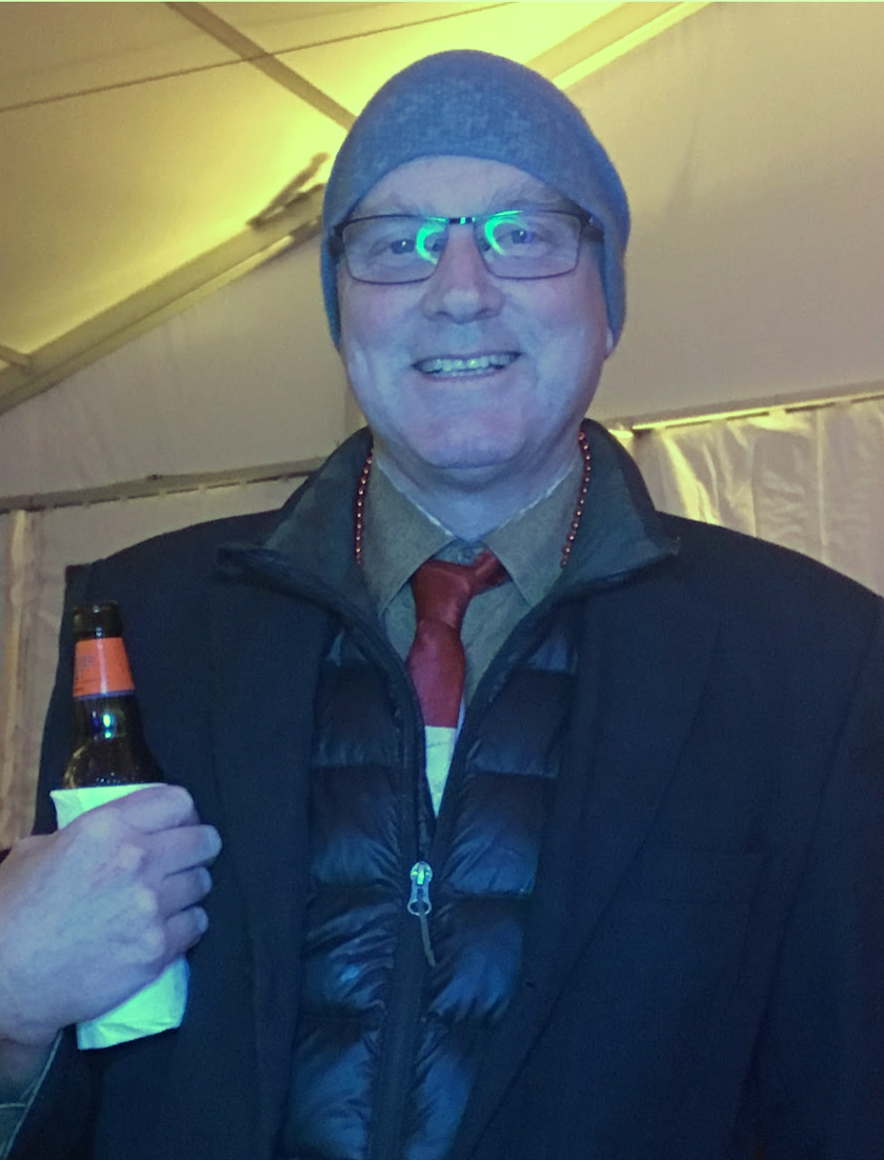
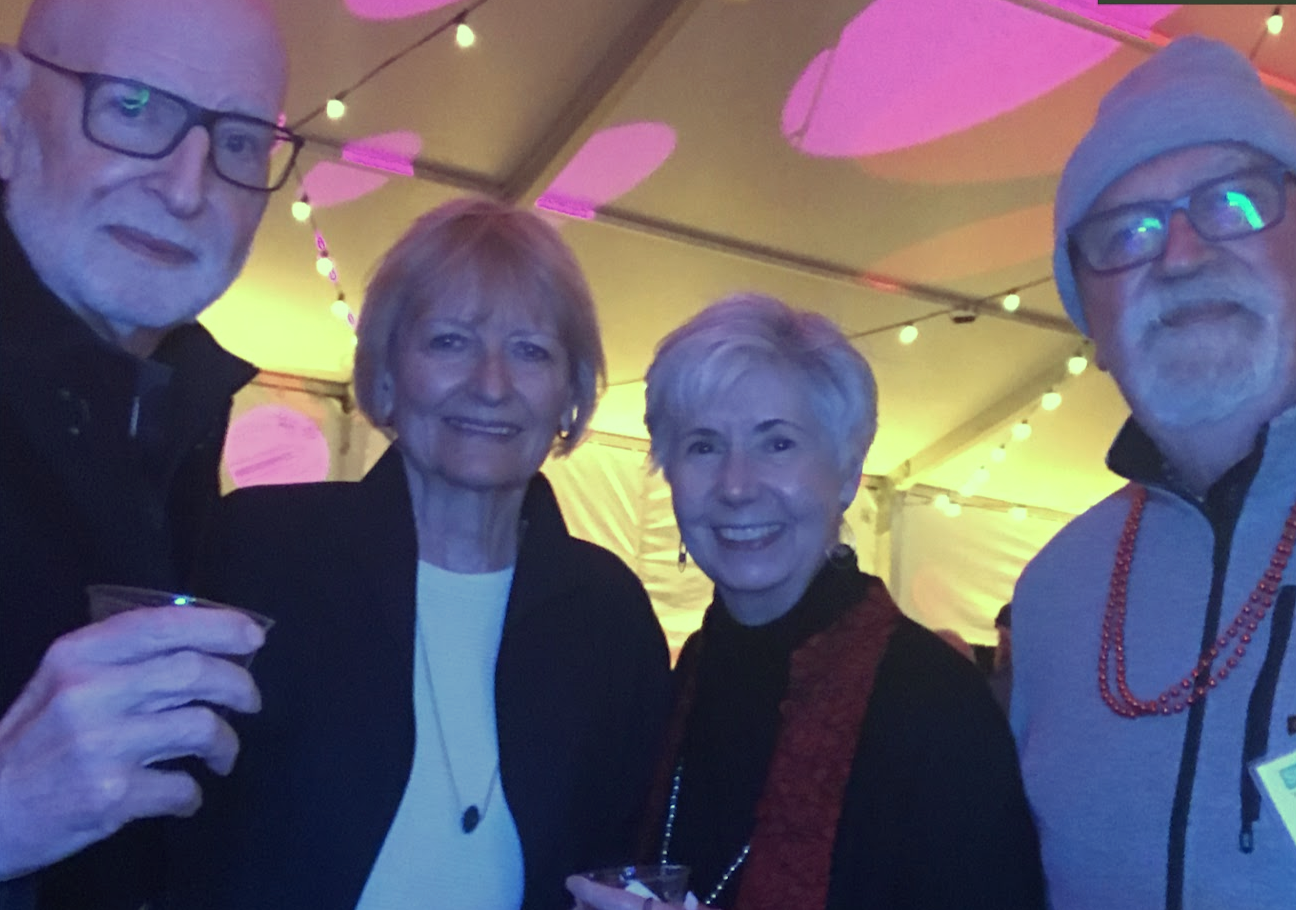
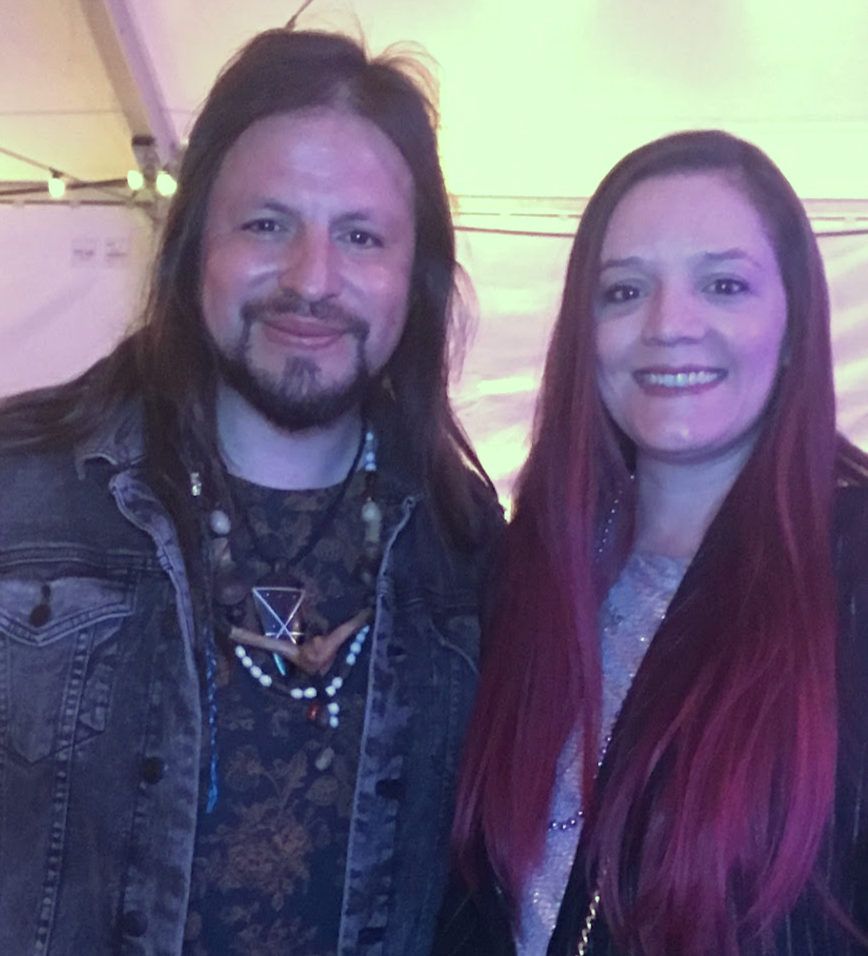

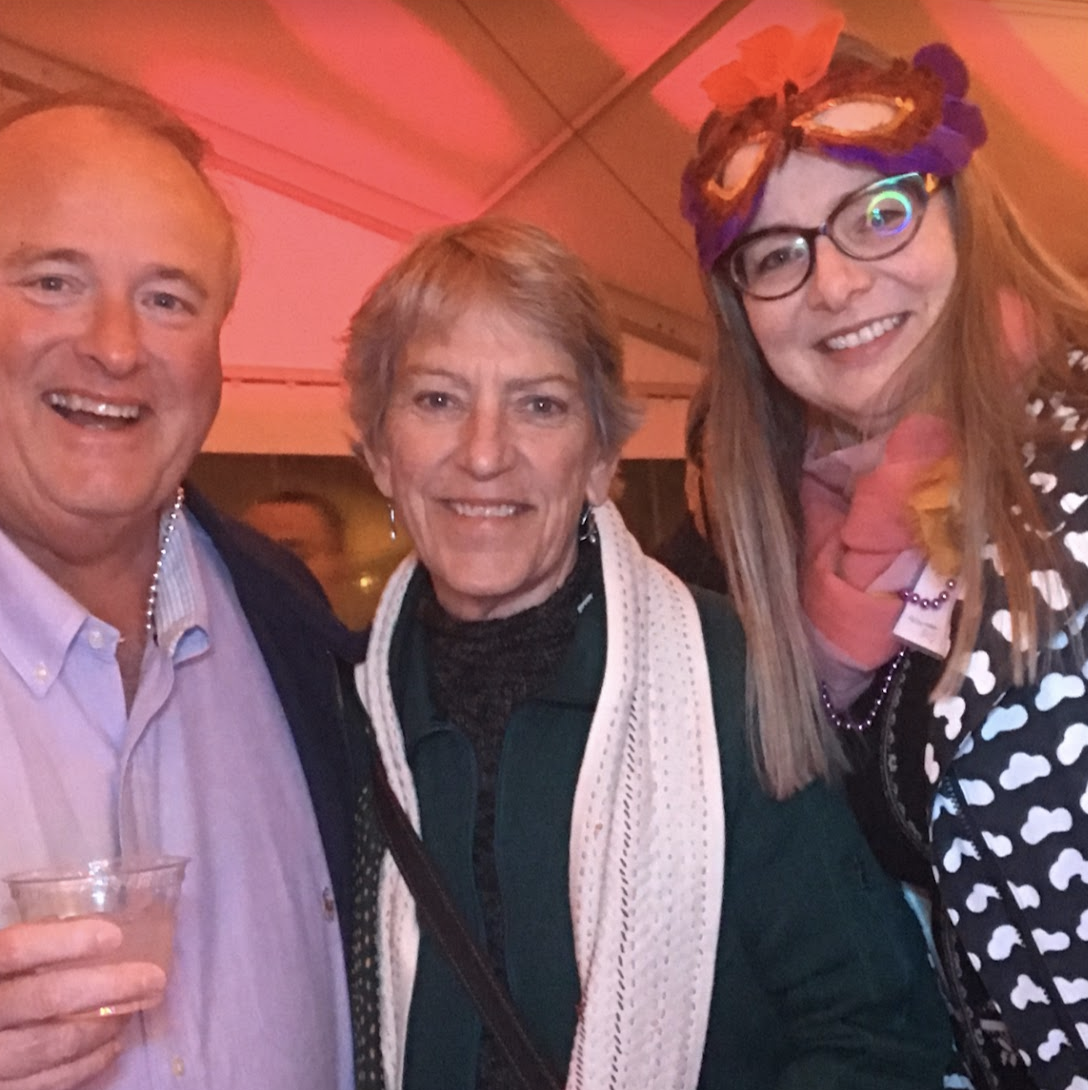
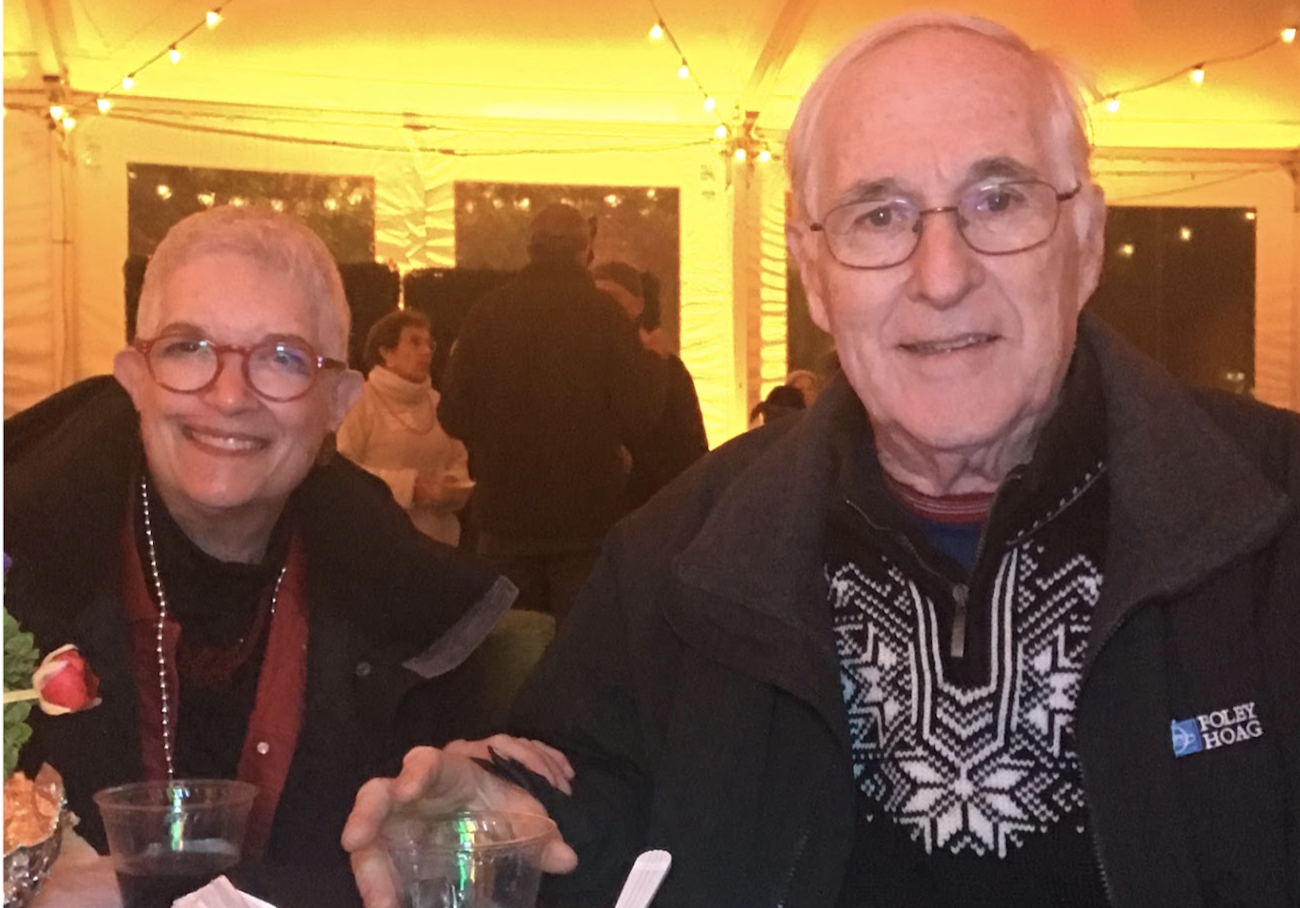
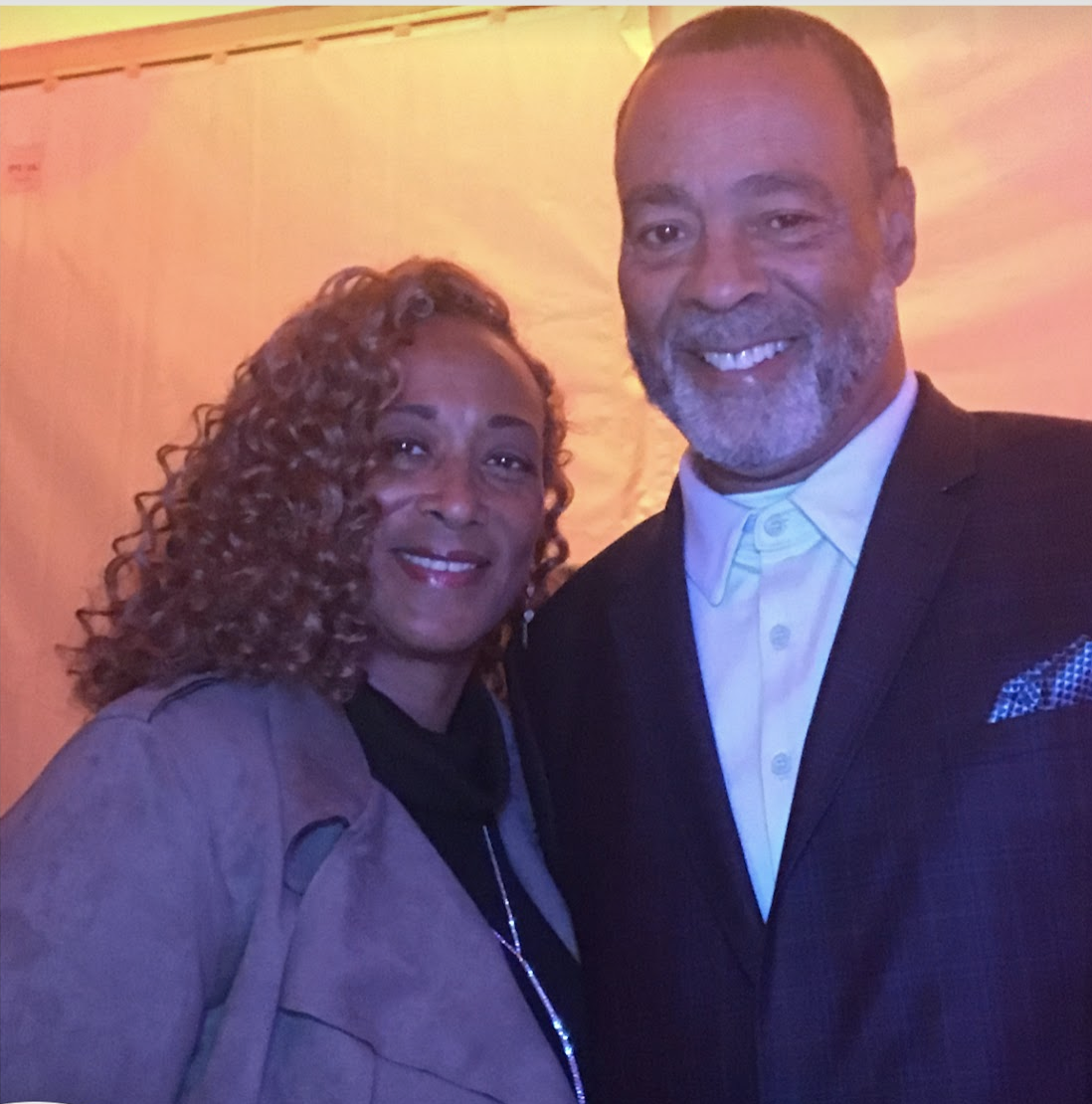

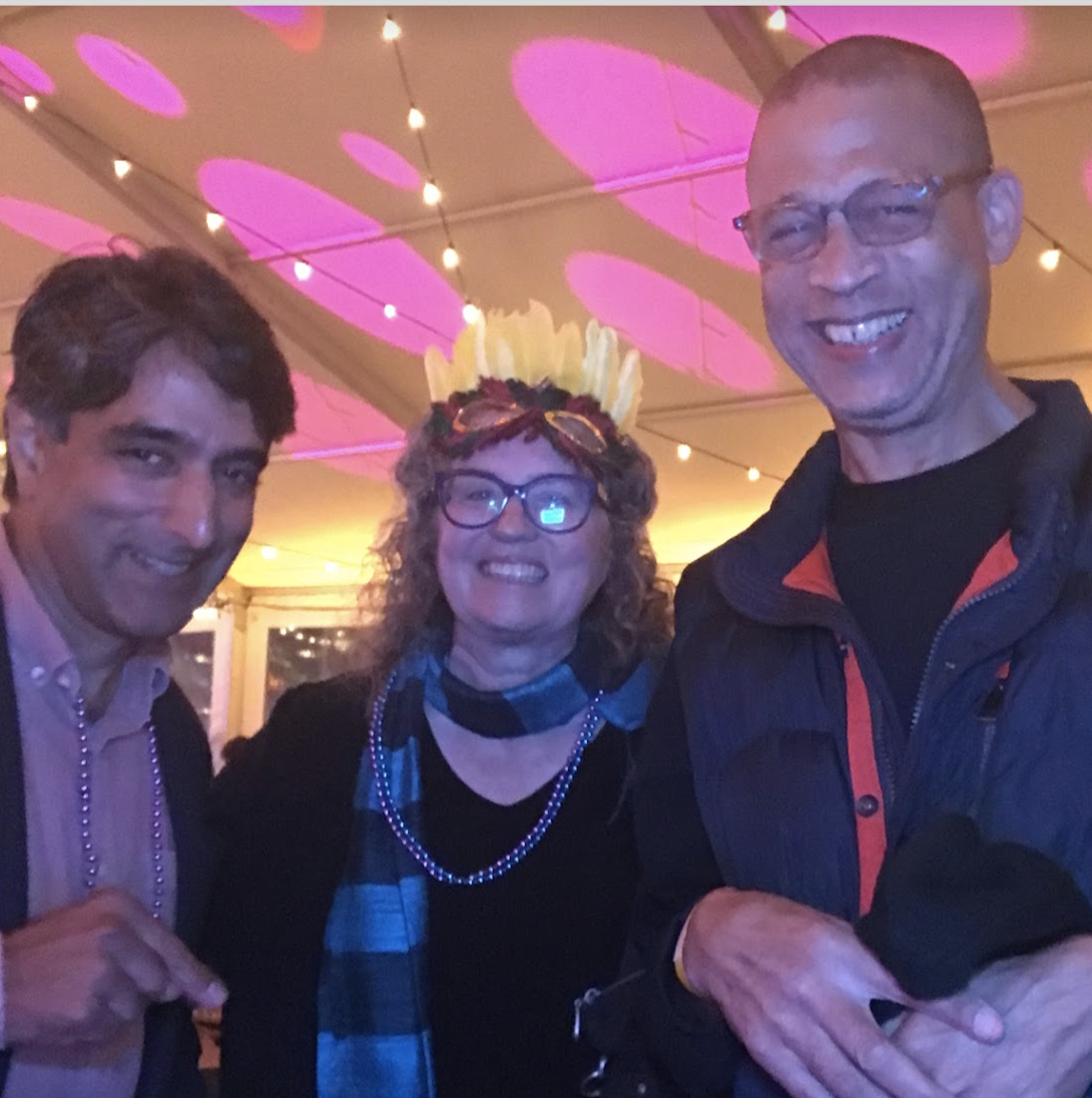


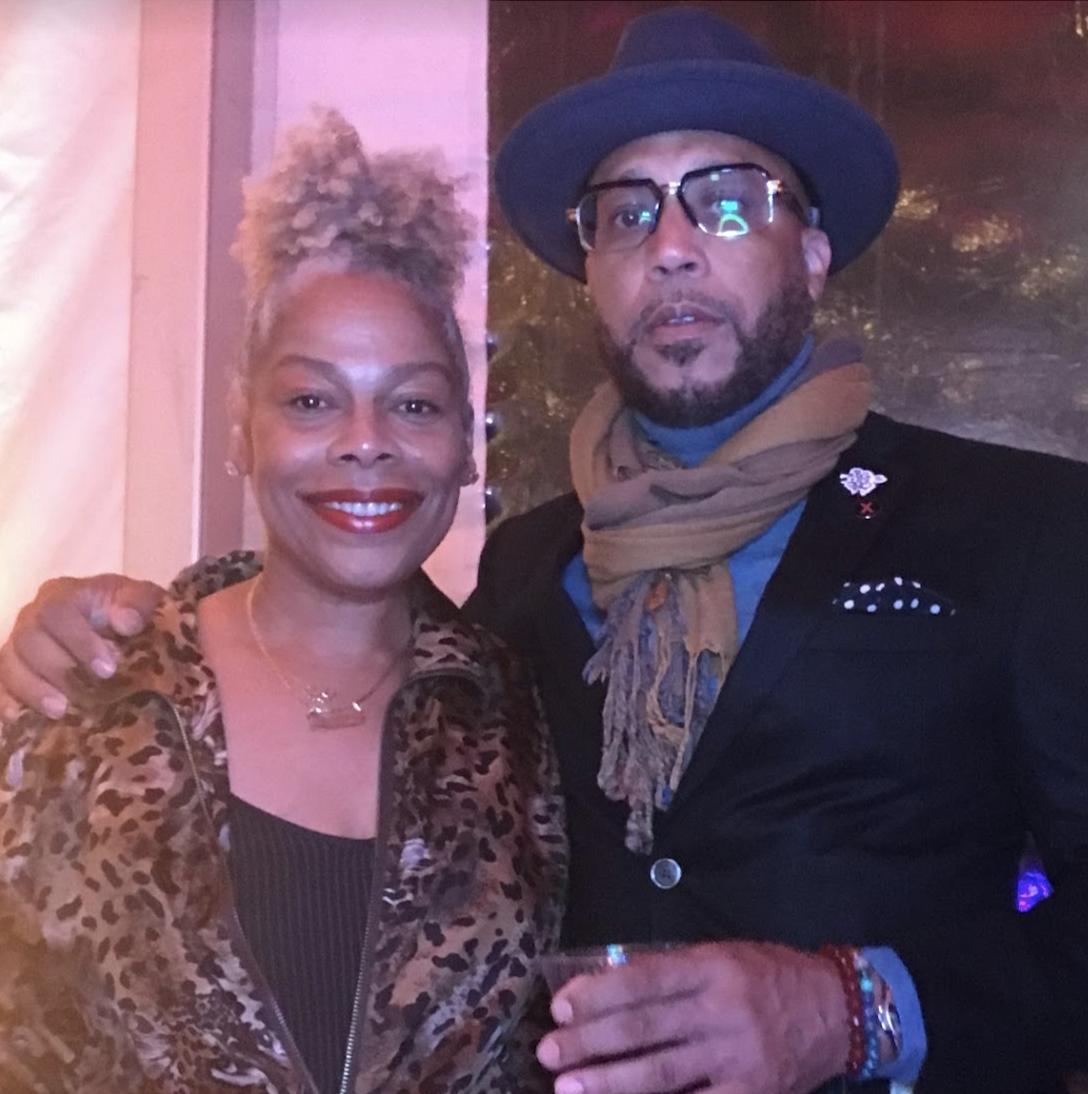
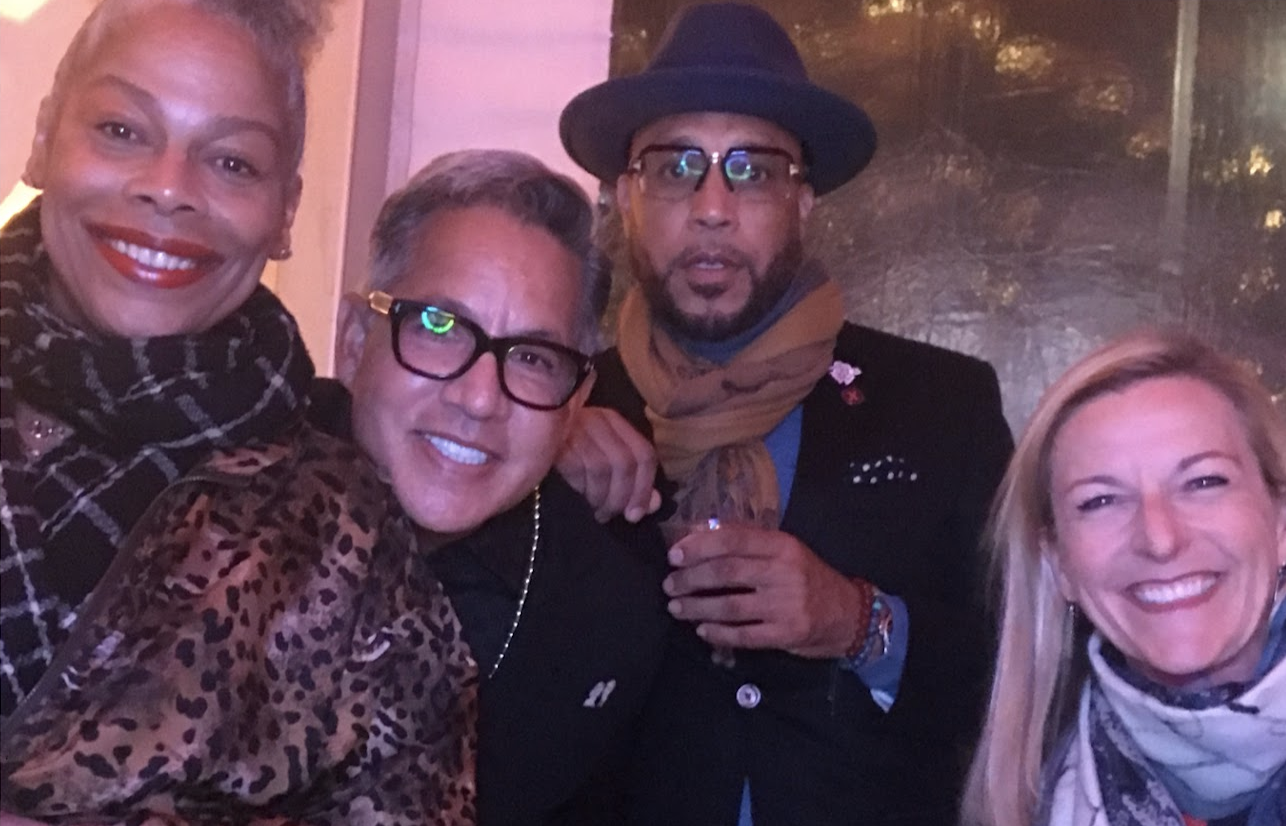
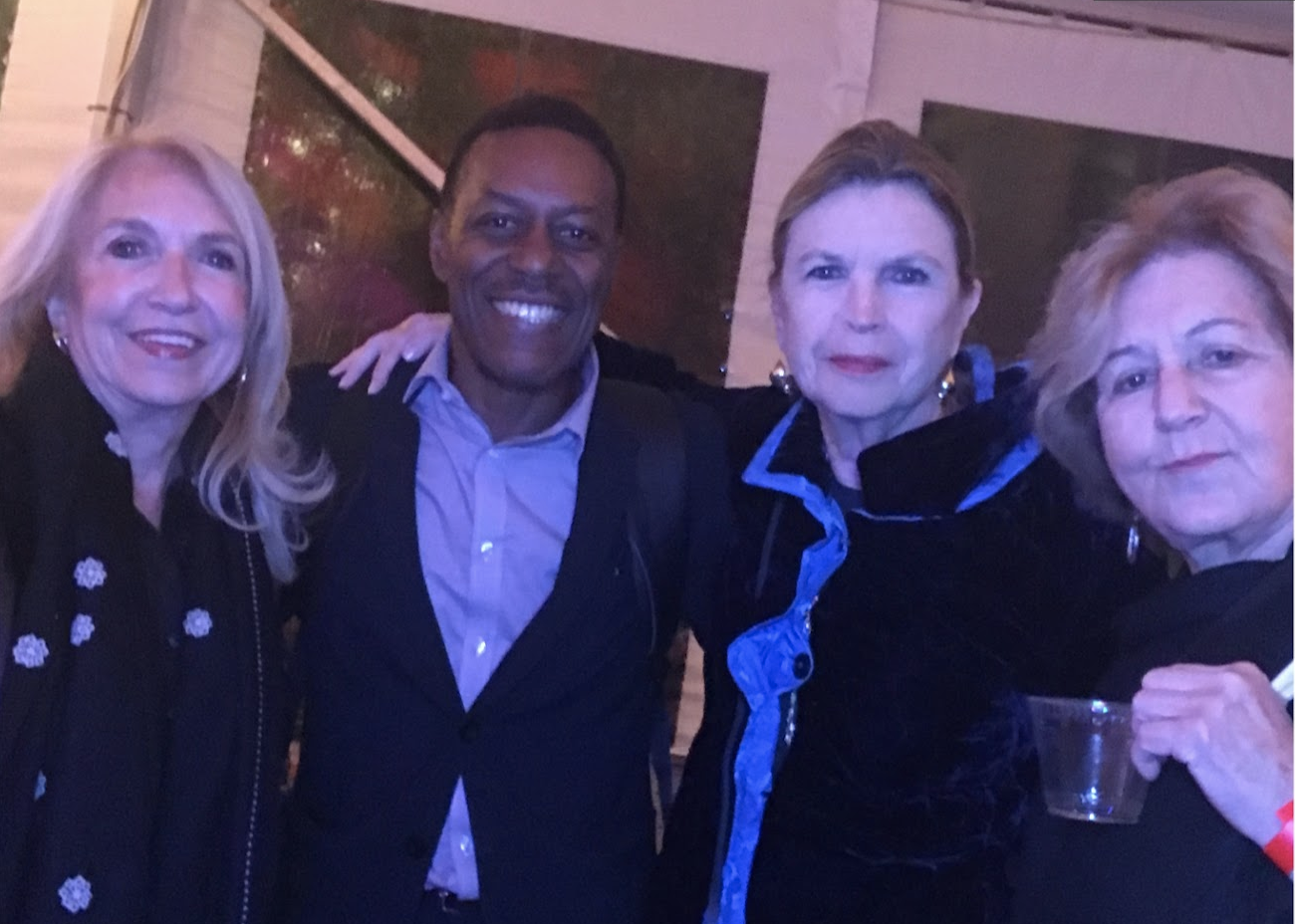
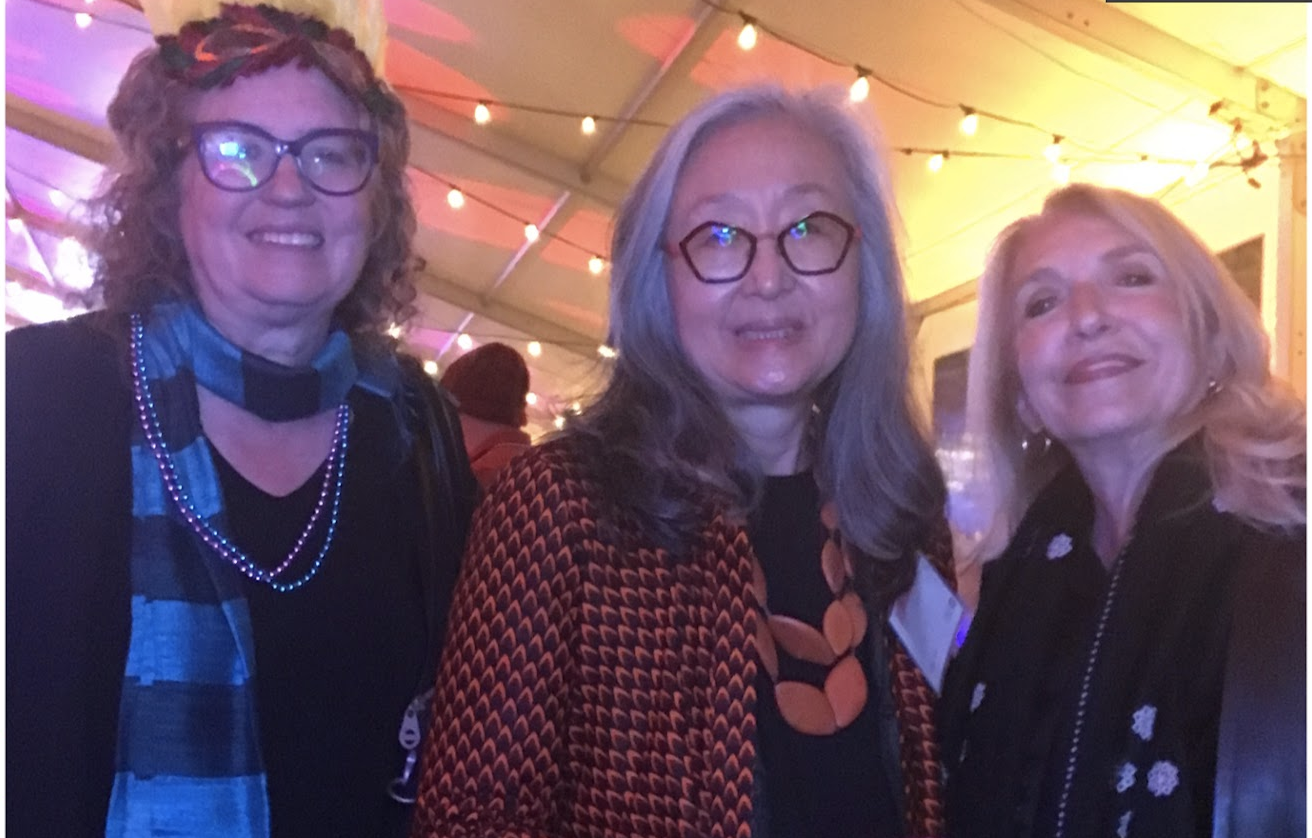
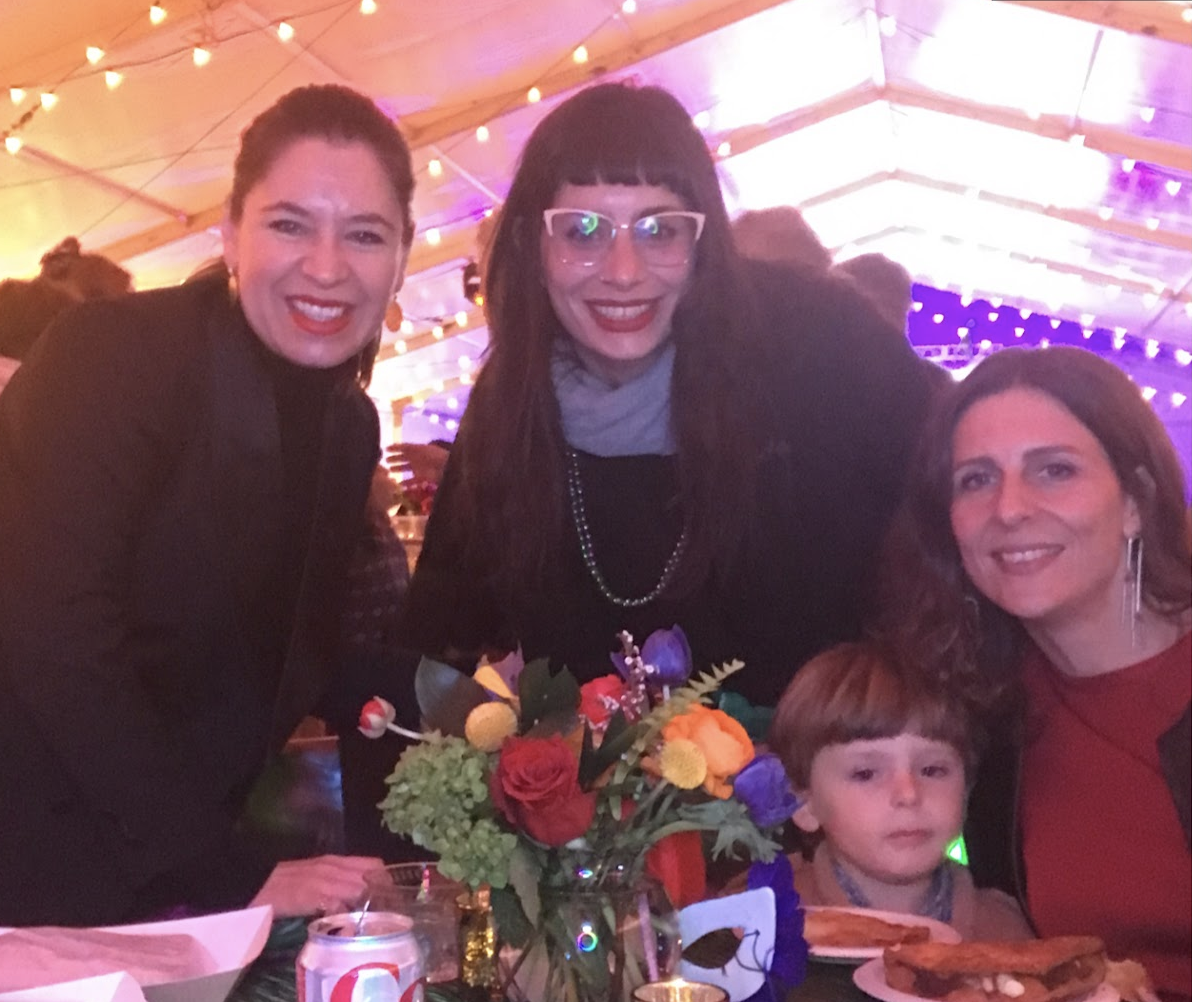
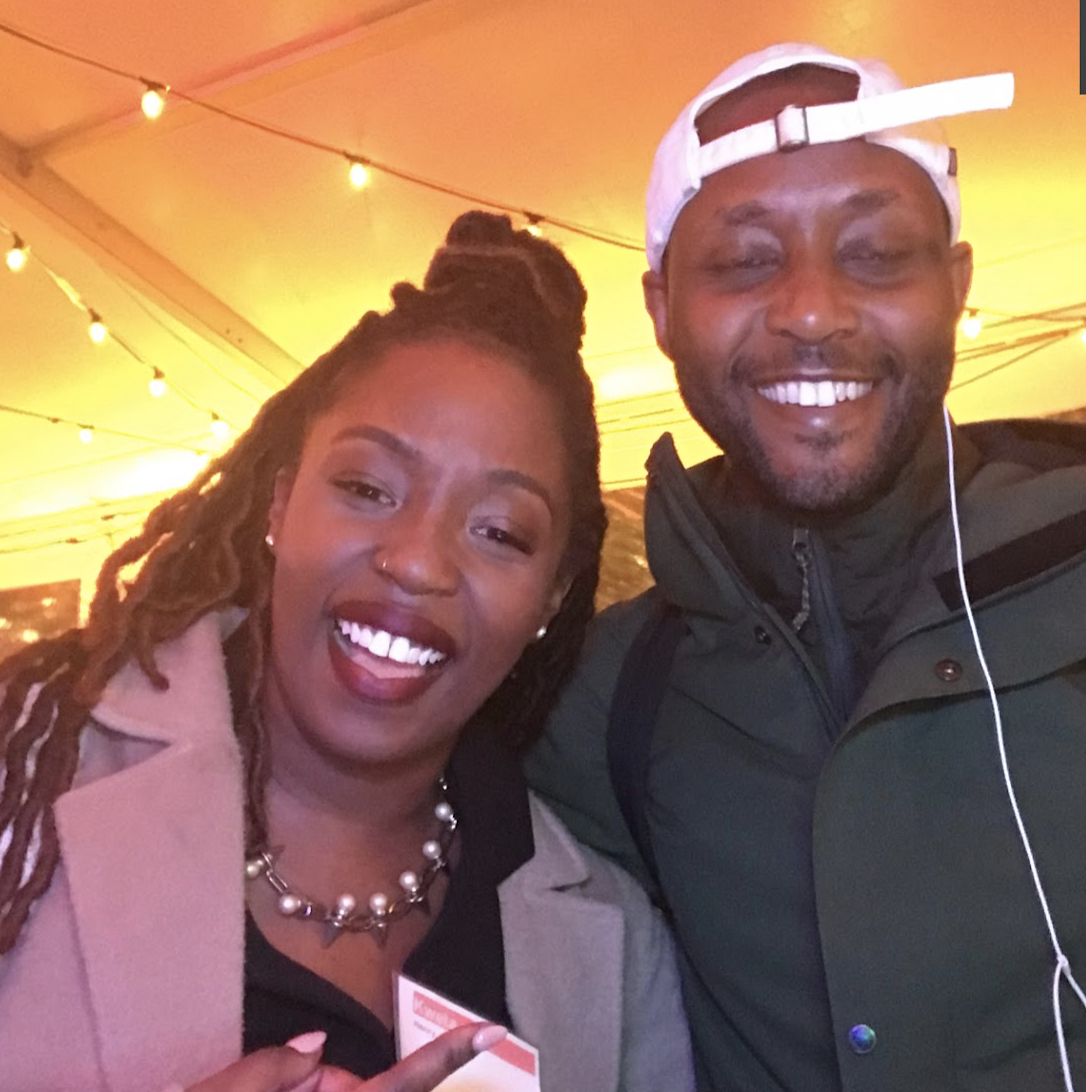

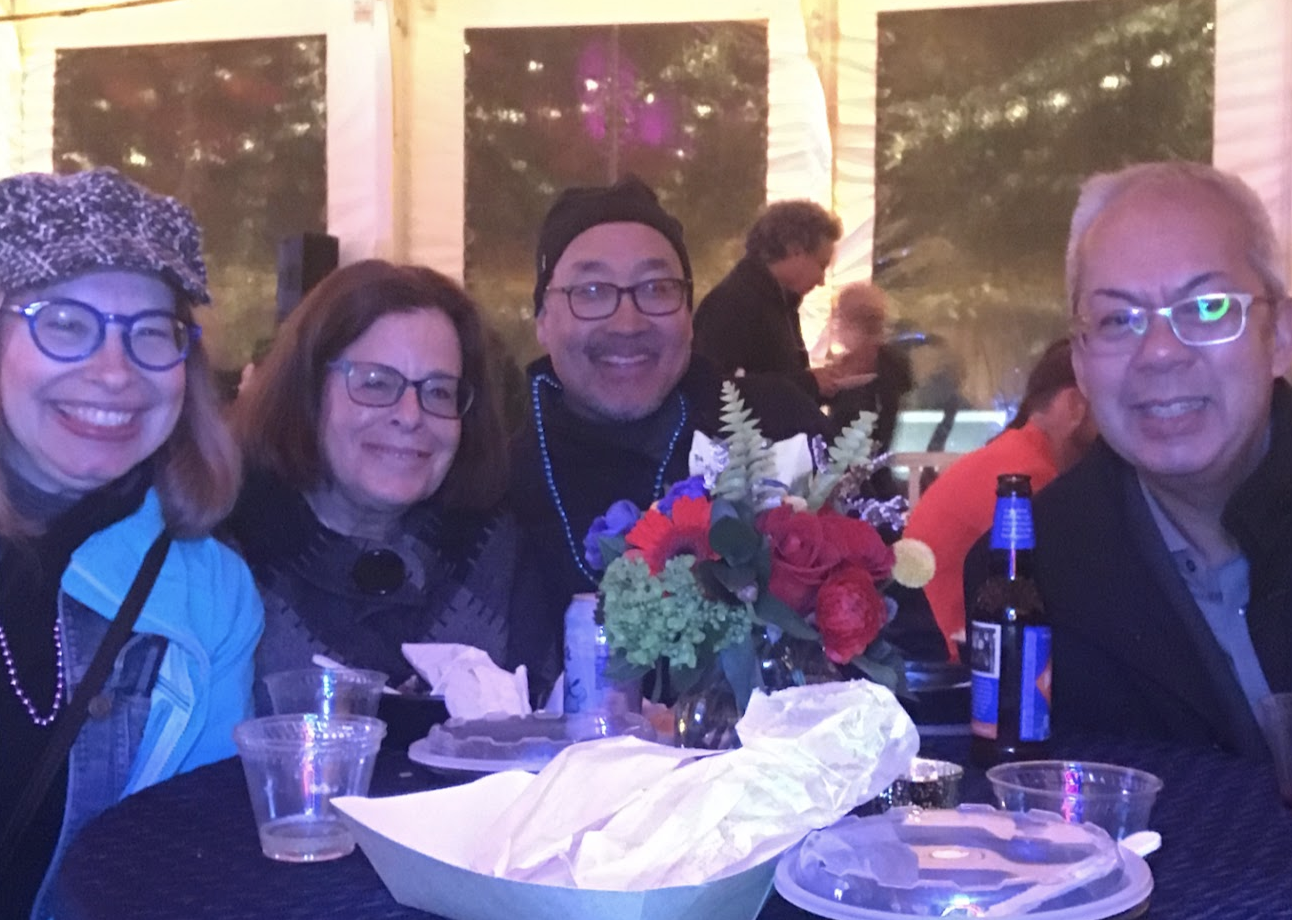
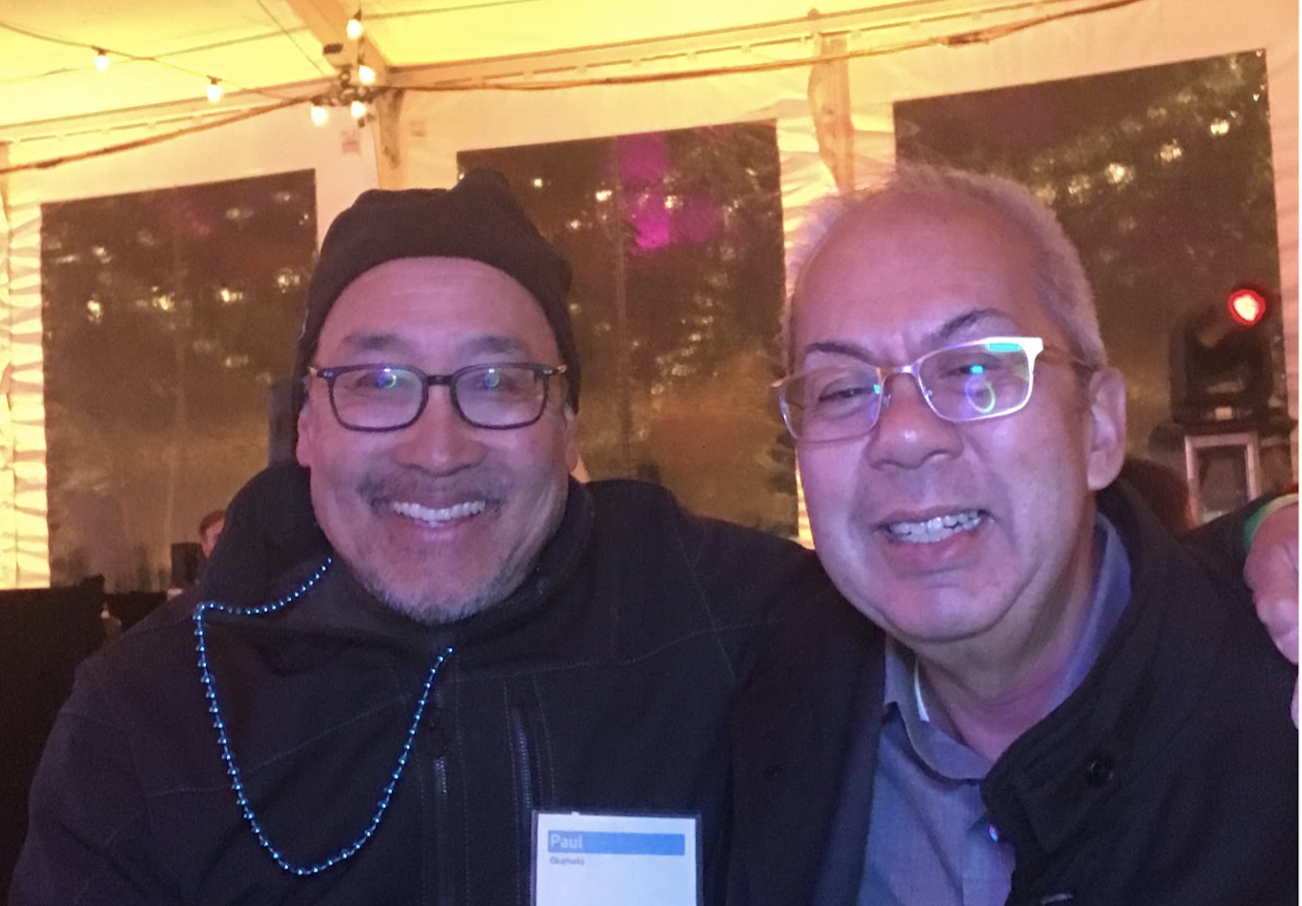



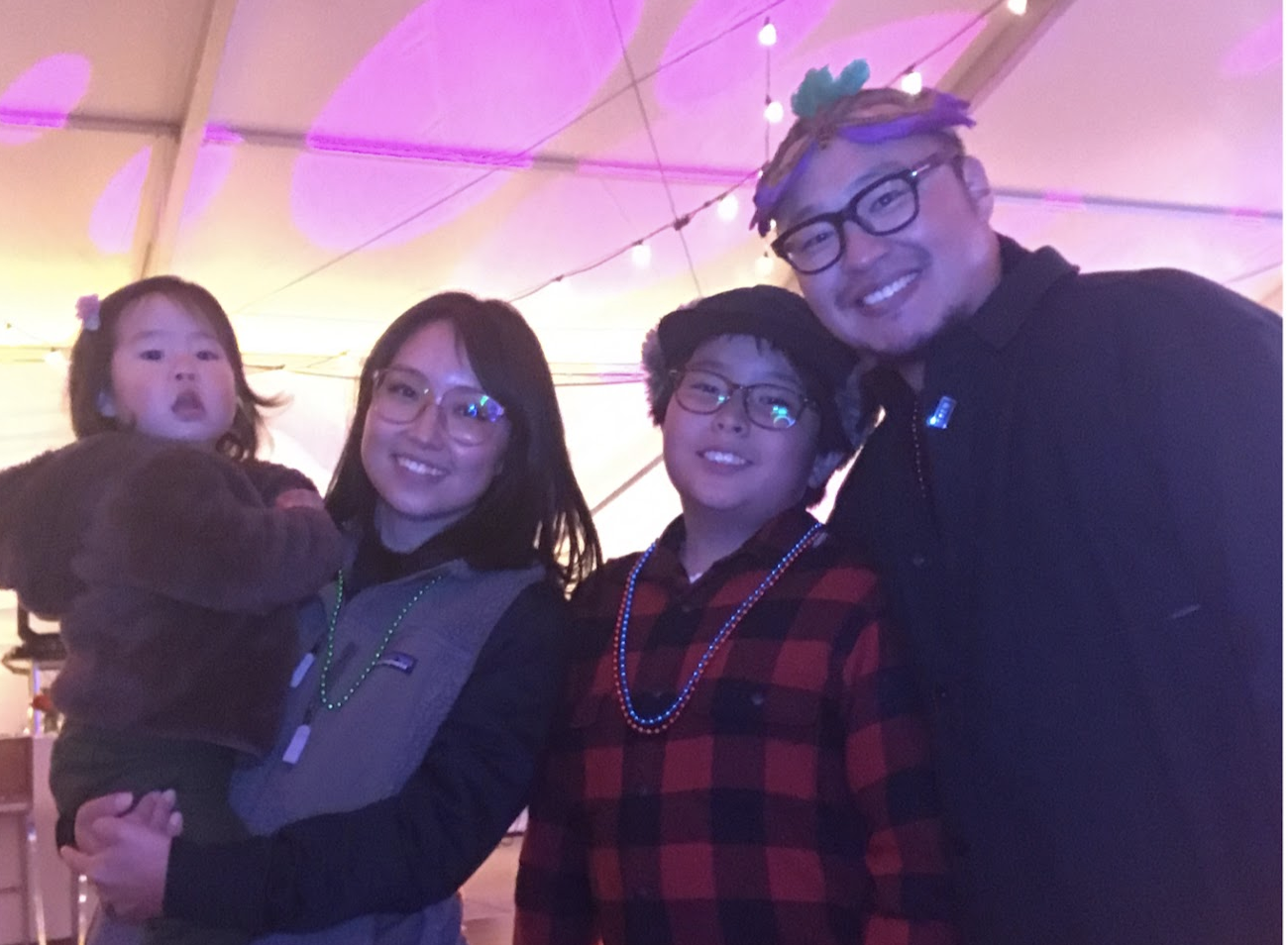

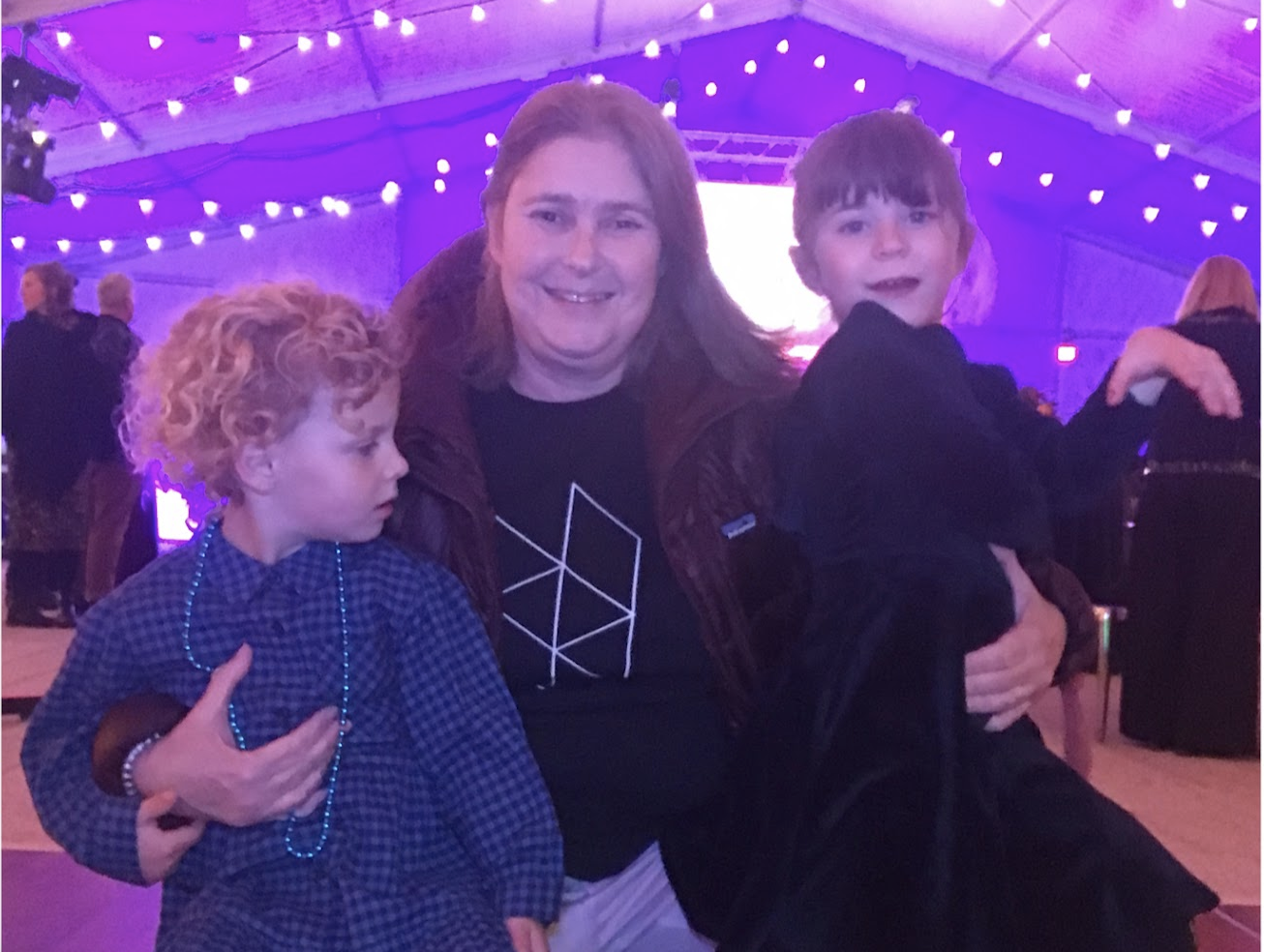

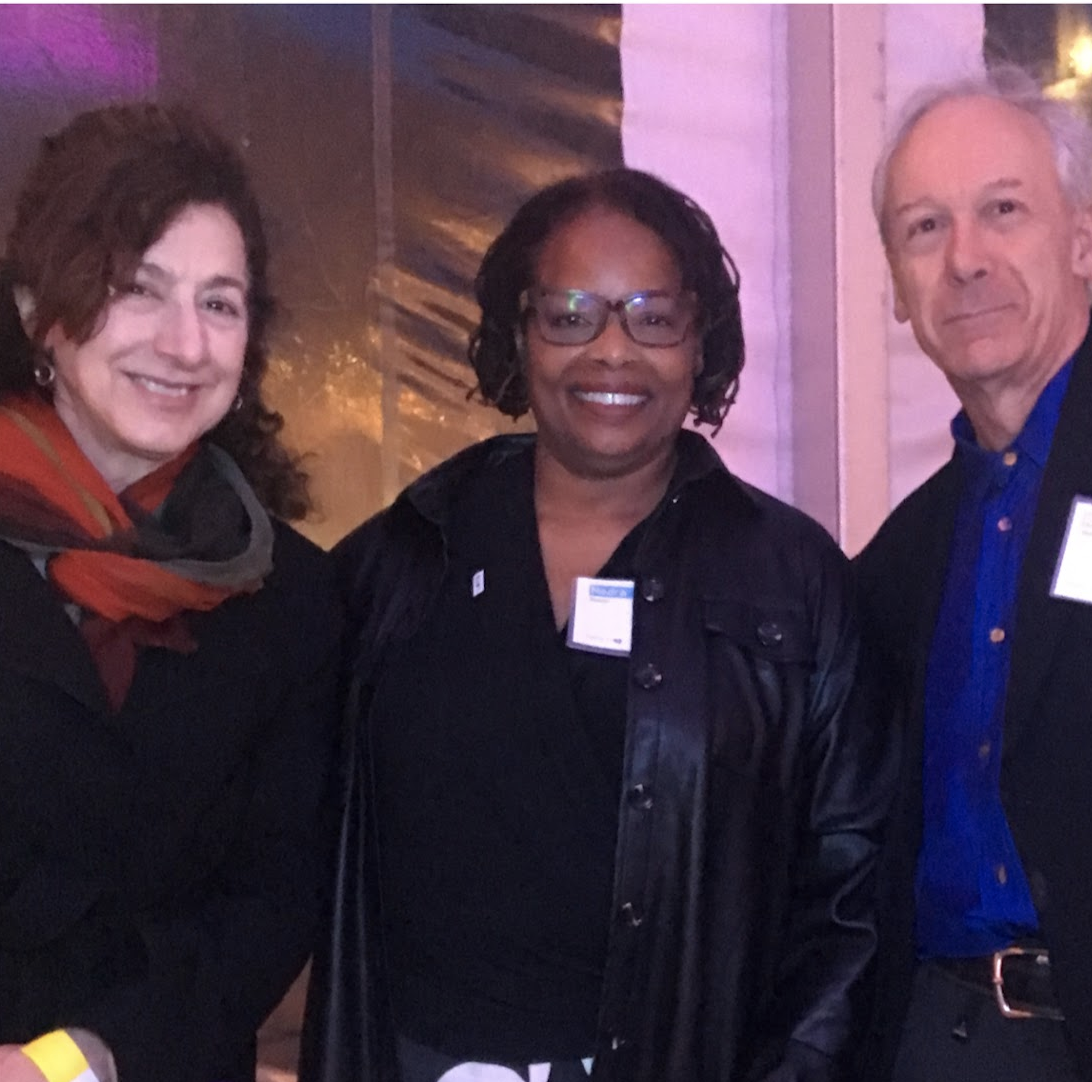
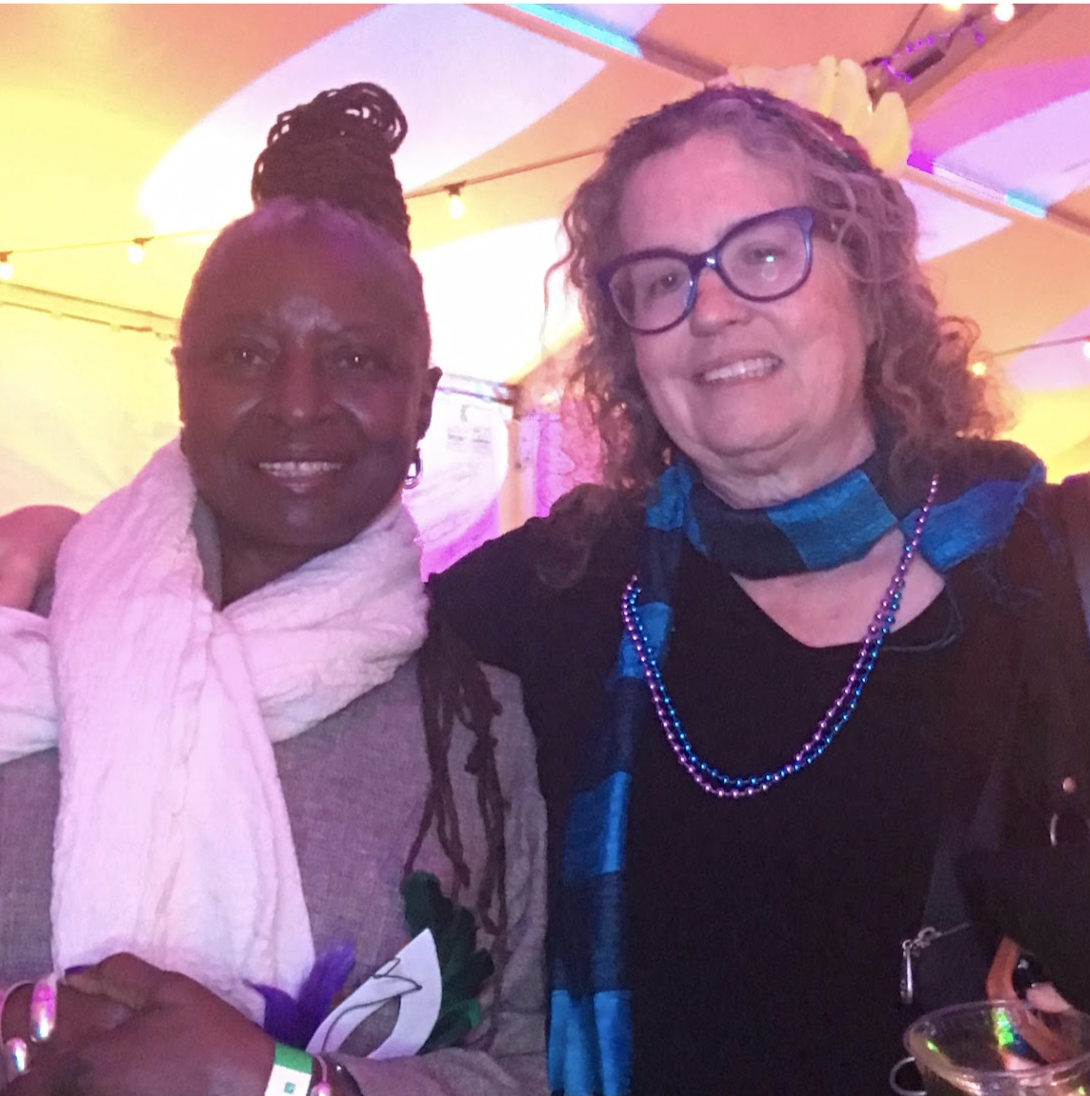


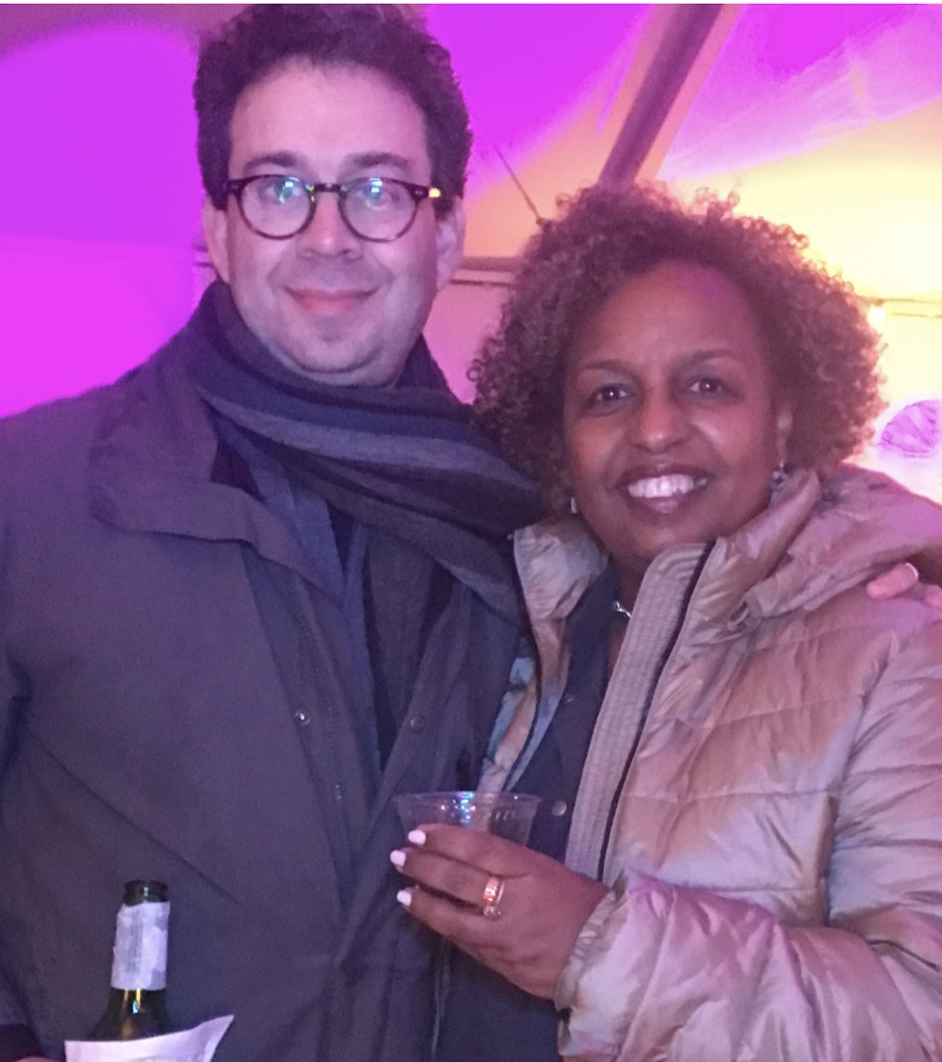

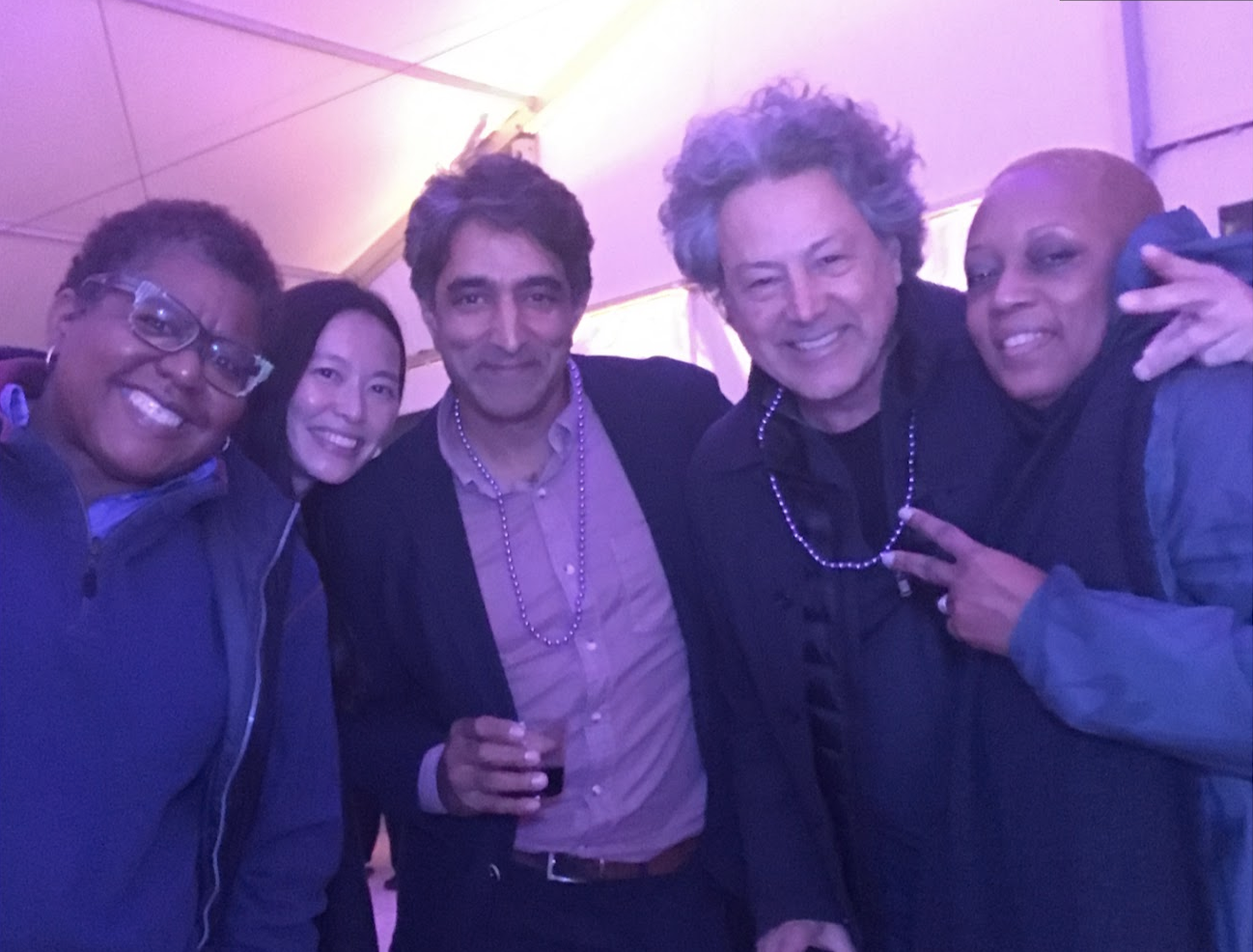

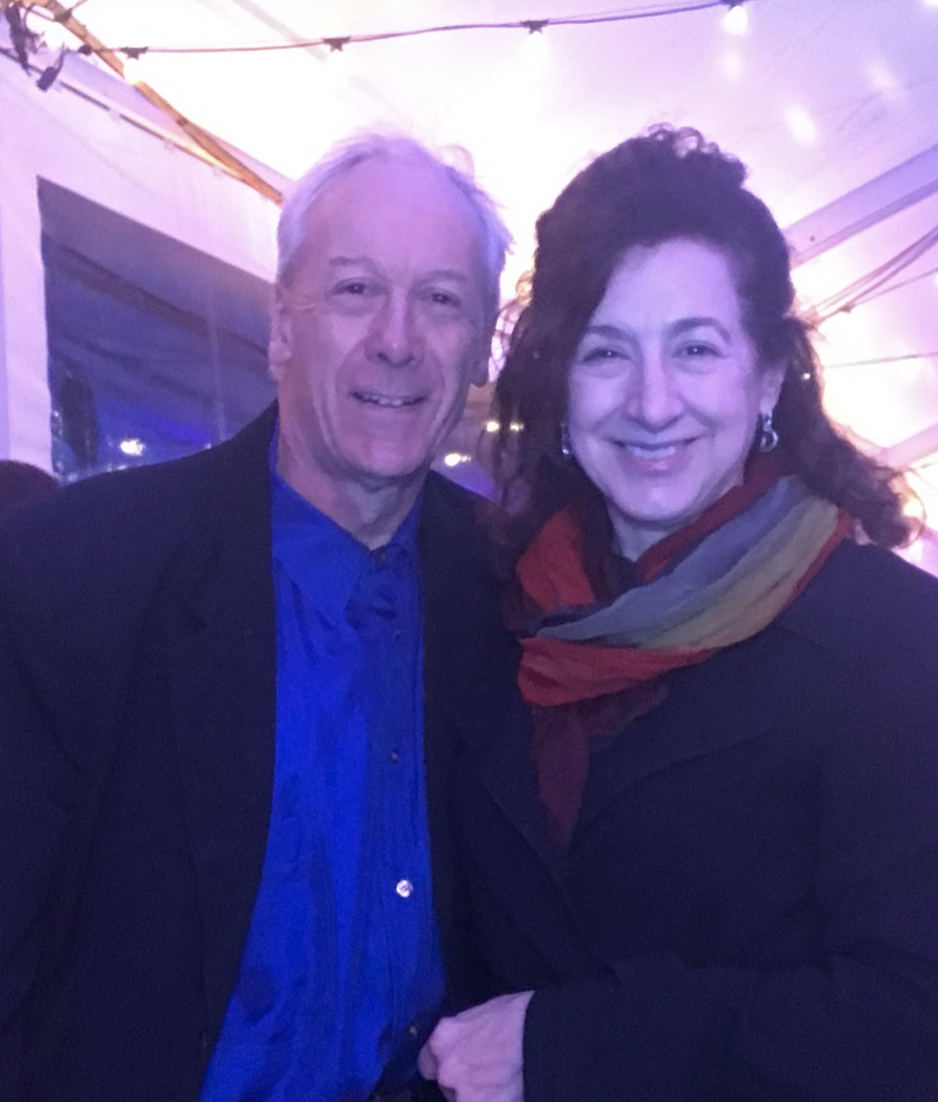
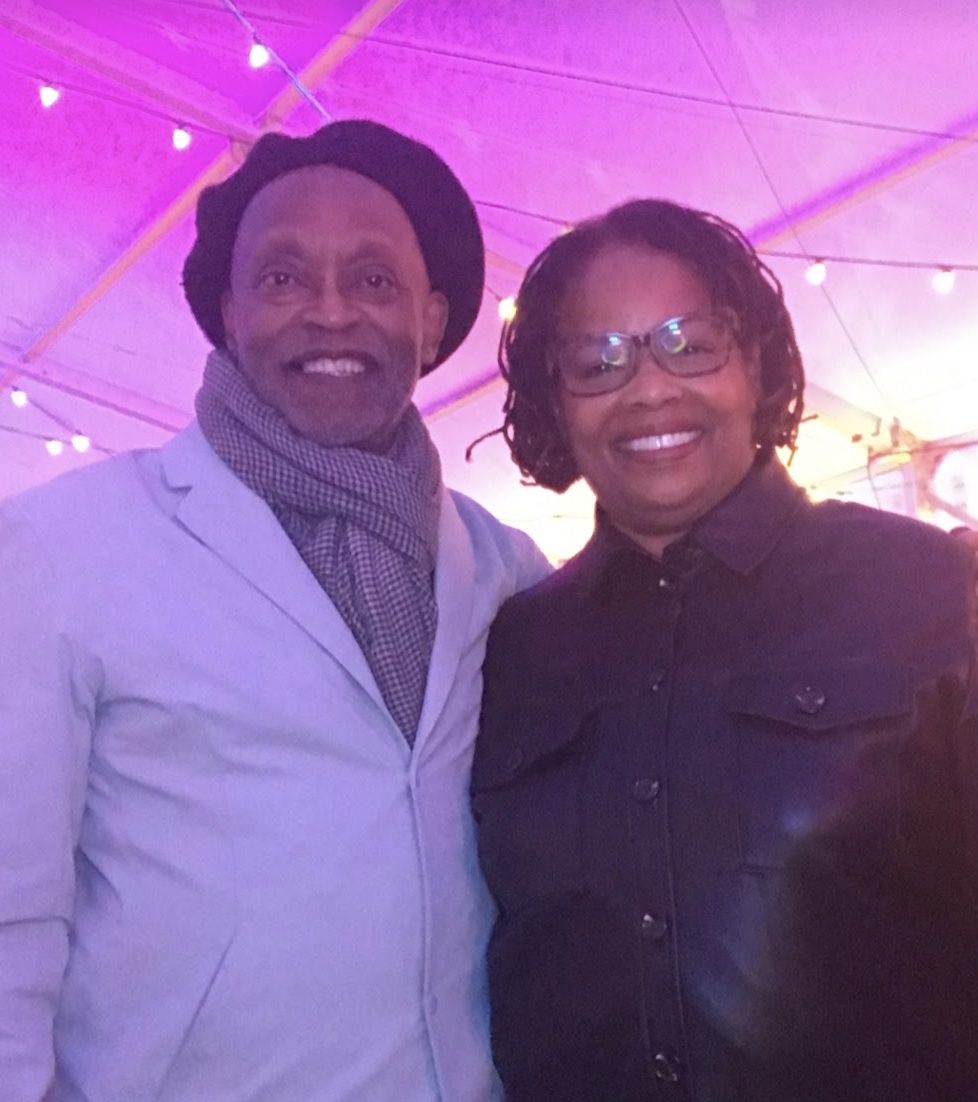

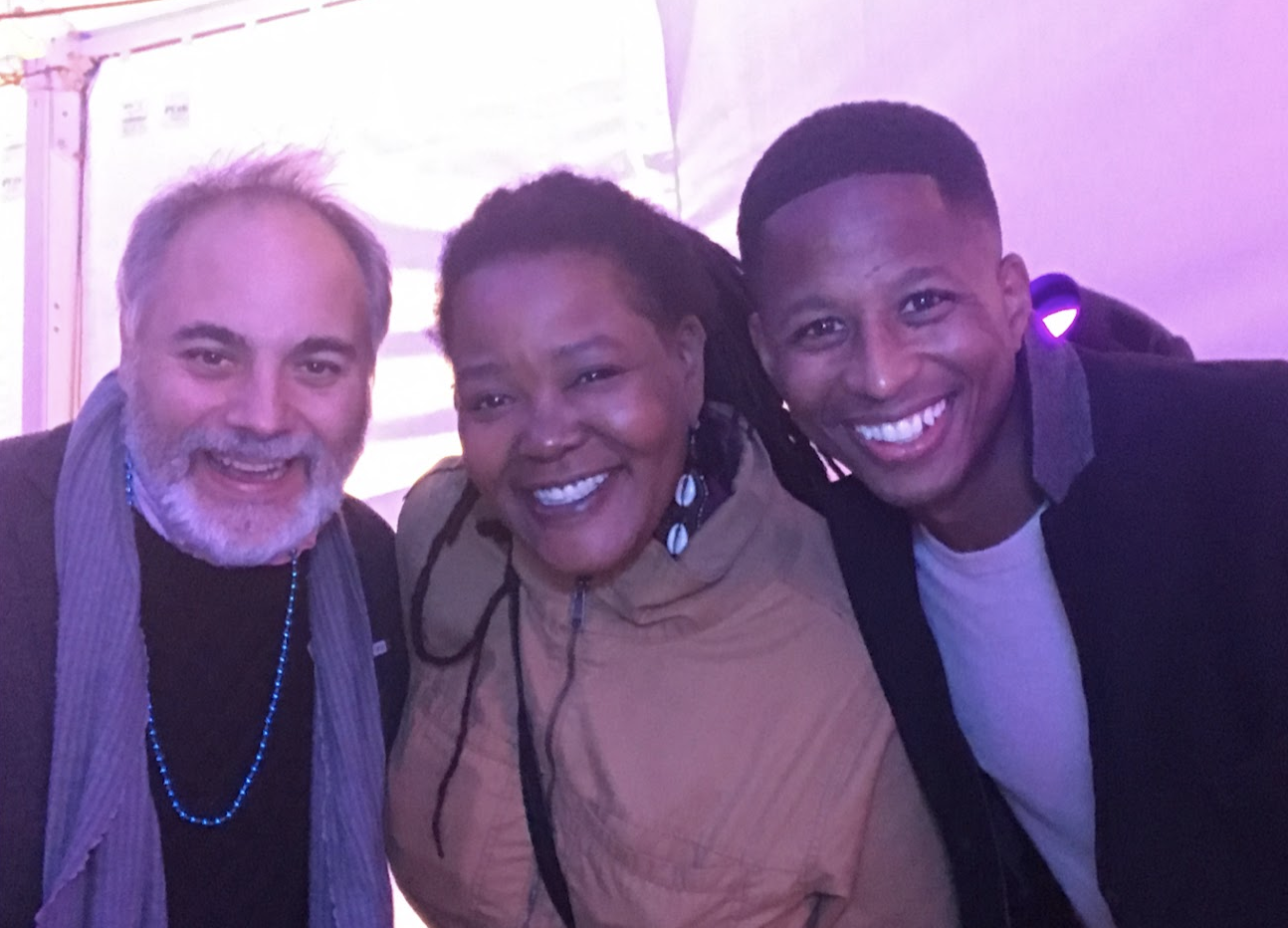


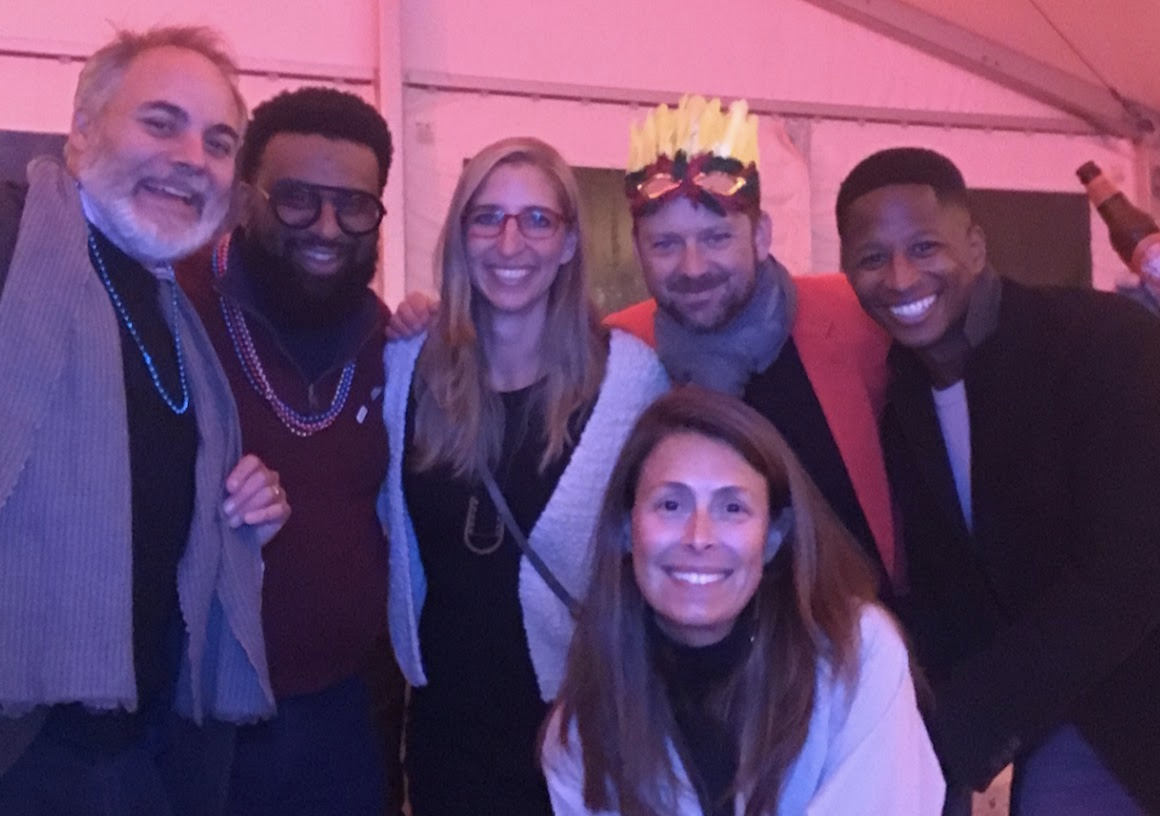



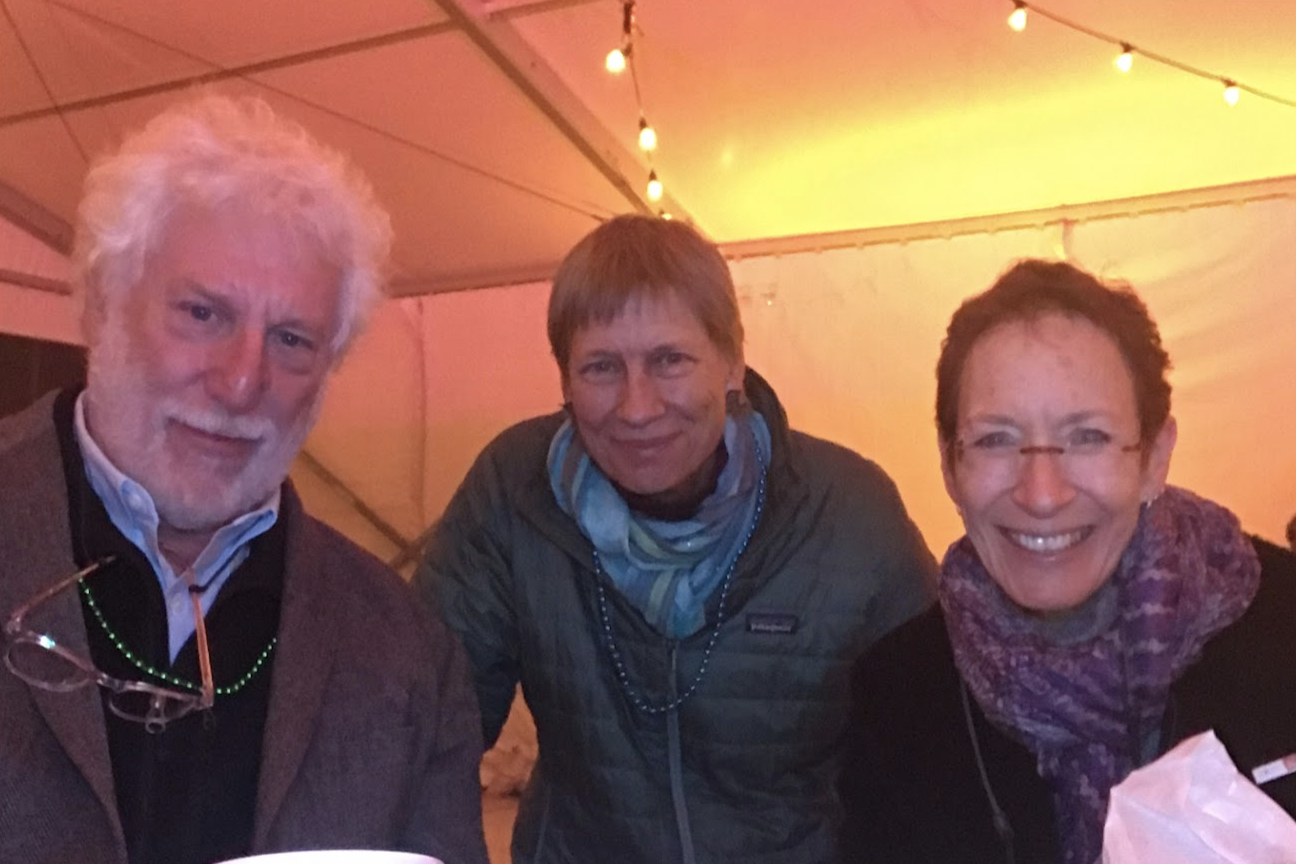


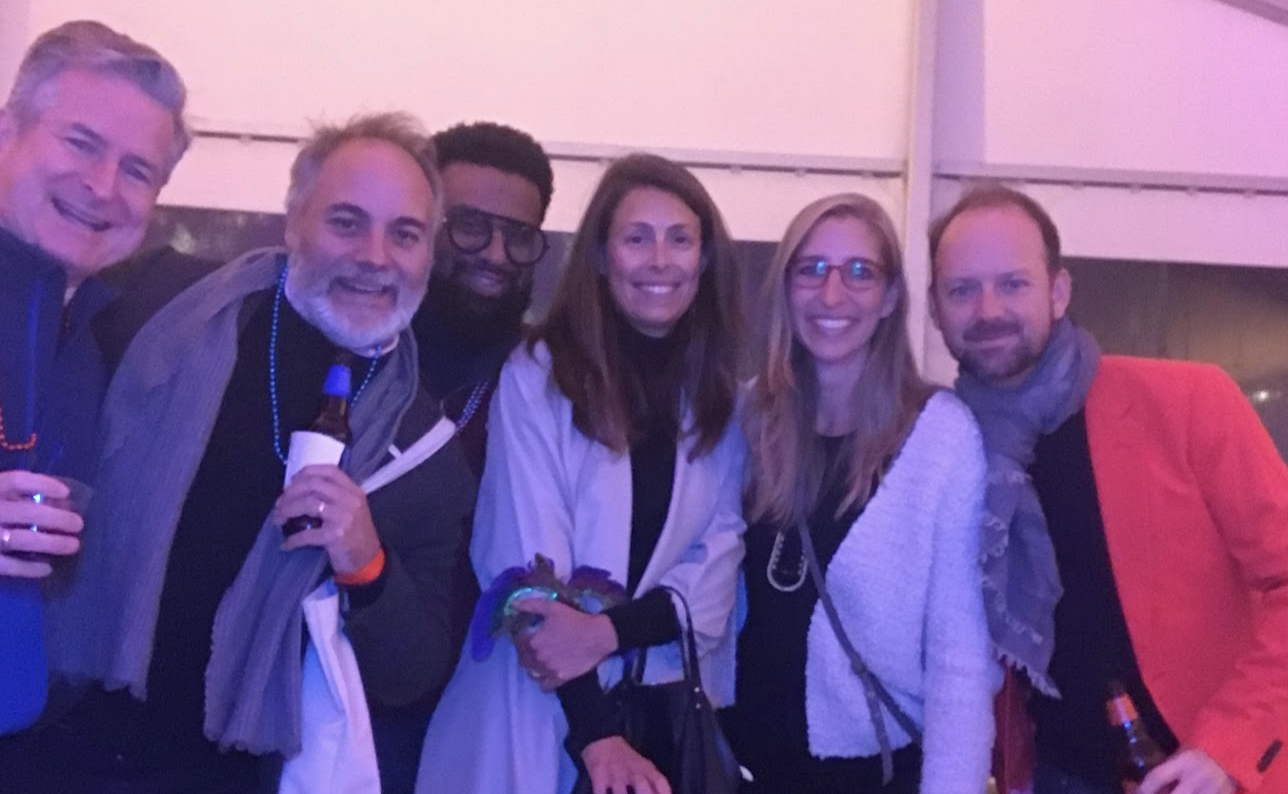
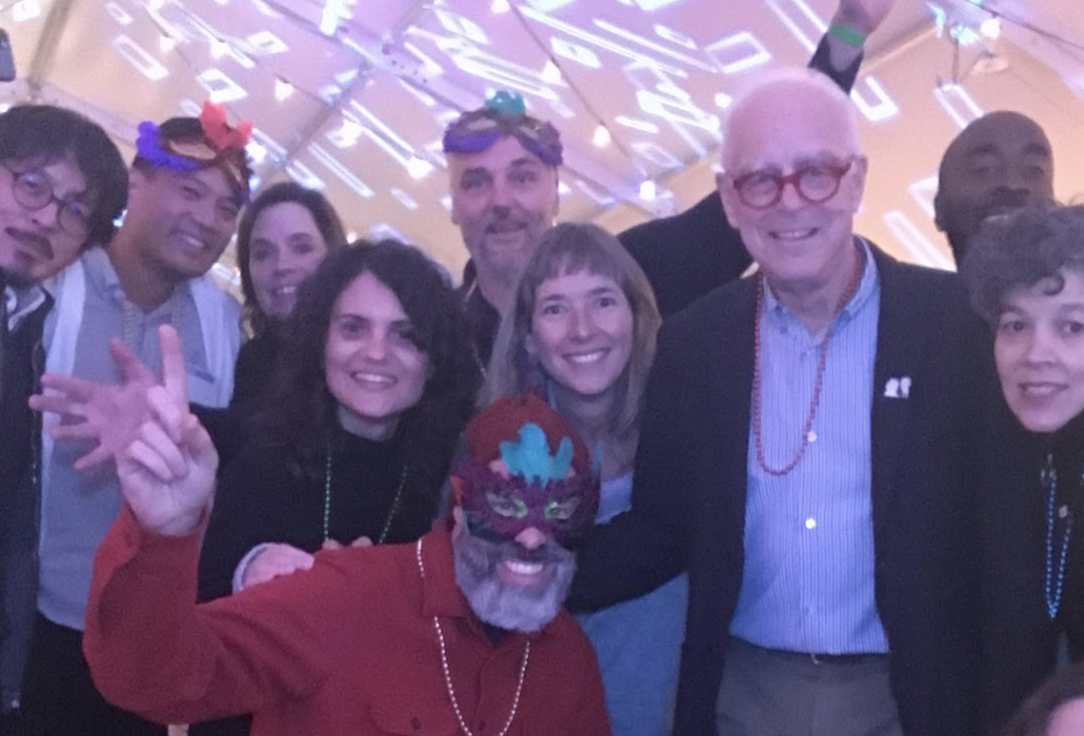
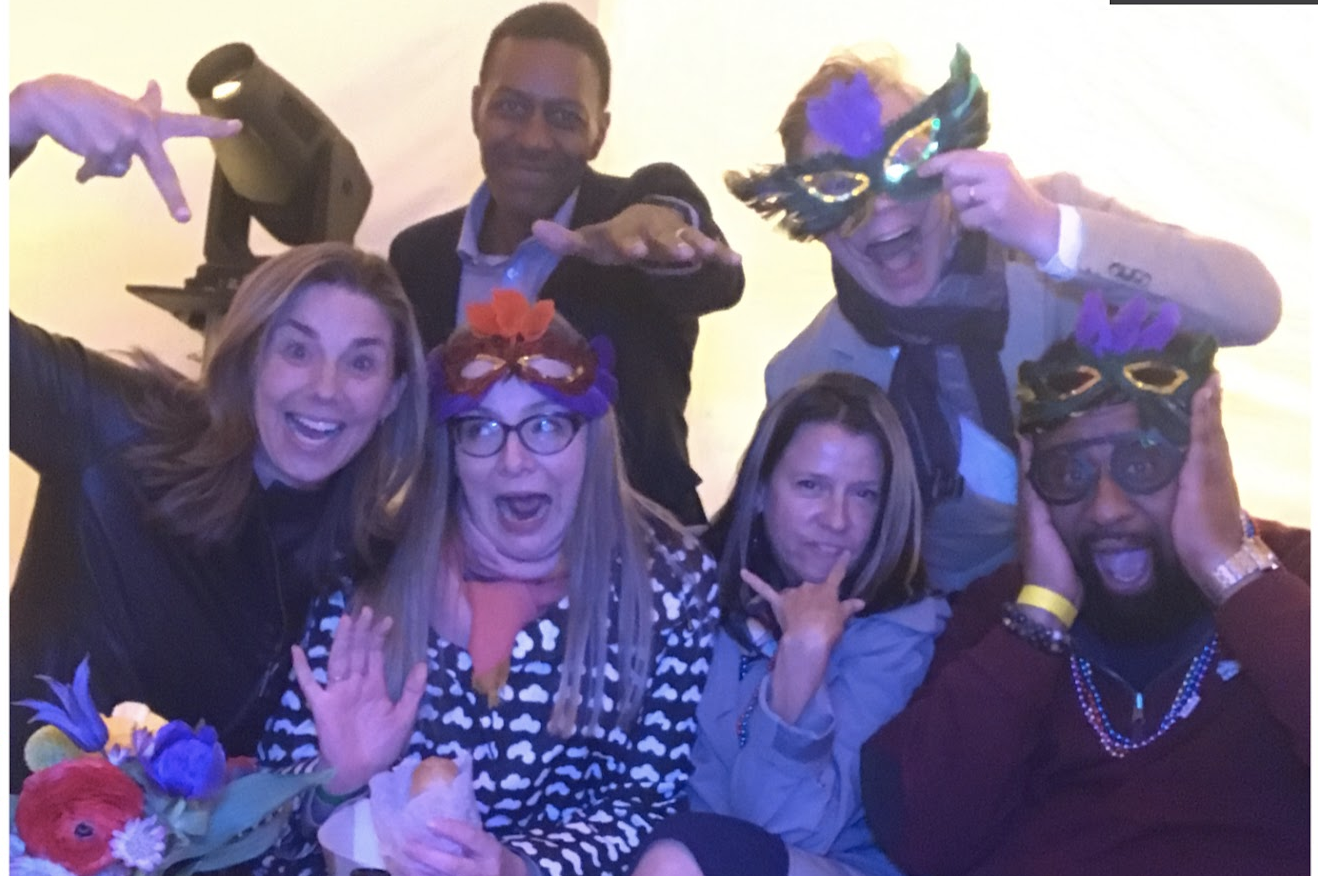
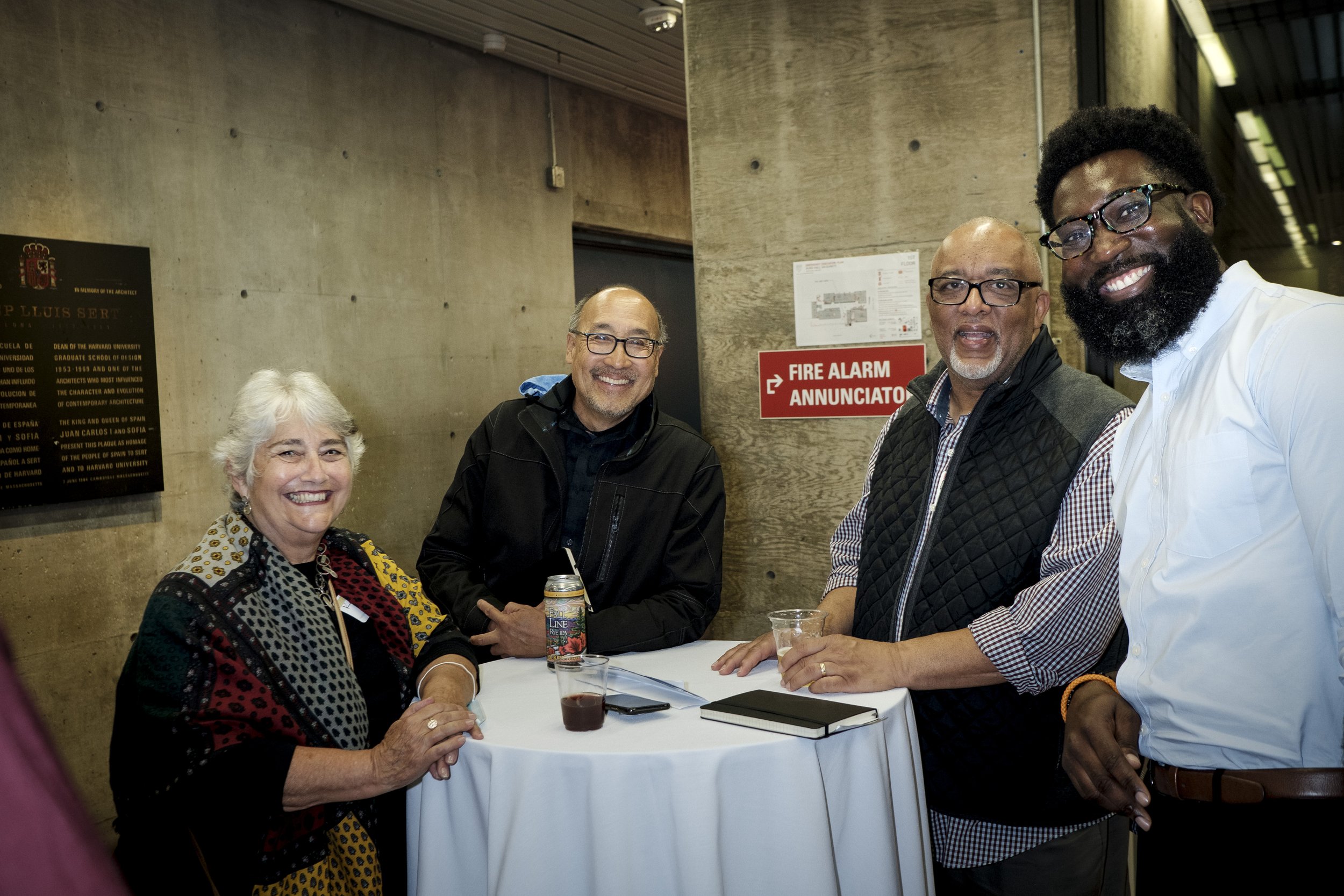


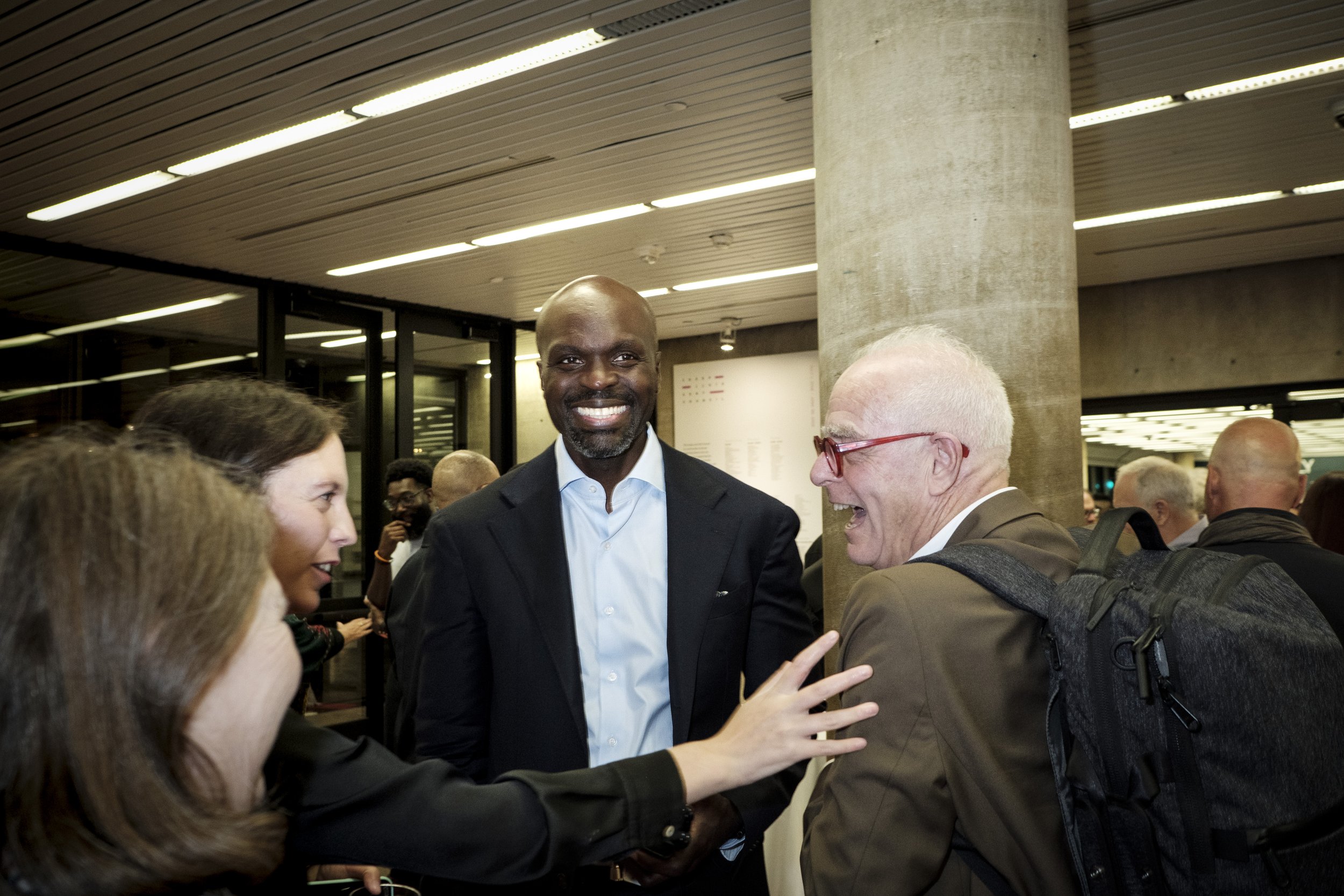

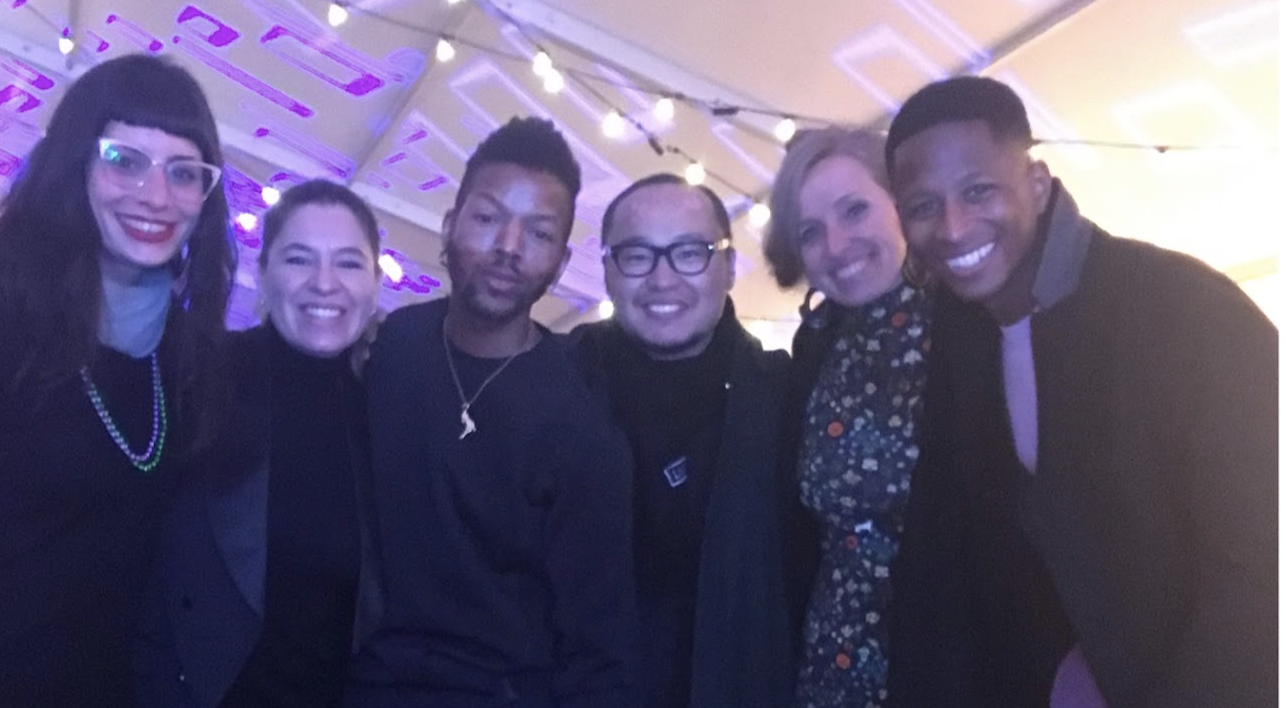


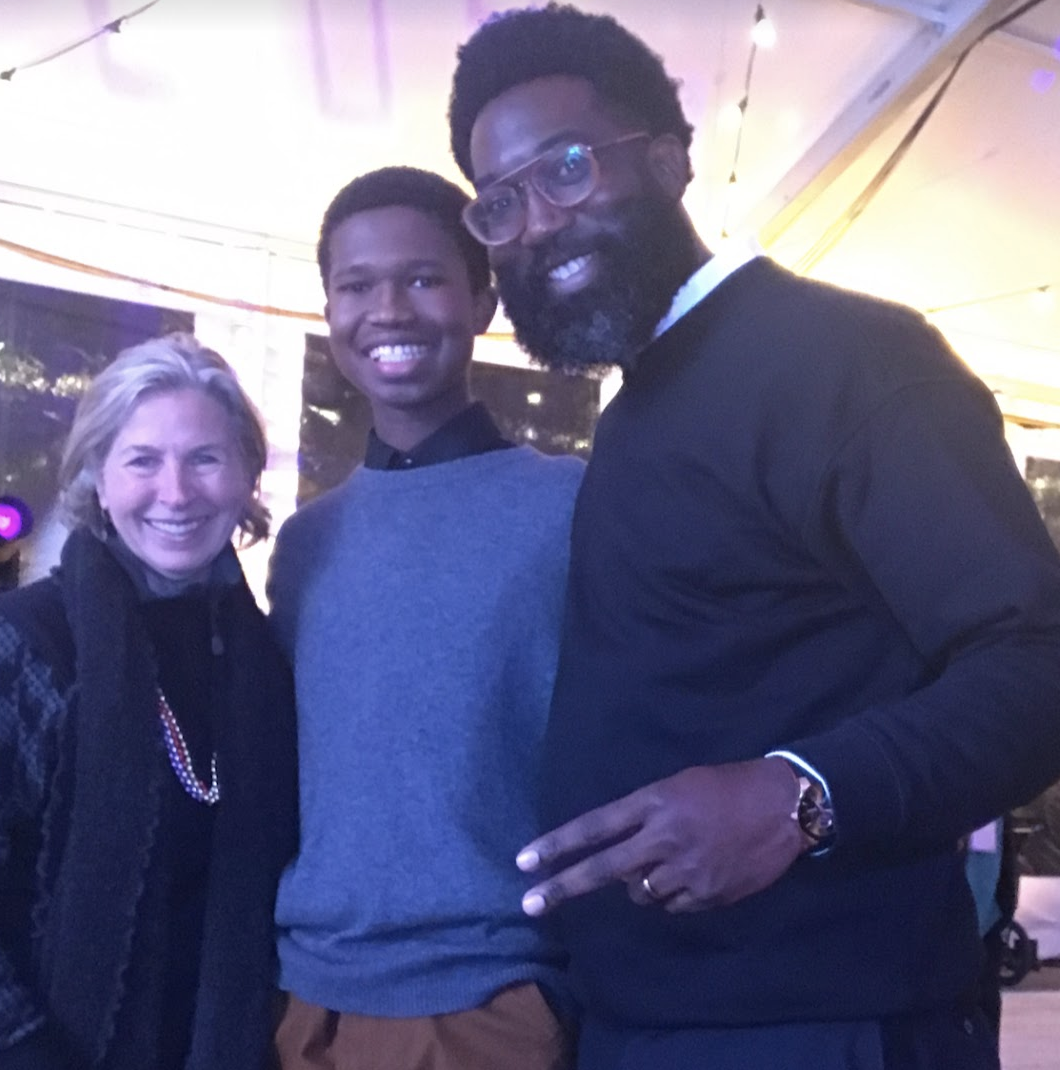




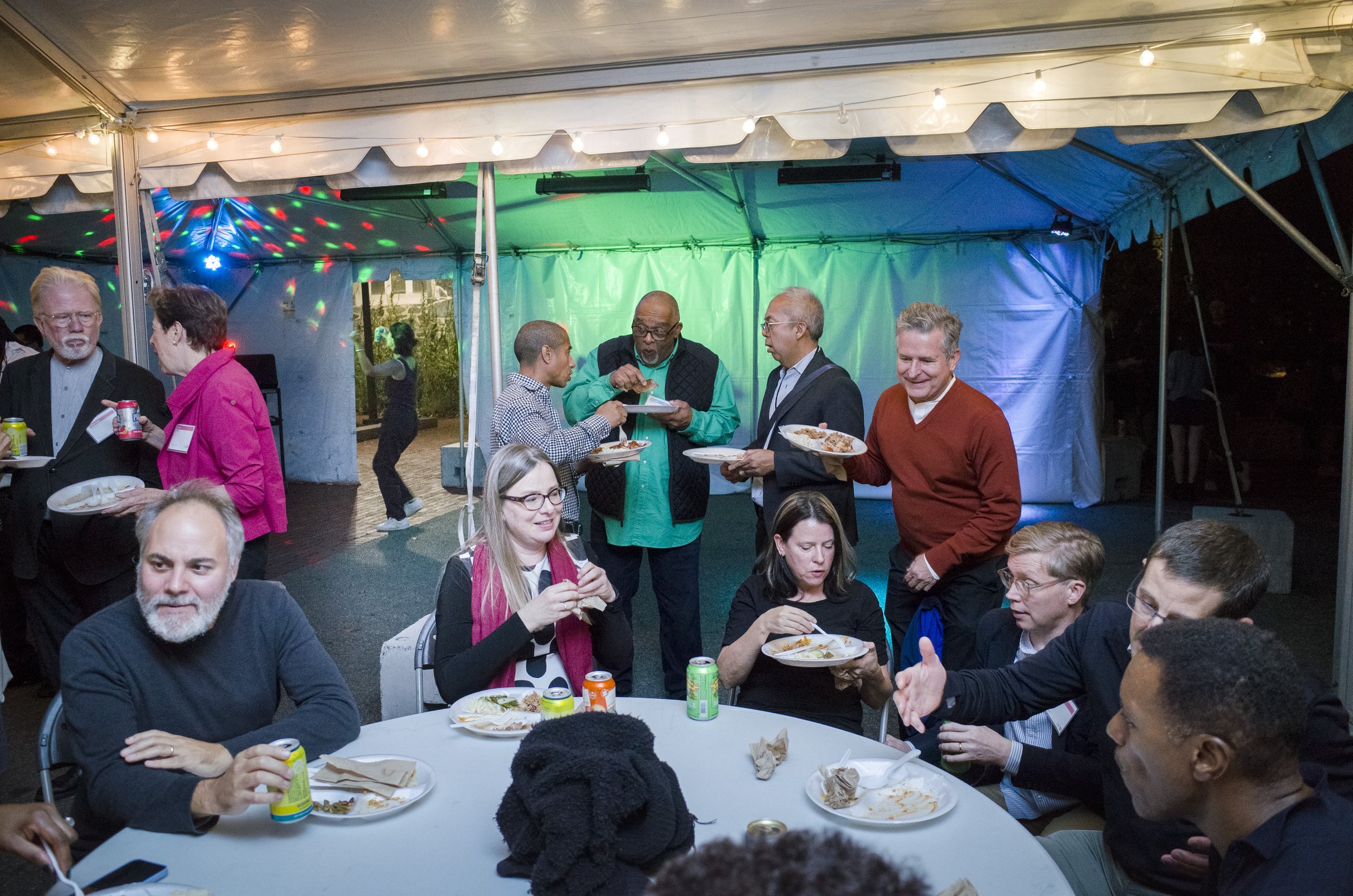

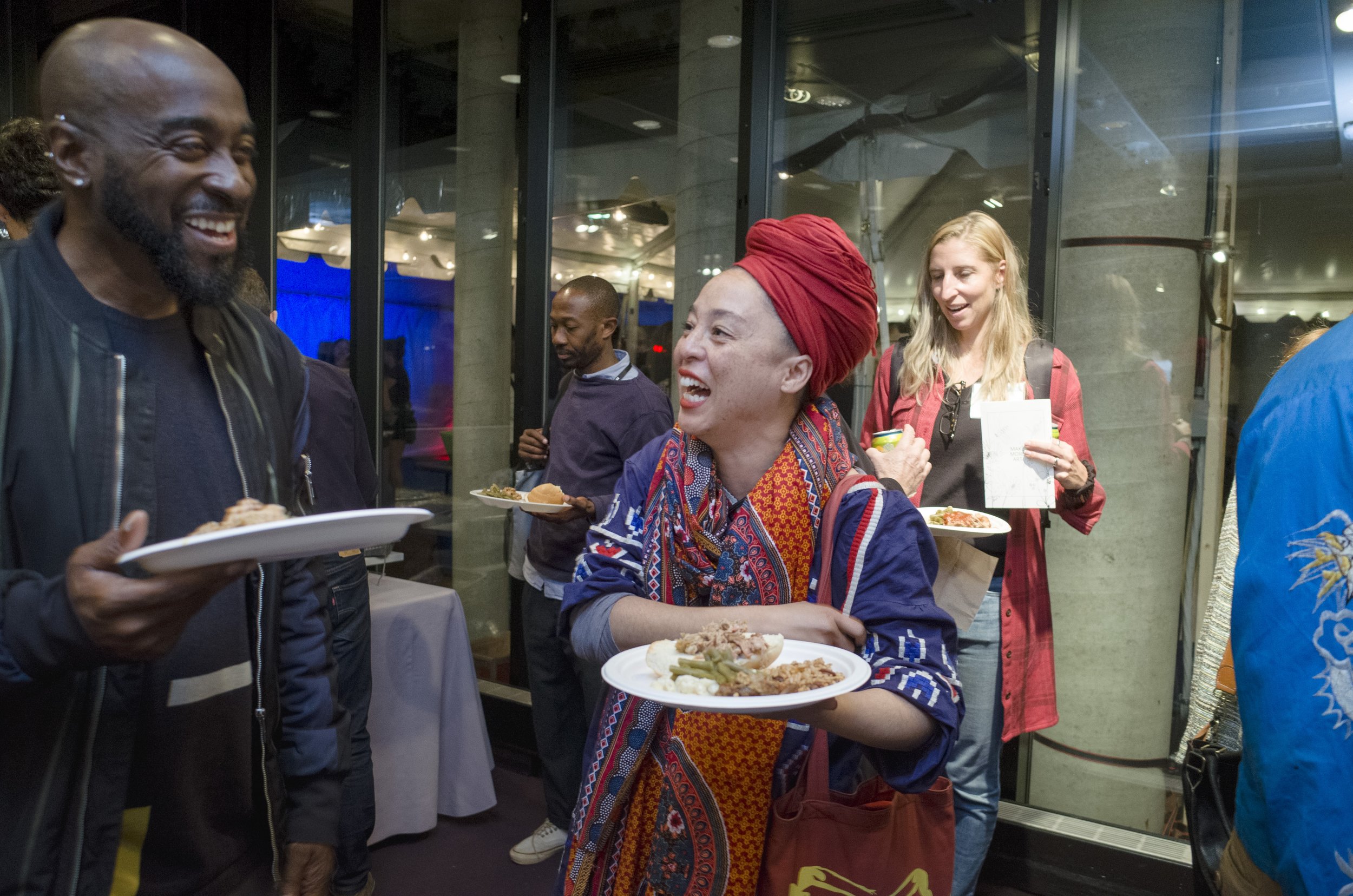


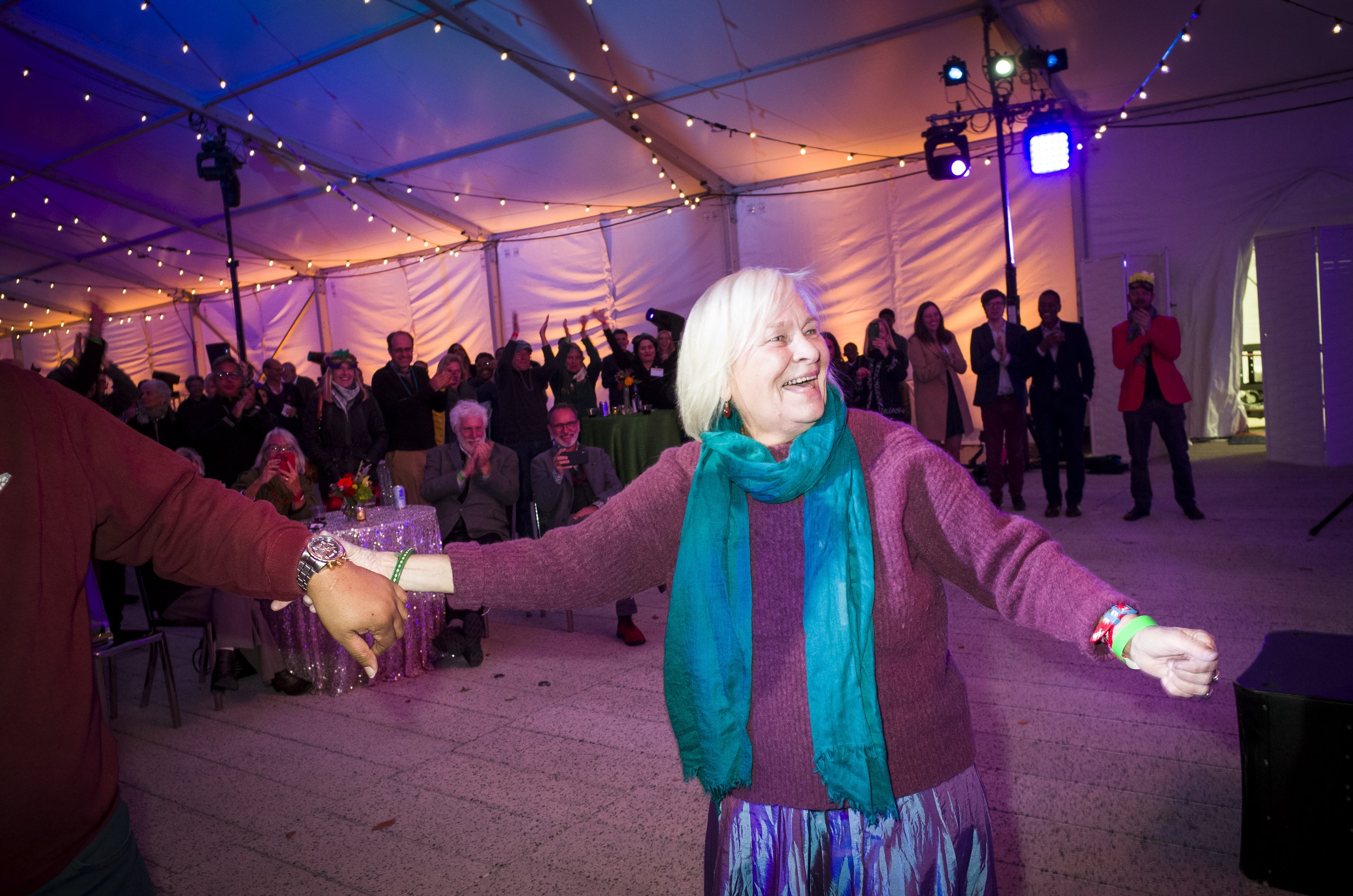

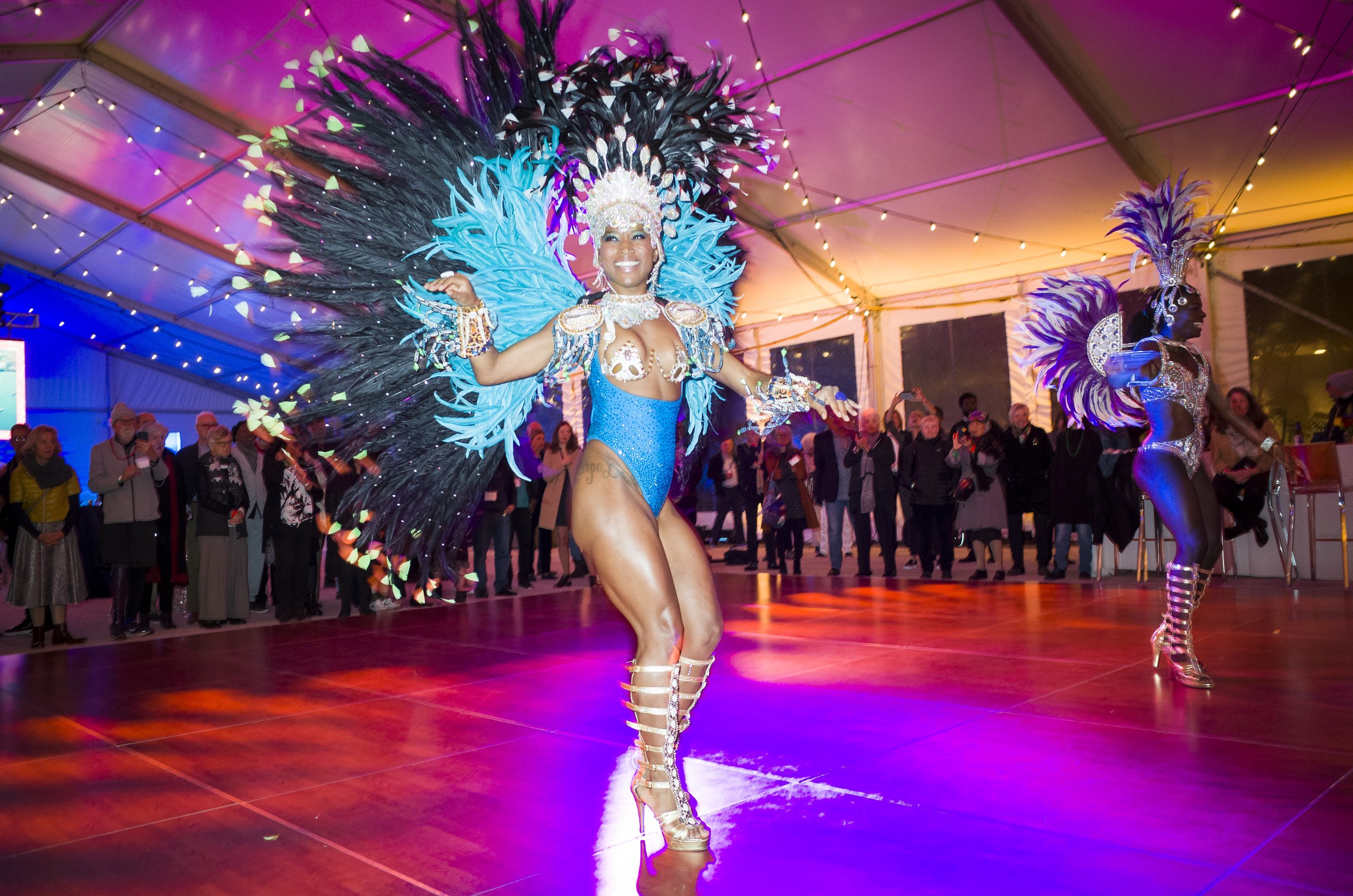


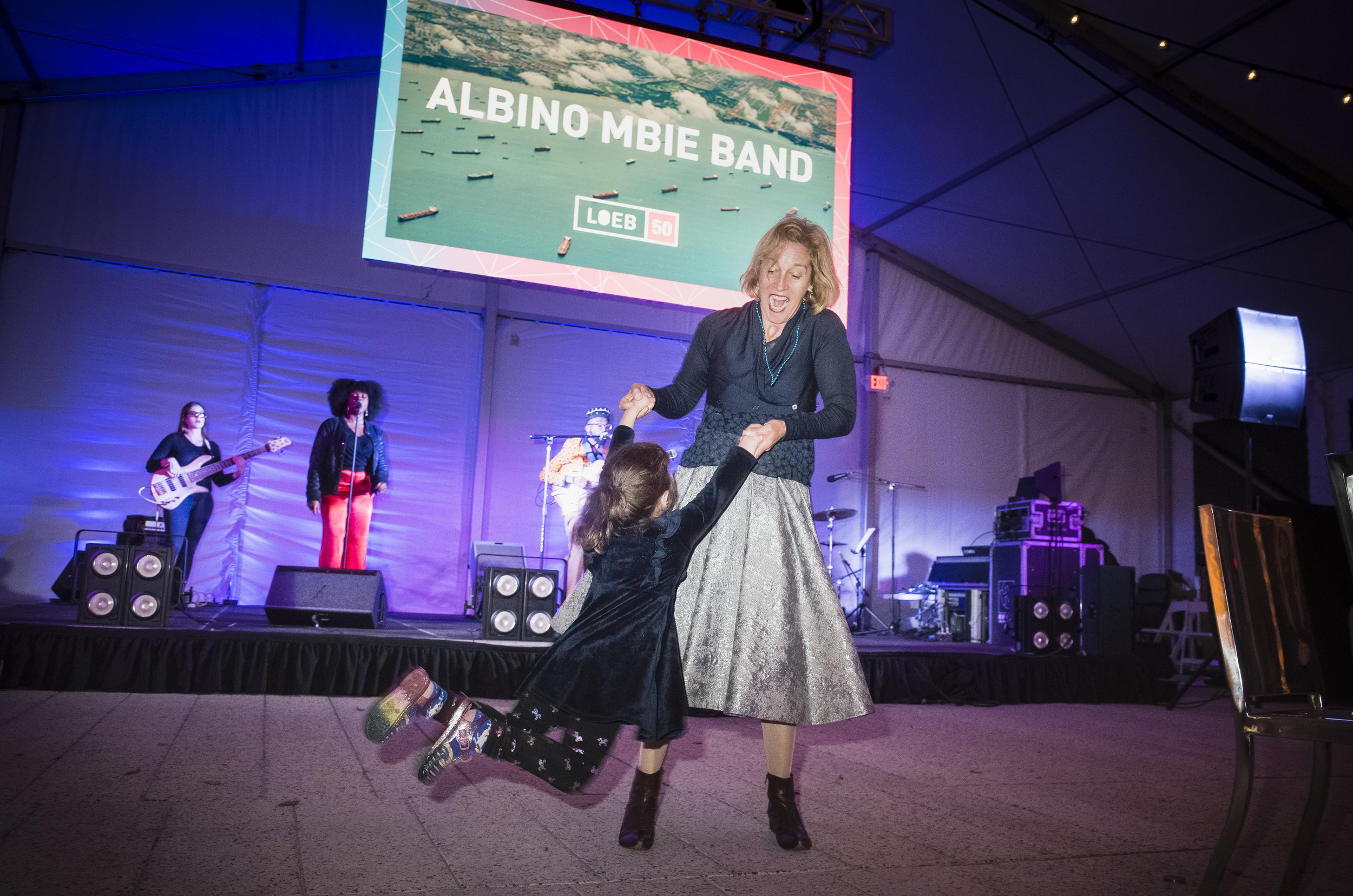









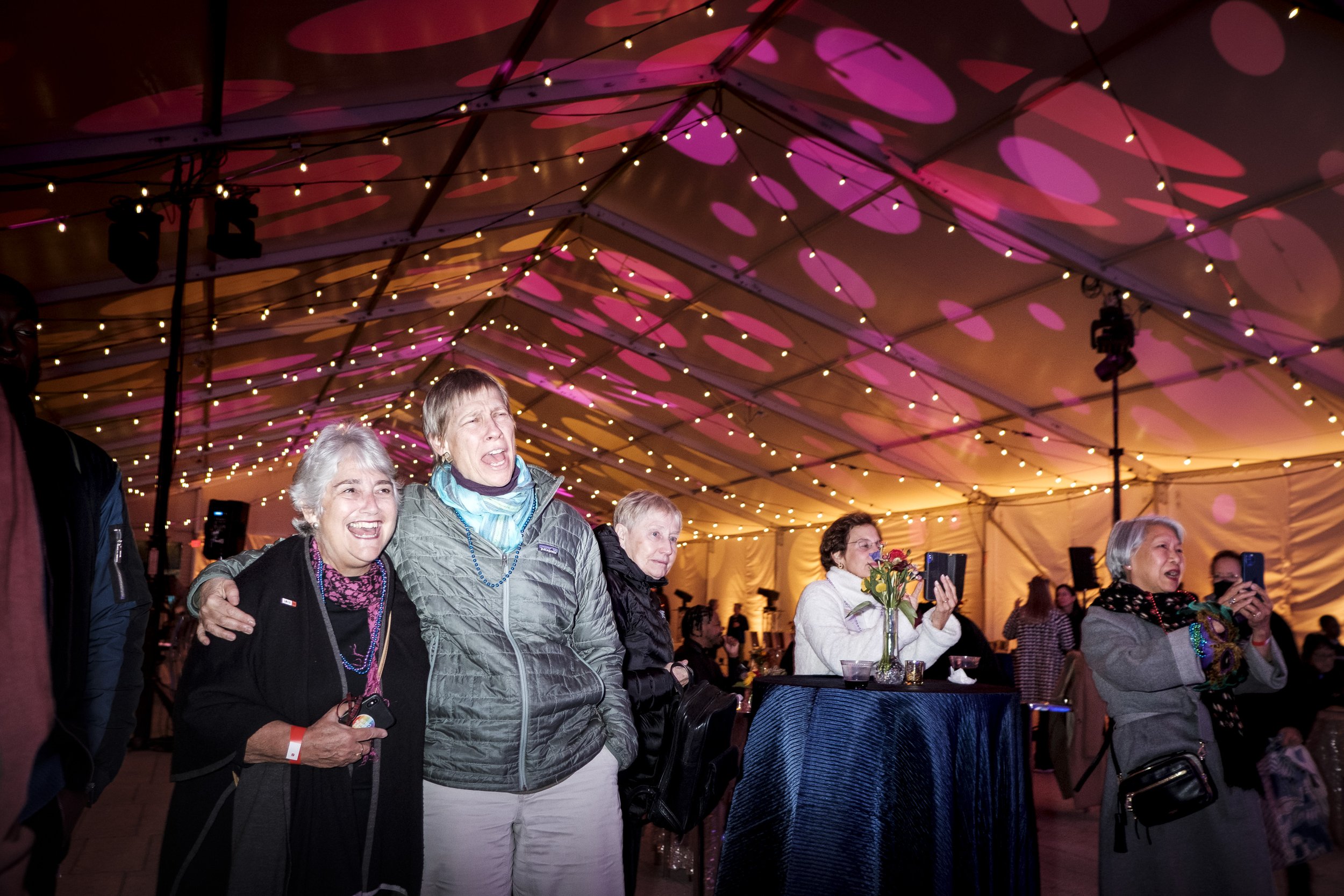












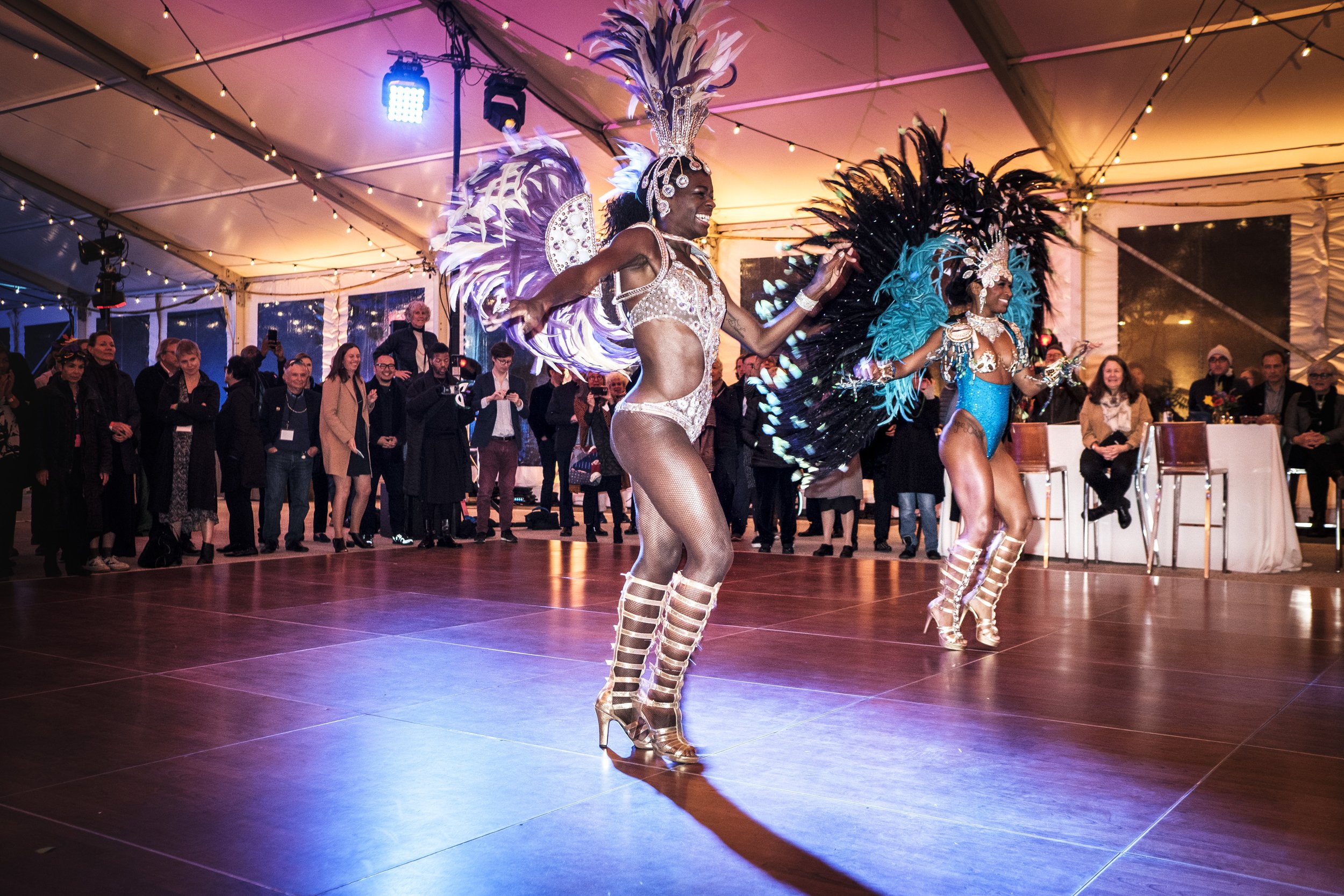
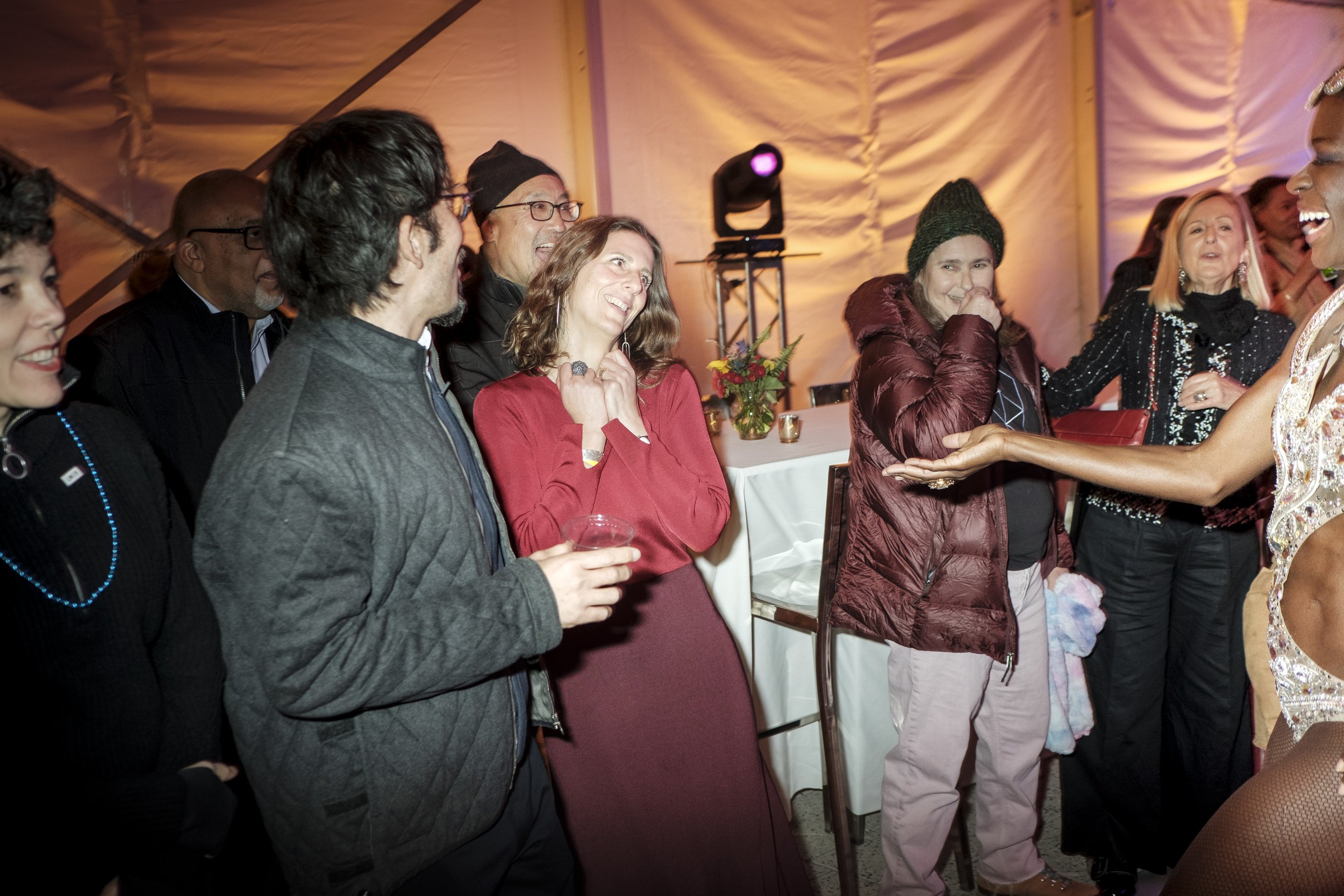











































































































































Symposia and Keynote Videos
-
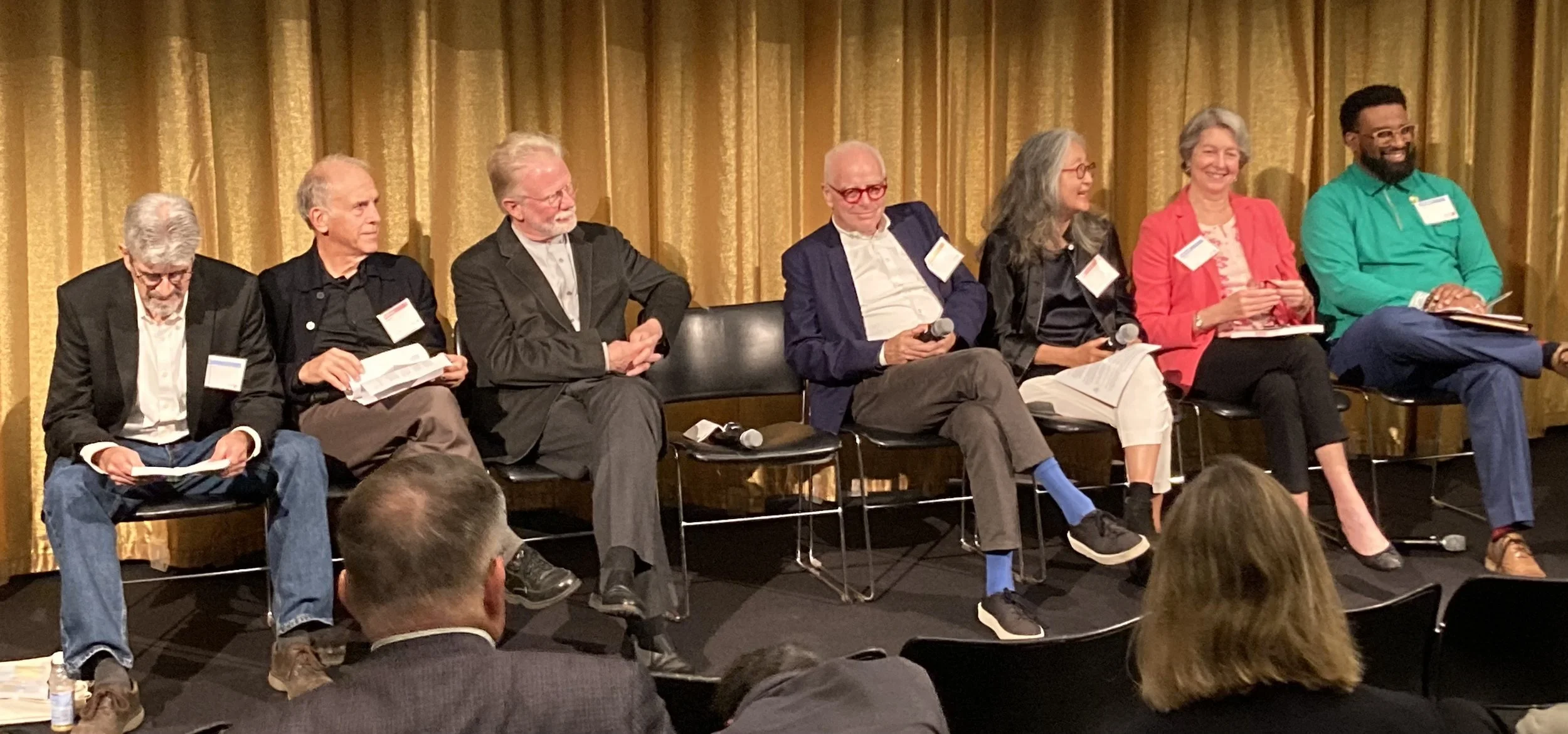
Welcome & LFAC President Discussion
-

Saturday Keynote: Seitu Jones ‘02 and Soyini Guyton
-

Urban Vitality After Covid
-

Black Spaces
Group Photo

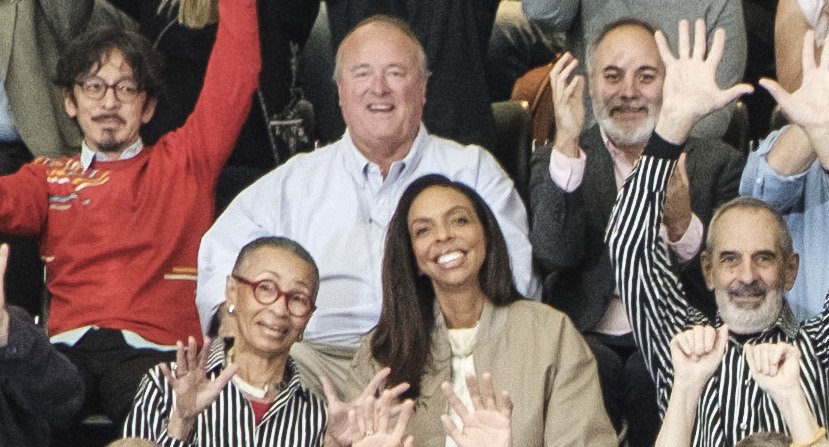
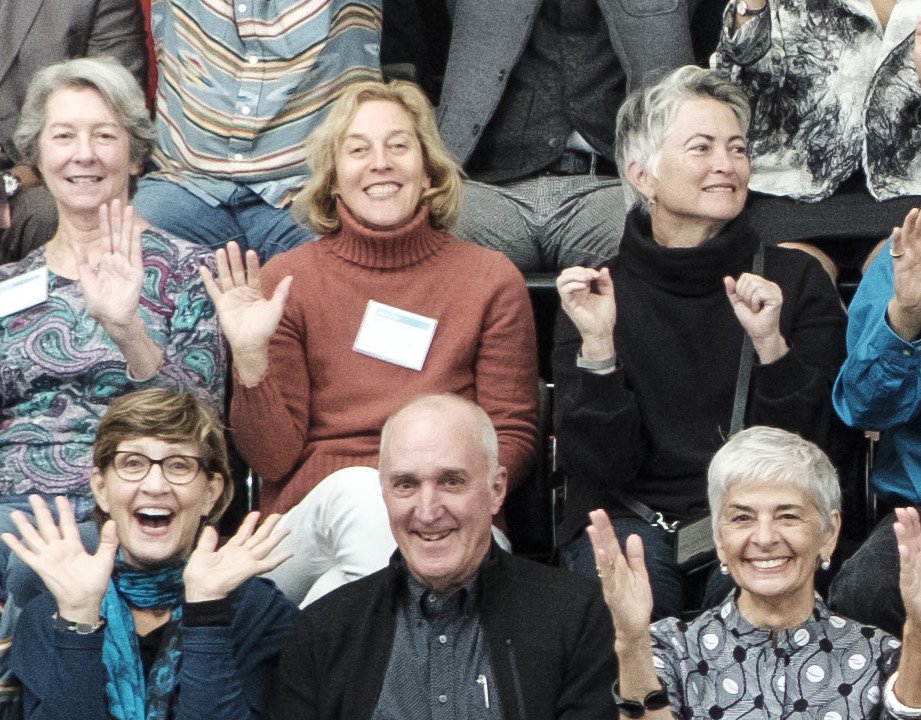
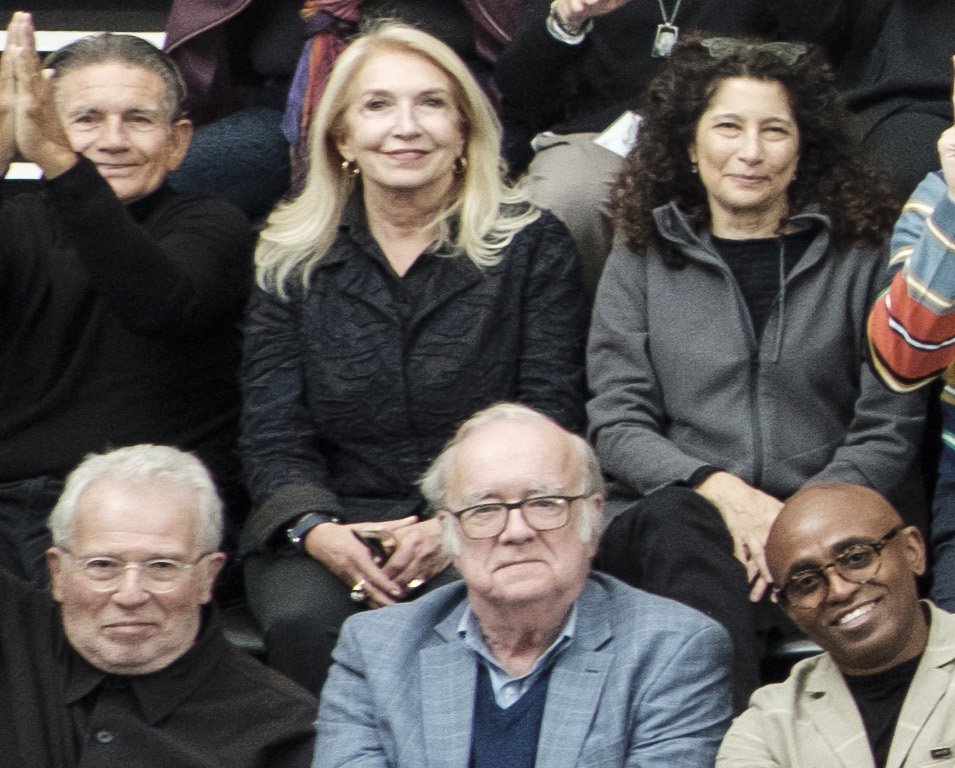
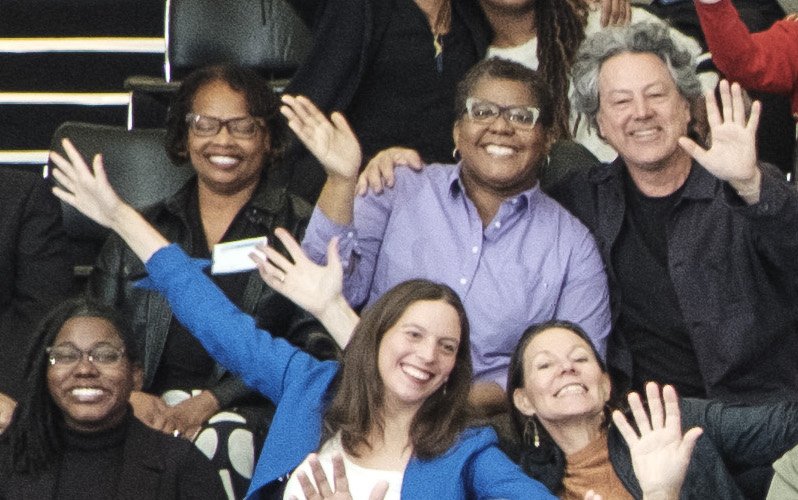
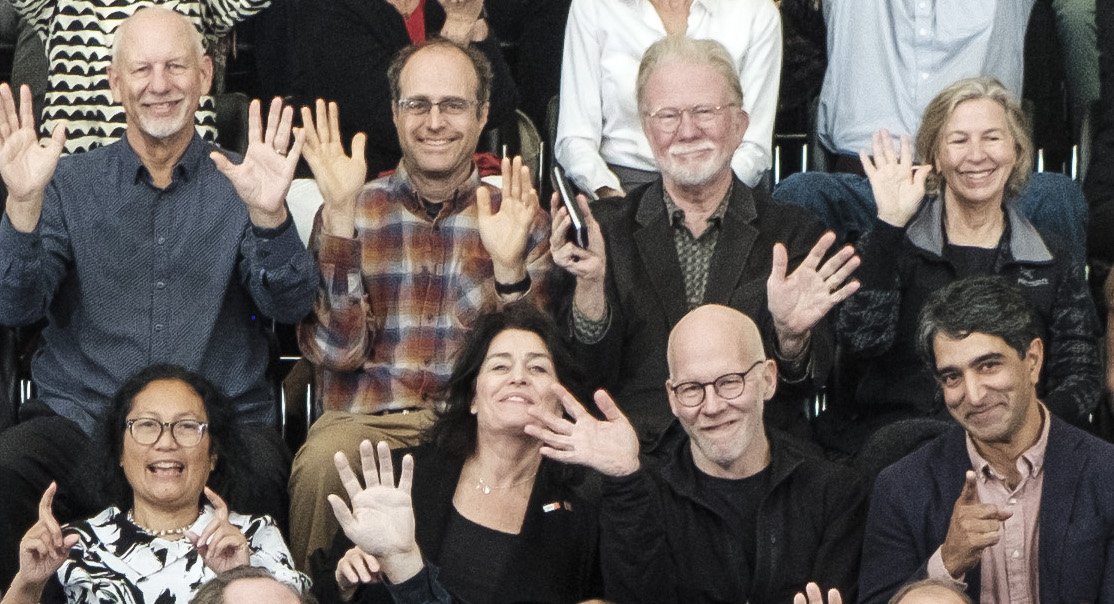
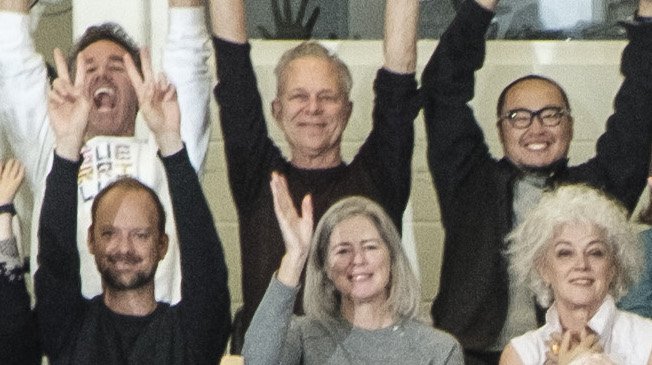
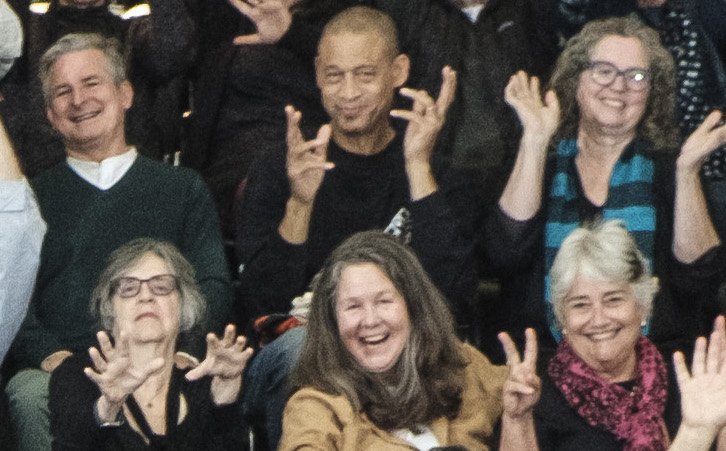
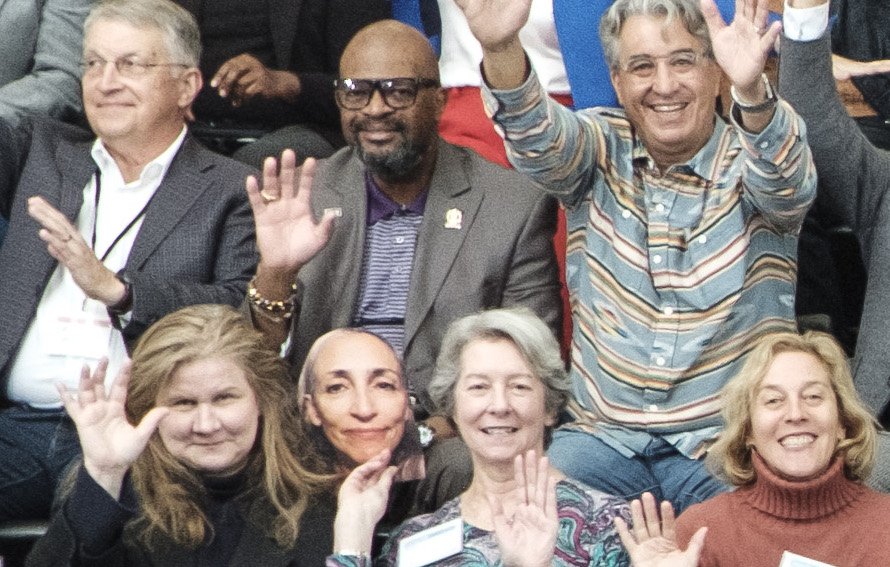
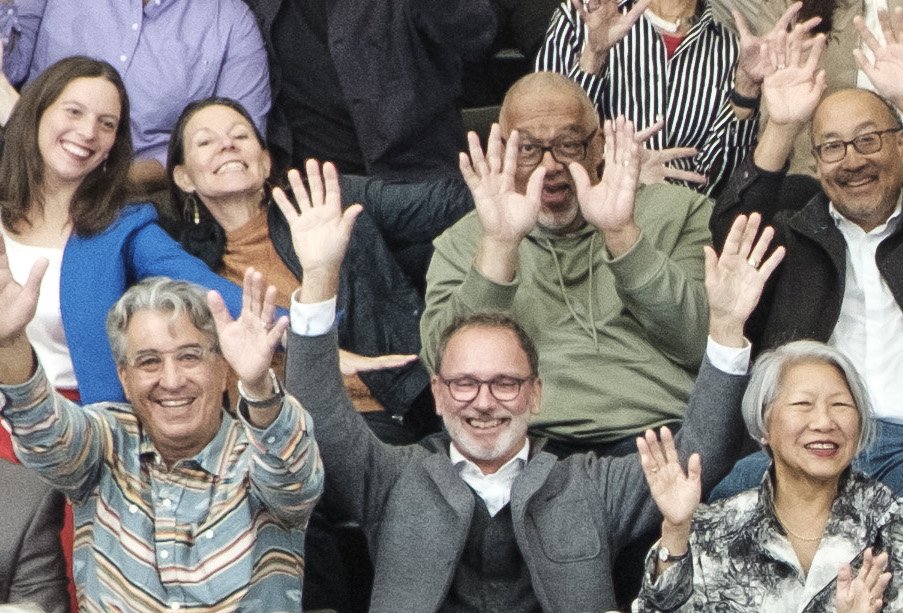
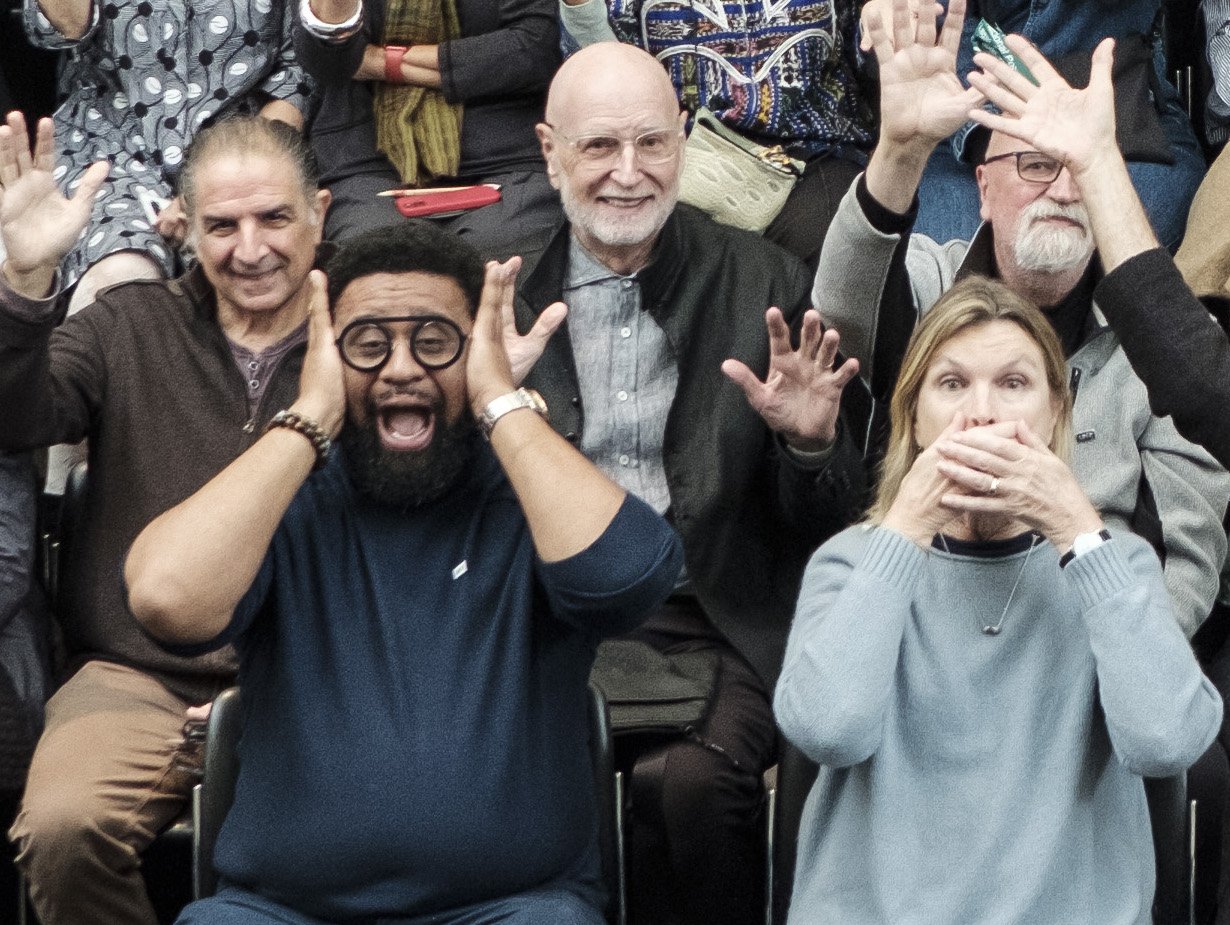
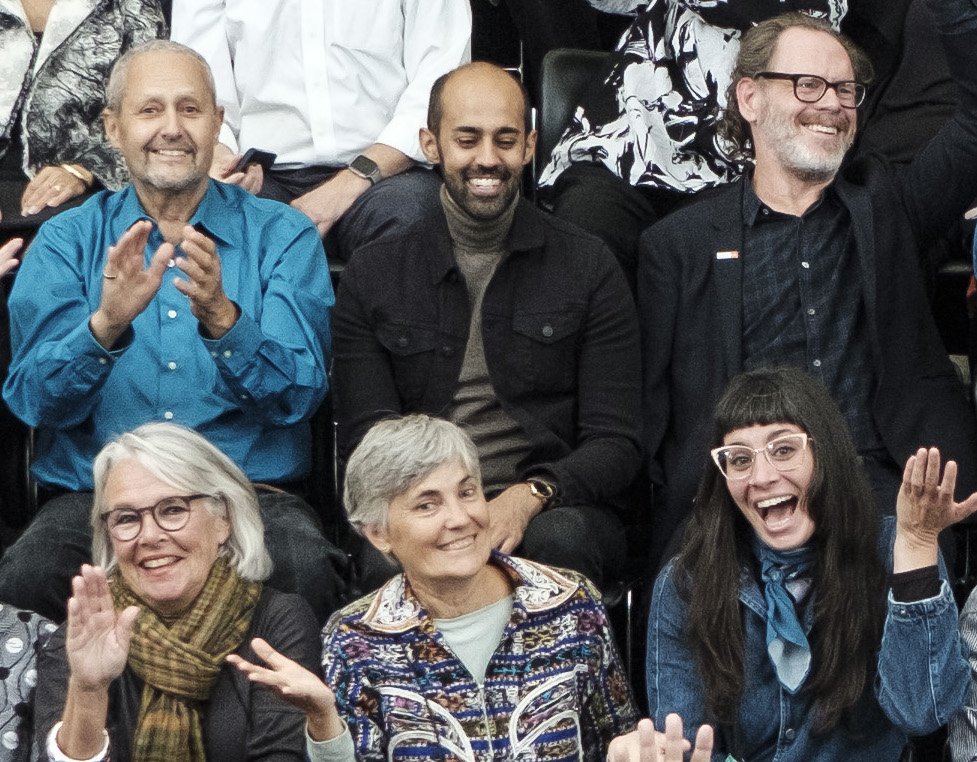
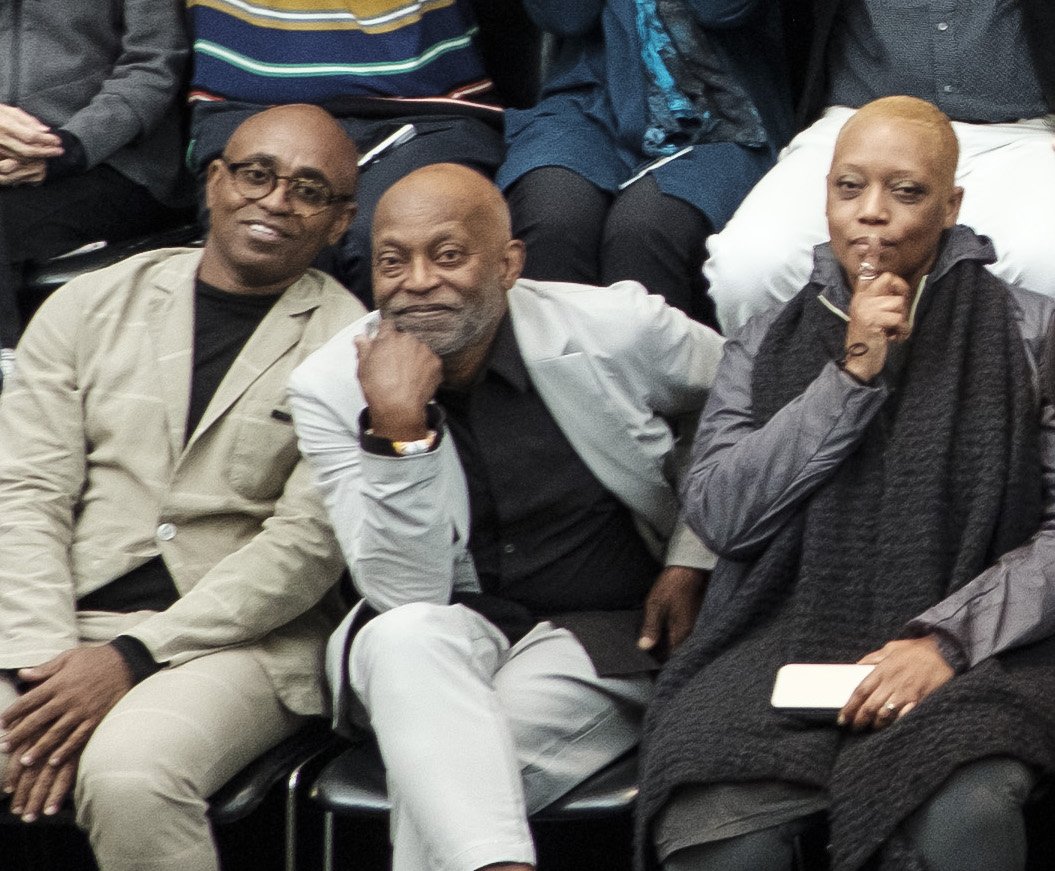
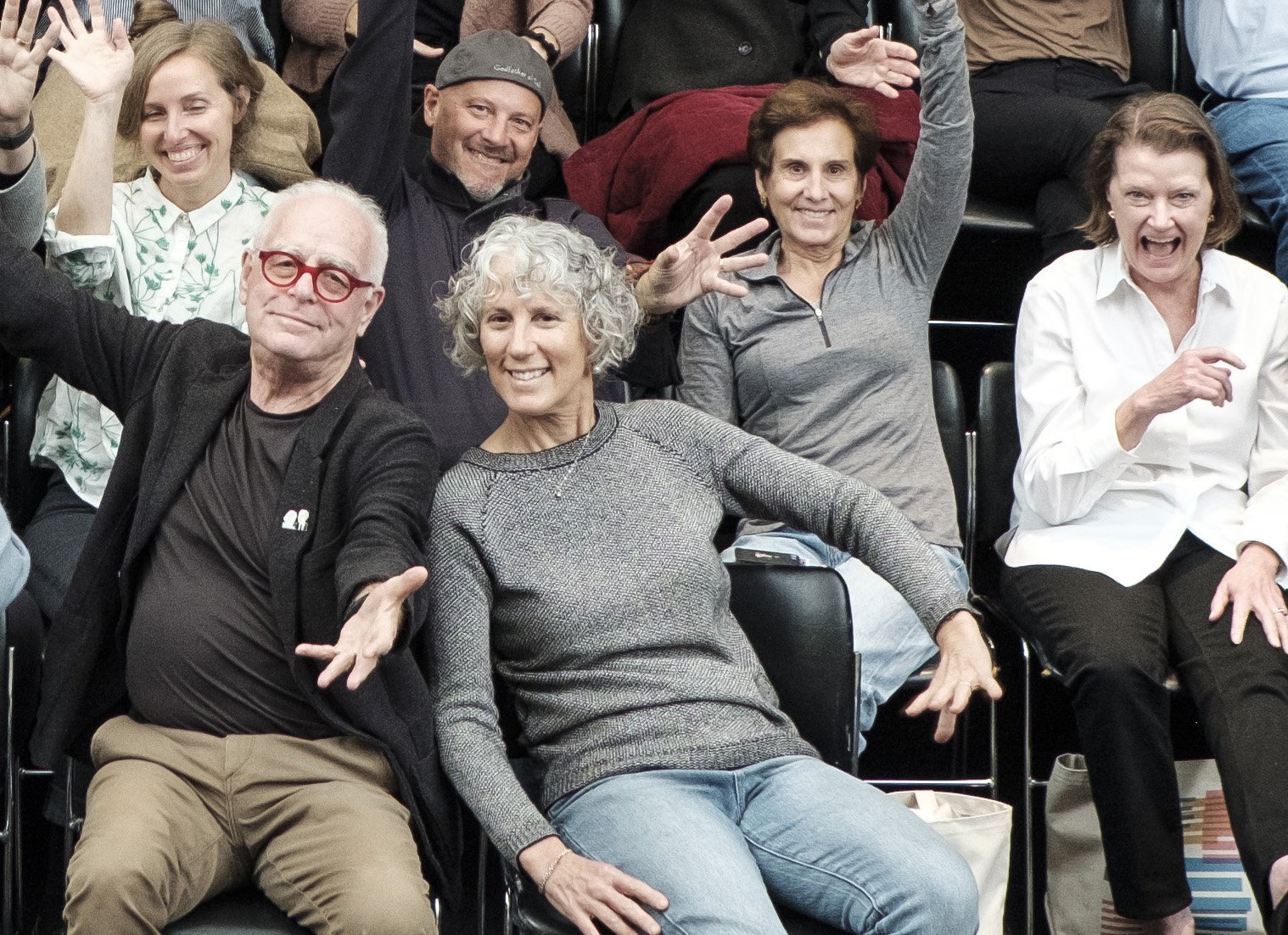
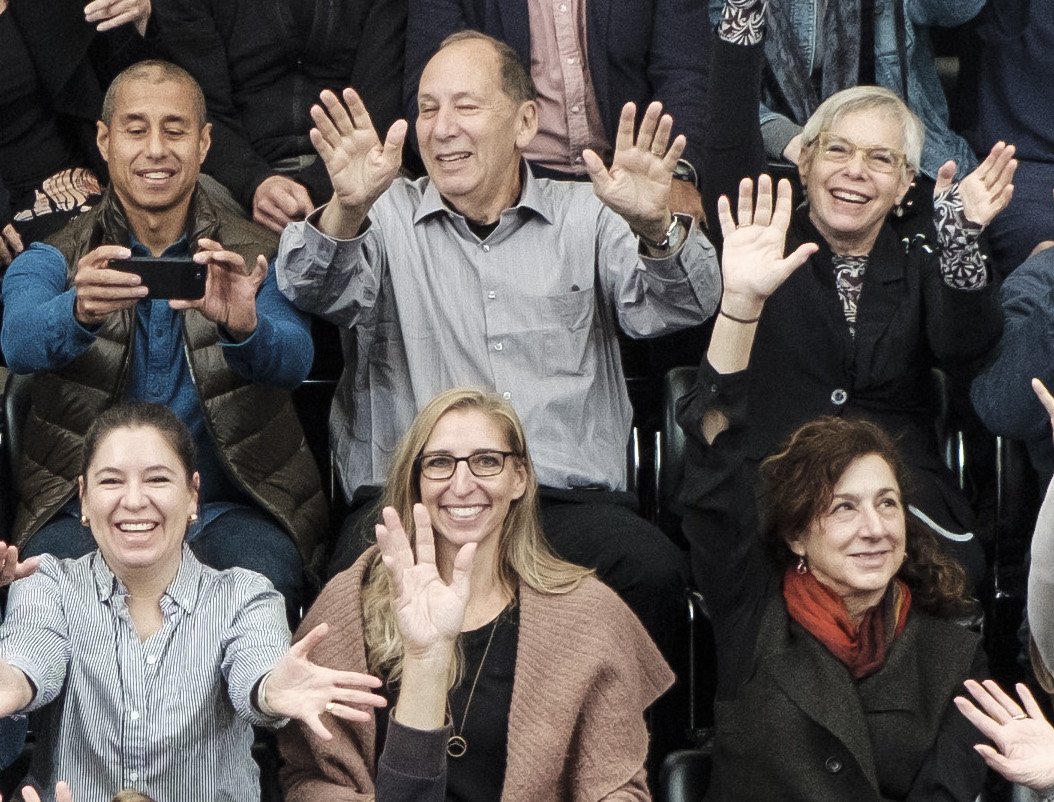
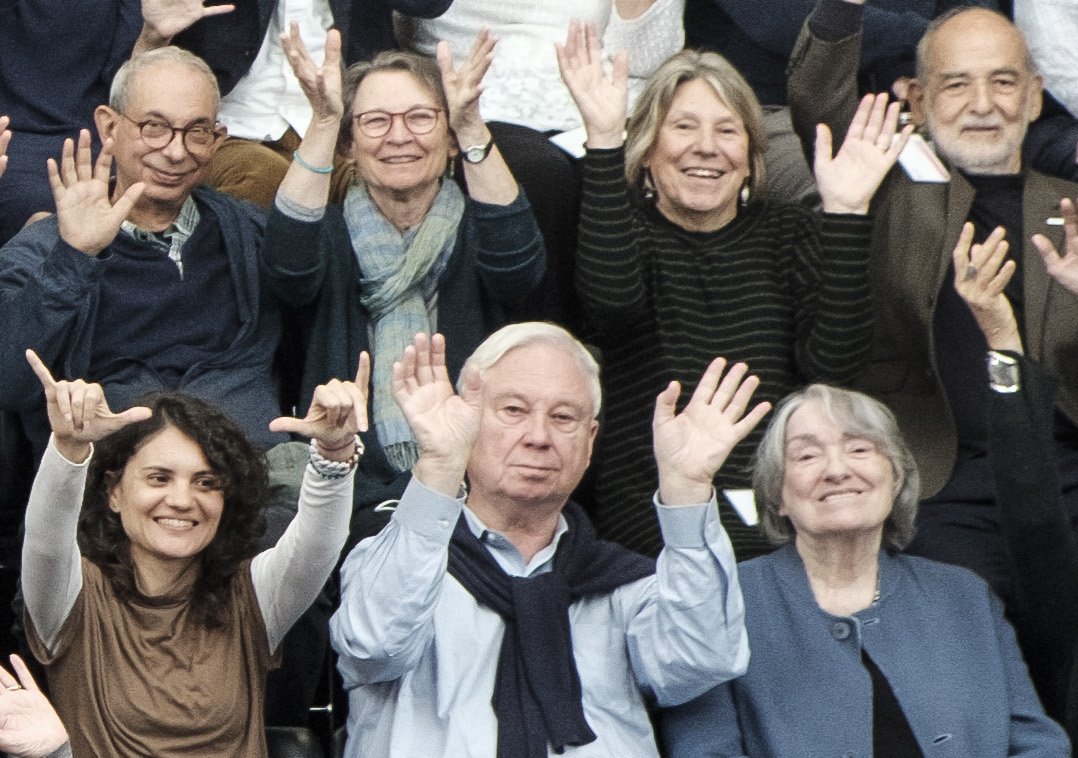
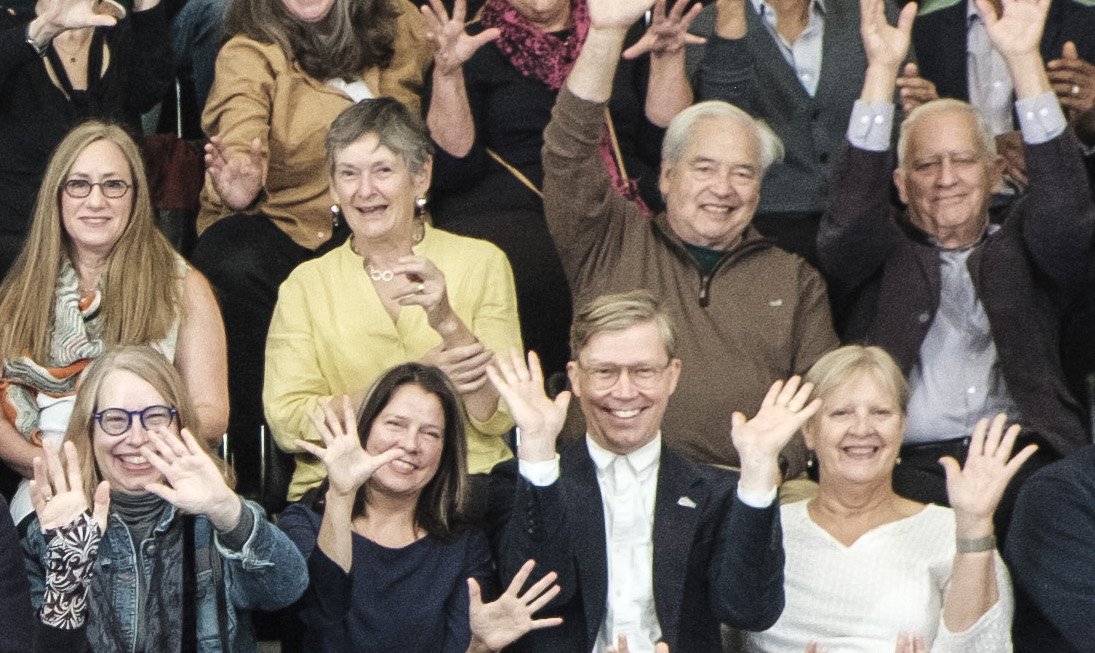
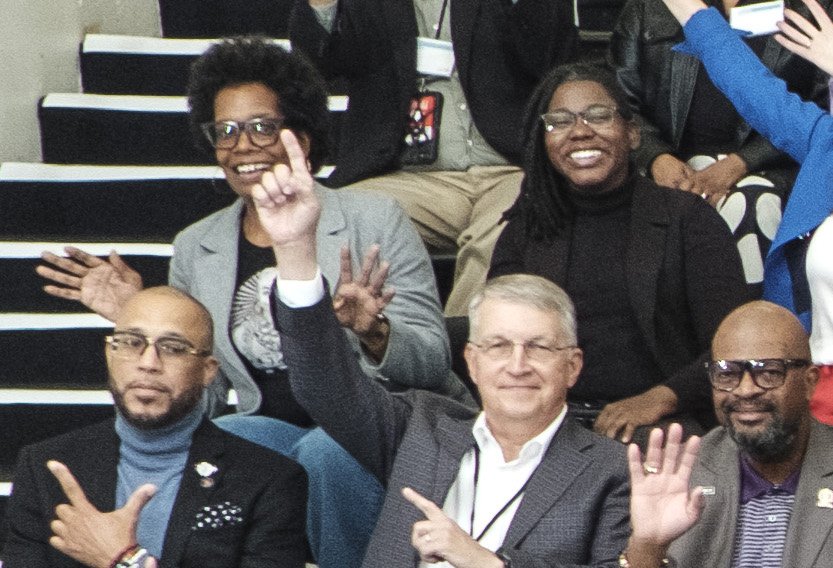
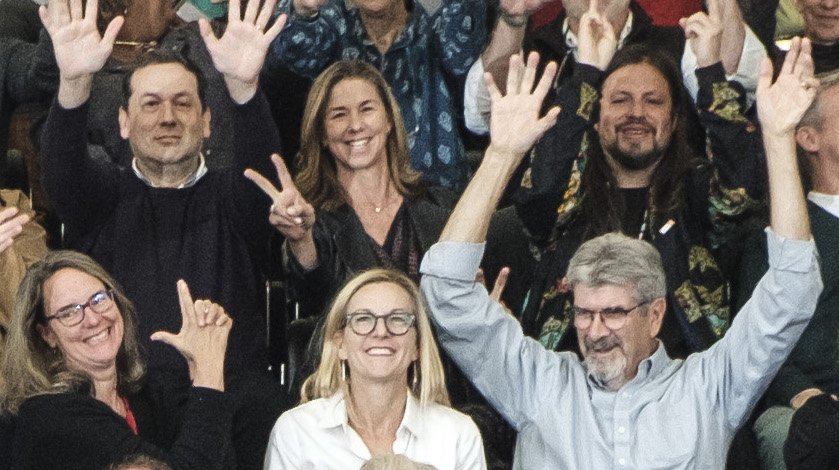
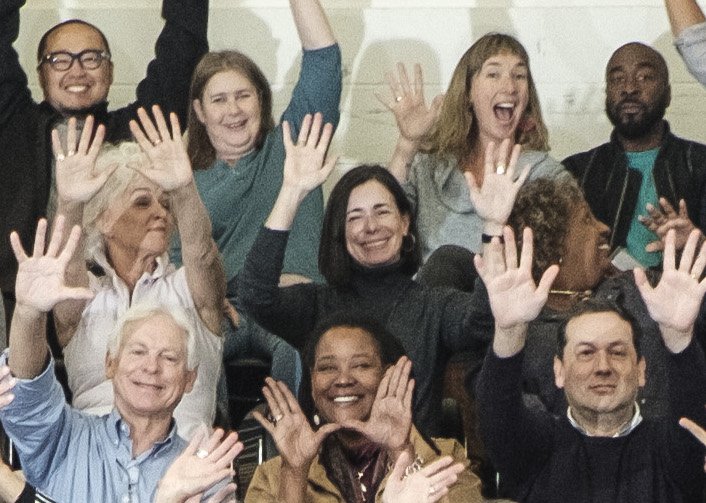
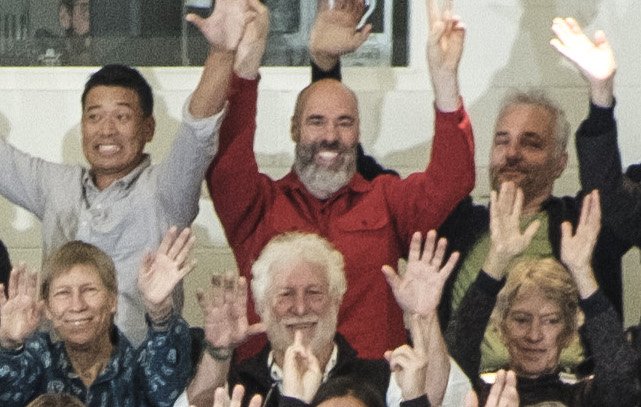
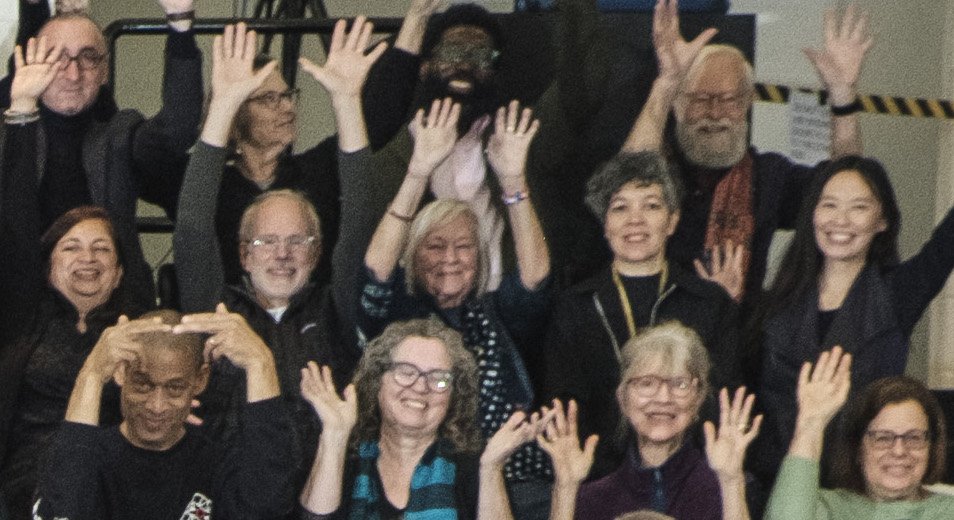
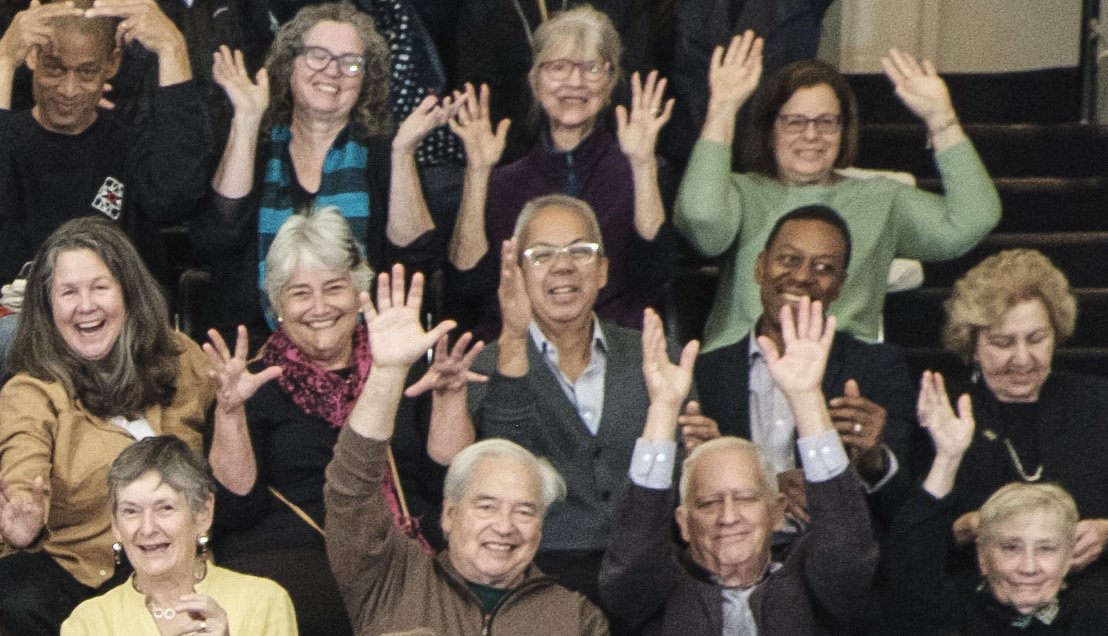
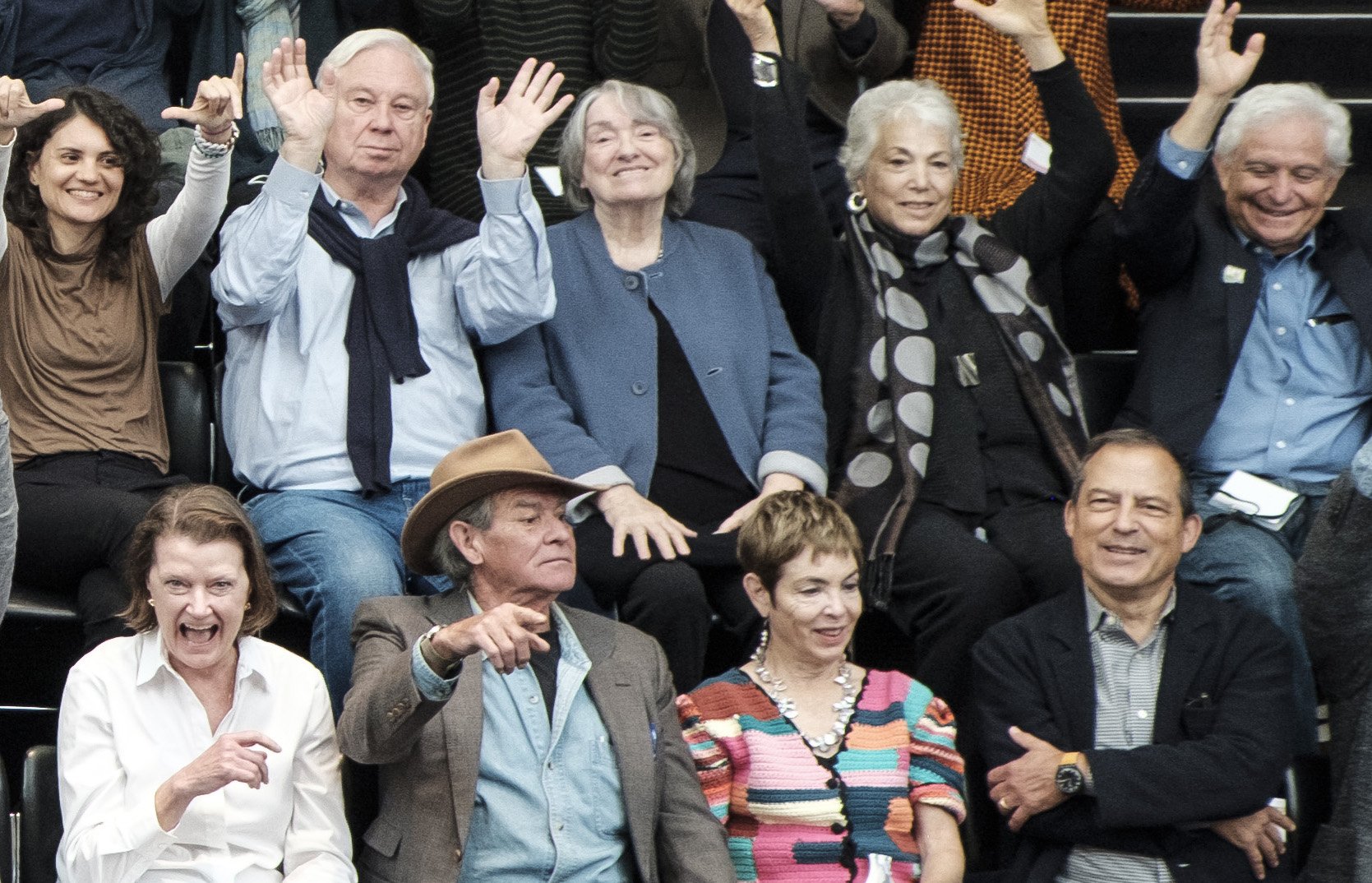
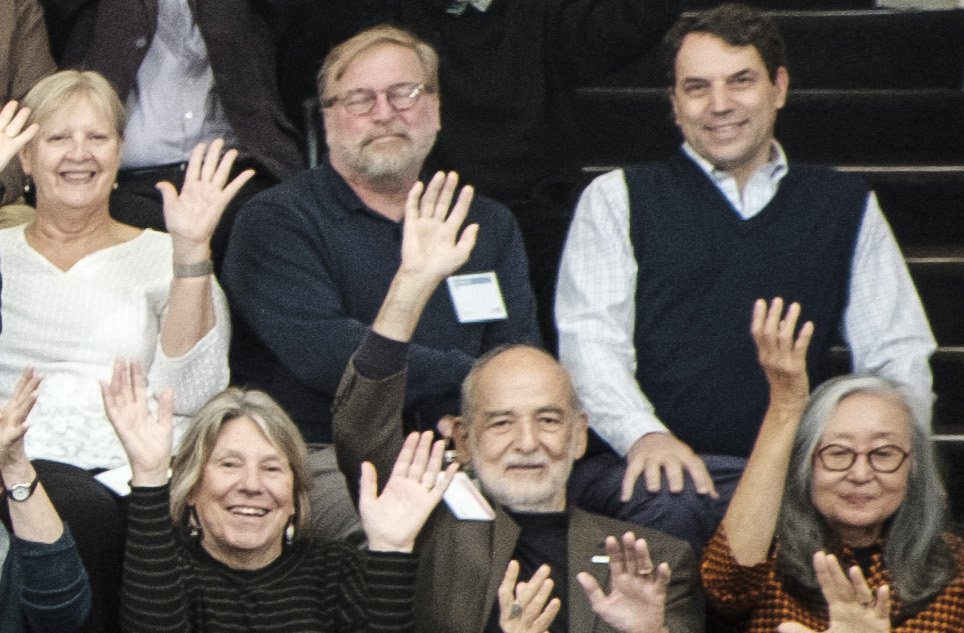
Previous LOEB50 Events 2020 - 2022

Urban/Rural: Divided or Co-joined?
As we all confront racism, economic disparities, climate impacts, lack of access to nature and the challenge of providing clean air and clean water, we often ignore or disregard the role that rural communities and rural landscapes provide for climate resilience, economic opportunity and nature conservation.
This panel discussion is not meant to contrast urban centric vs rural centric views and values but to explore and define areas for collective engagement and action. We will bring together Loeb fellows with deep practical experience in the rural/urban interface and one scientist who has created the spatial template that defines climate resiliency attributes that touch urban, suburban and rural landscapes.
This event was organized by Peter Stein ‘83
Panelists
Mark Anderson, The Nature Conservancy
Mary Means ’81, Mary Means + Associates
Kolu Zigbi ’15, WKZ Consulting
Moderator Peter Stein ‘83, The Lyme Timber Company

Mobility in the Post-pandemic City
The COVID-19 pandemic brought dramatic changes to every aspect of urban life, none more than in urban transportation. Lockdowns in March and April 2020 brought travel to a standstill. Some cities have seized on the opportunity to repurpose street space away from cars, enabling a boom in outdoor dining, biking, and walking. It’s shown how much space is consumed by automobile infrastructure and opened the door to a re-imagining of urban street space. How many of these changes will remain when the pandemic is tamed? At the same time, transit ridership has plunged, devastating public transportation. Enabled by remote work, residential demand has moved to lower density. What are the consequences for the future viability of cities? Can we steer urban transportation towards the zero emissions future we urgently need? What does it mean for efforts to unwind the legacy of racial discrimination within our transport systems?
Panelists
Seleta Reynolds, General Manager, Los Angeles Department of Transportation
Dorval Carter, President, Chicago Transit Authority
Rit Aggarwala, Executive-in-Residence, Closed Loop Partners
Moderator Andrew Salzberg ’20, Independent Climate Change & Transportation Consultant
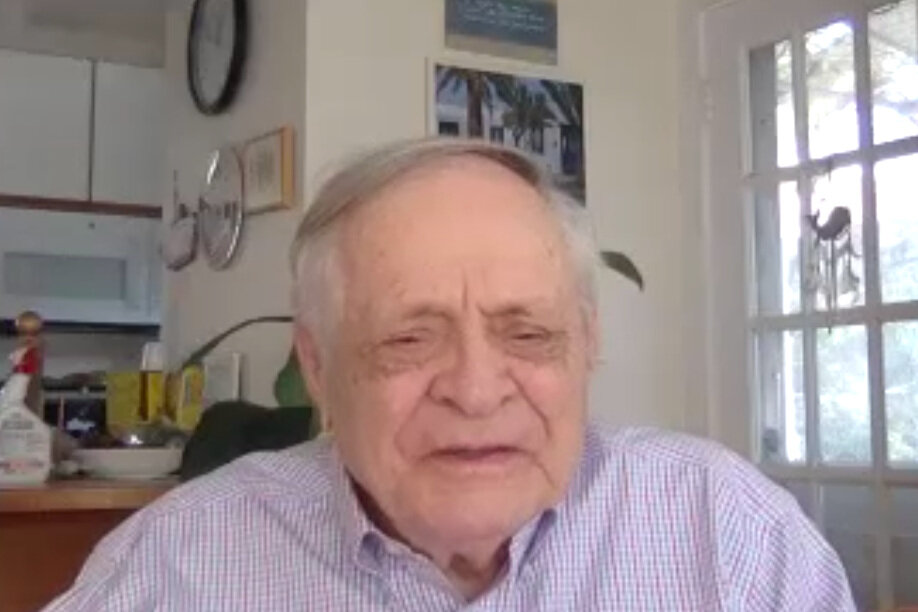
A Conversation with Bill Doebele
Kathy Barrie ‘94 moderated a conversation between Bill and Loeb alumni who reminisced and paid tribute to him for initiating, building and shepherding the Fellowship through its first decades. Watch the video of the Jan. 12 event

Memorial Lunch
Loeb Fellows around the world toasted John and Frances Loeb and the Fellowship they made possible 50 years ago. Watch the gathering in speaker view or gallery view.

50th Anniversary Lecture
Professor Edgar Pieterse, Director of the African Centre for Cities at the University of Cape Town, delivered the 50th Anniversary Loeb Lecture on October 8. Watch him address the phenomenon of radical and rapid urban change in a city, a country and a continent.
Virtual Gathering
Following Pieterse’s lecture, Loebs gathered to reflect on and toast 50 years of fellowship. If you missed the party, watch it here in speaker view or gallery view.
Loeb 50 Series
The Fellowship is hosting a series of online public programs designed to advance critical conversations on the social consequences of the built environment. It is curated by founder and co-editor of Cityscapes magazine Tau Tavengwa LF '18.
On Politics: The Future of Civic Engagement
Andrea Reimer, ‘19 discusses her ideas about the role of civic leadership and engagement in the design professions, especially in times of social, political, and economic turmoil. How do we rethink leadership and political advocacy as the nature of civic and public participation changes? Watch the video
#1: Fifty (More) Years
On Sept, 17, Curators John Peterson, Jim Stockard and Bill Dobele, moderated by Tau Tevengwa ‘18 reflected on the conditions that precipitated the founding of the program, the work Loeb Fellows have done over the last half-century to advance positive social outcomes, and how practitioners can find new approaches to tackling global challenges. Watch the video

#2 Design and Activism Now
On November 10, Damon Rich ‘07 and Deanna Van Buren ‘13 moderated by Ingra Saffron ‘12, discussed how practitioners in the built environment can pursue activism in and through their work, while also balancing the realities of being part of a service profession. Watch the video



